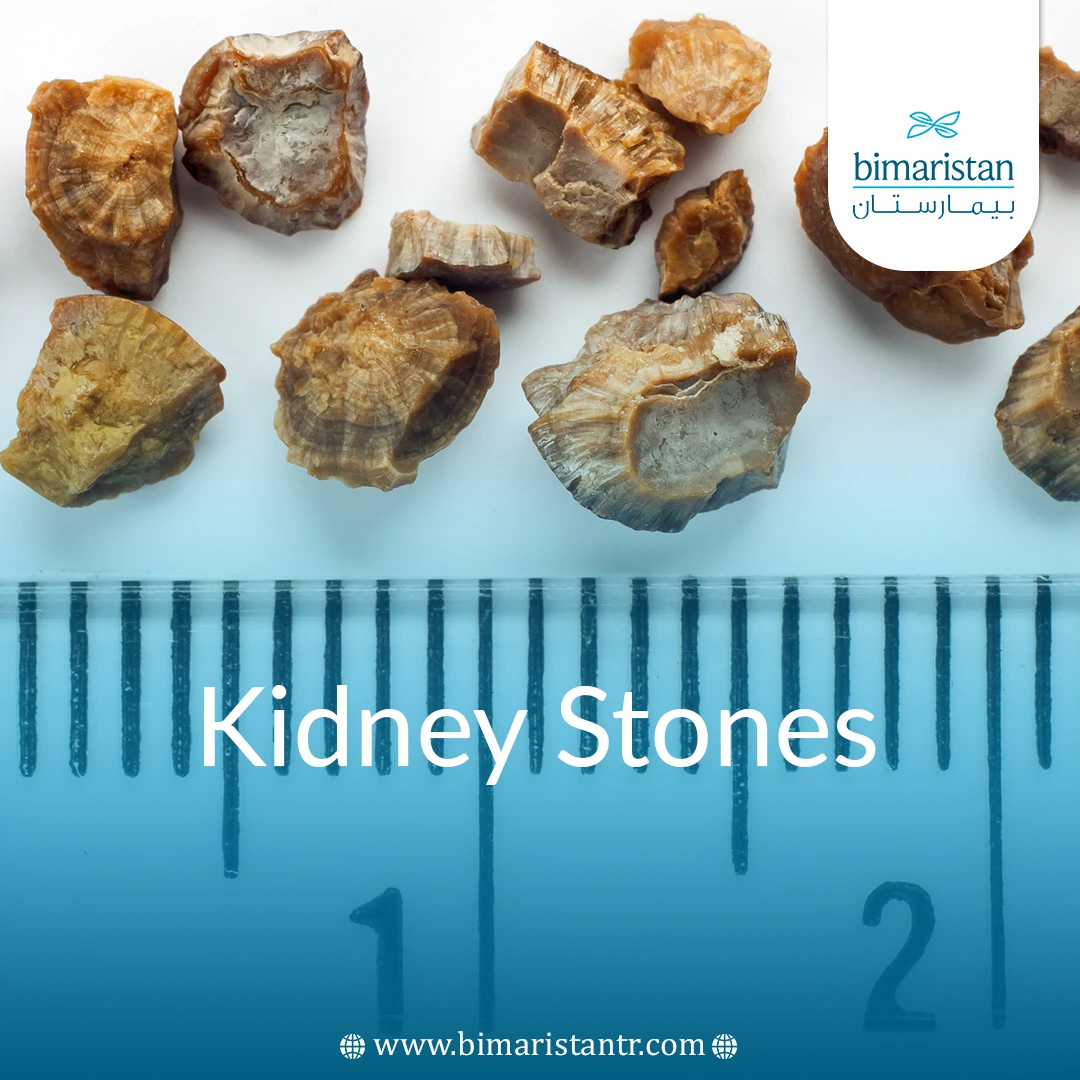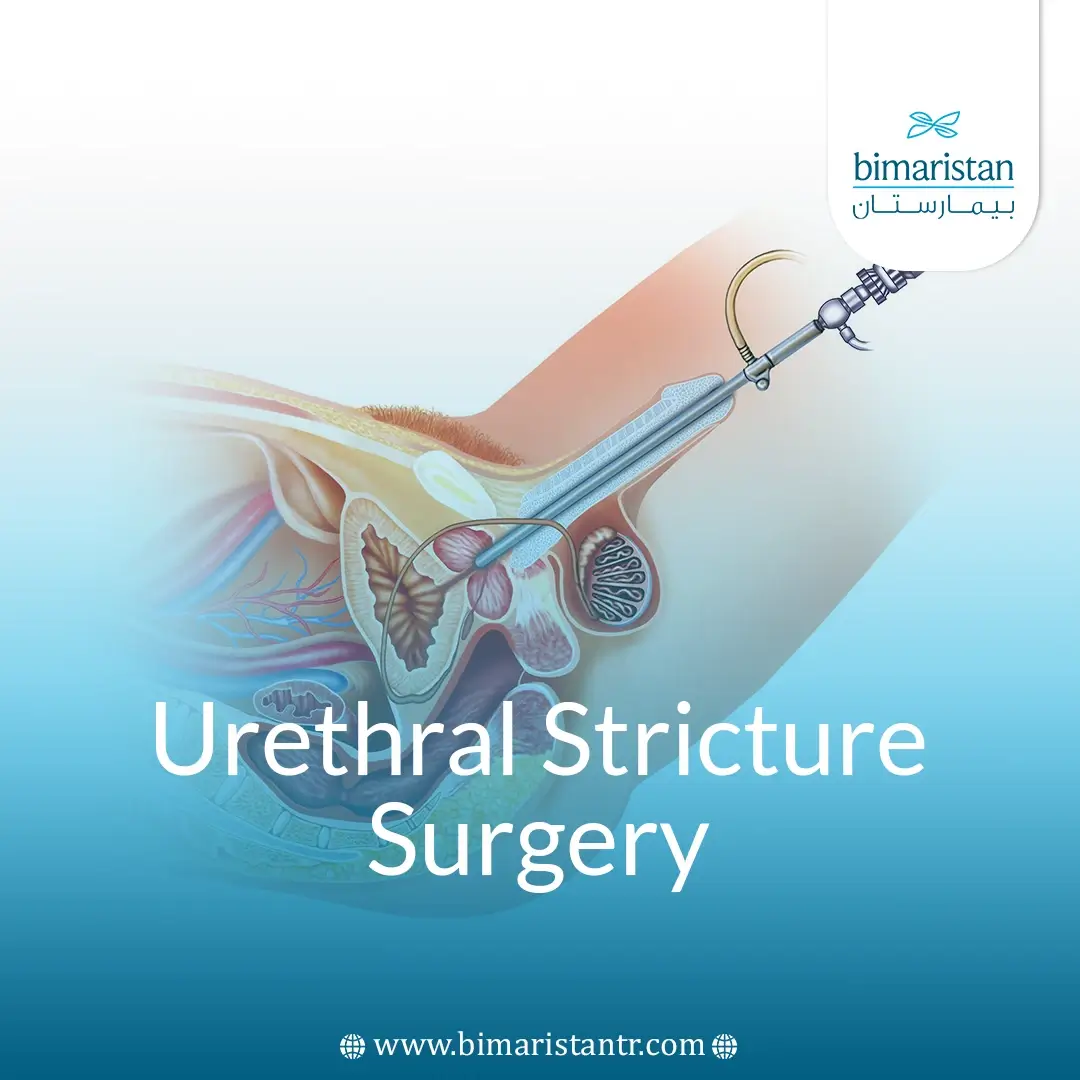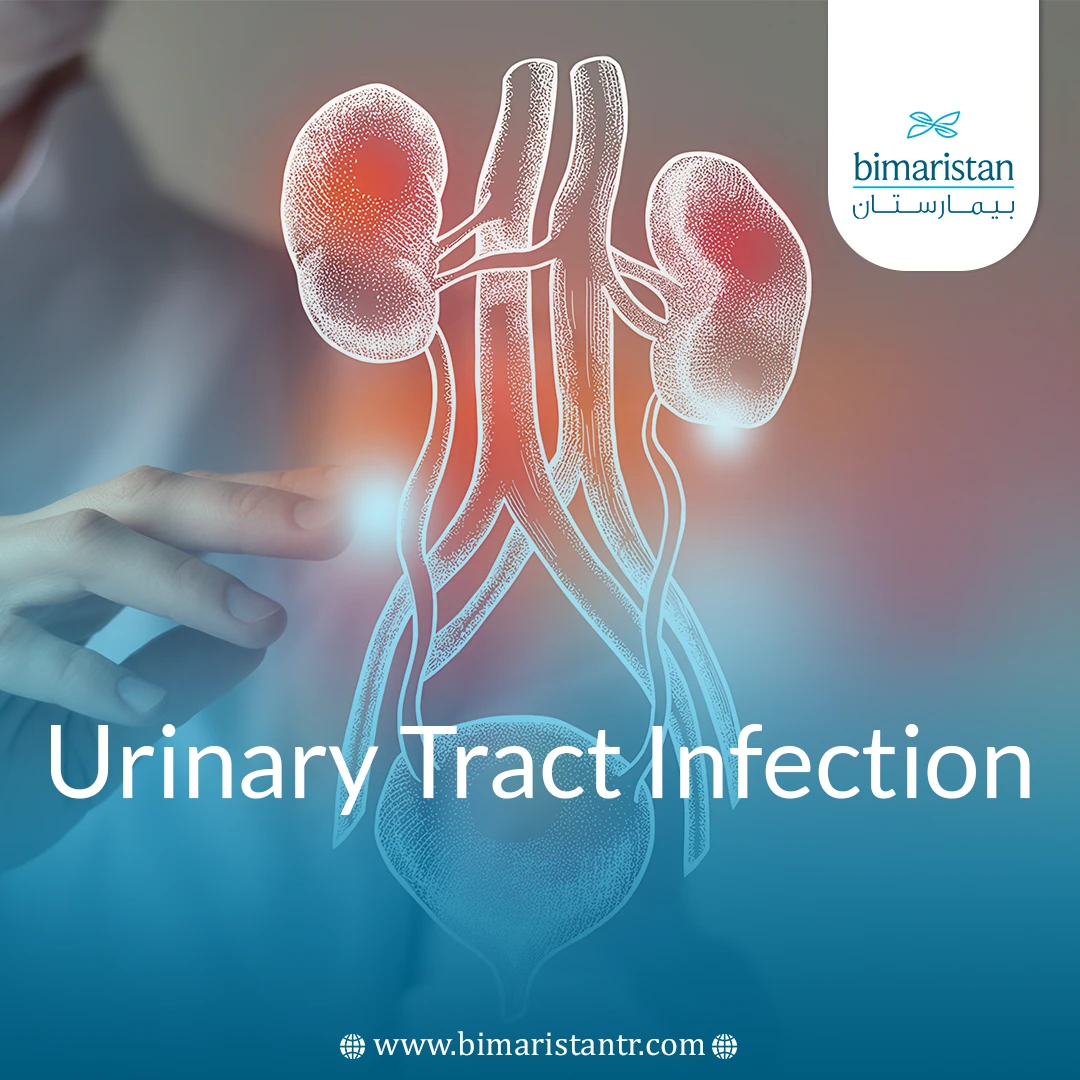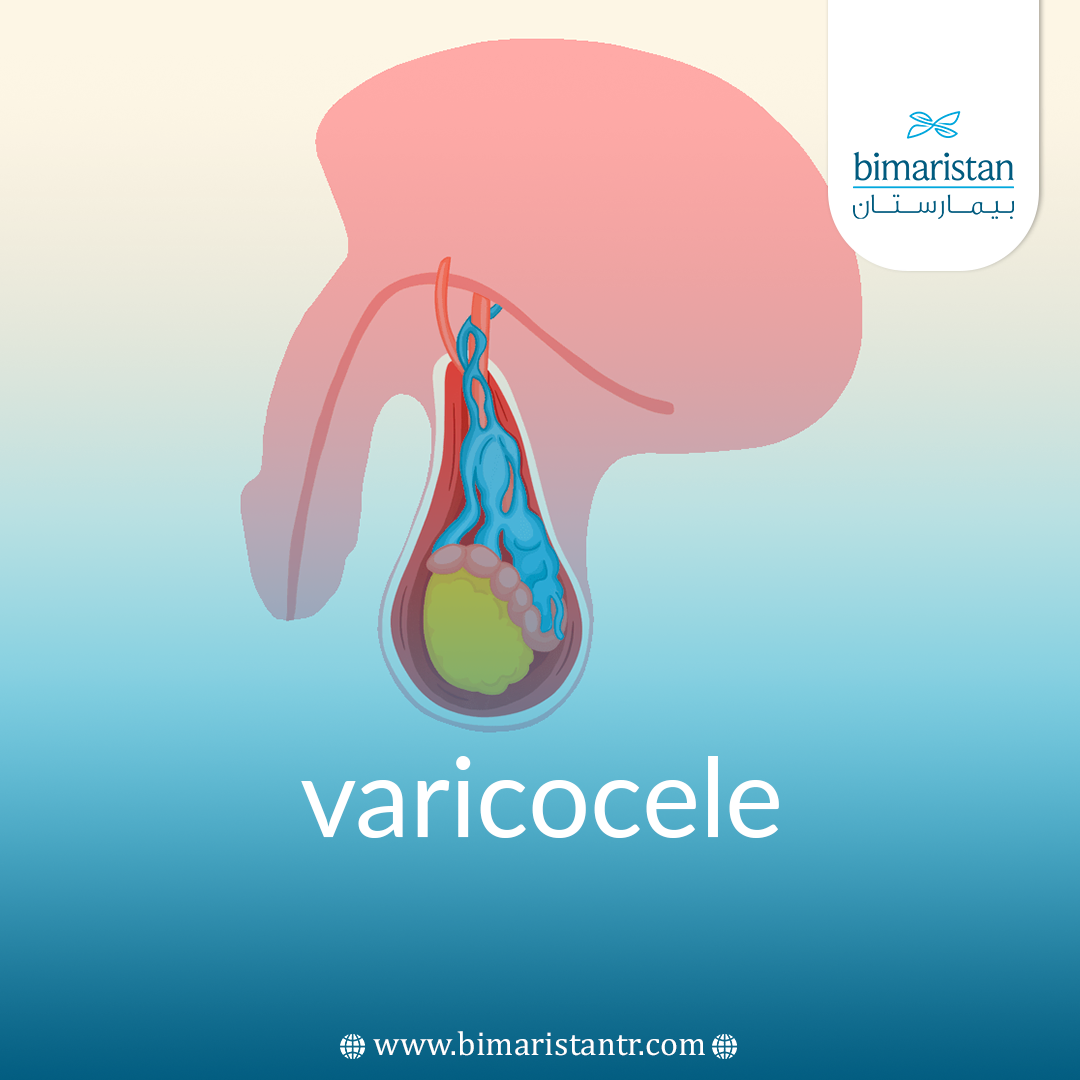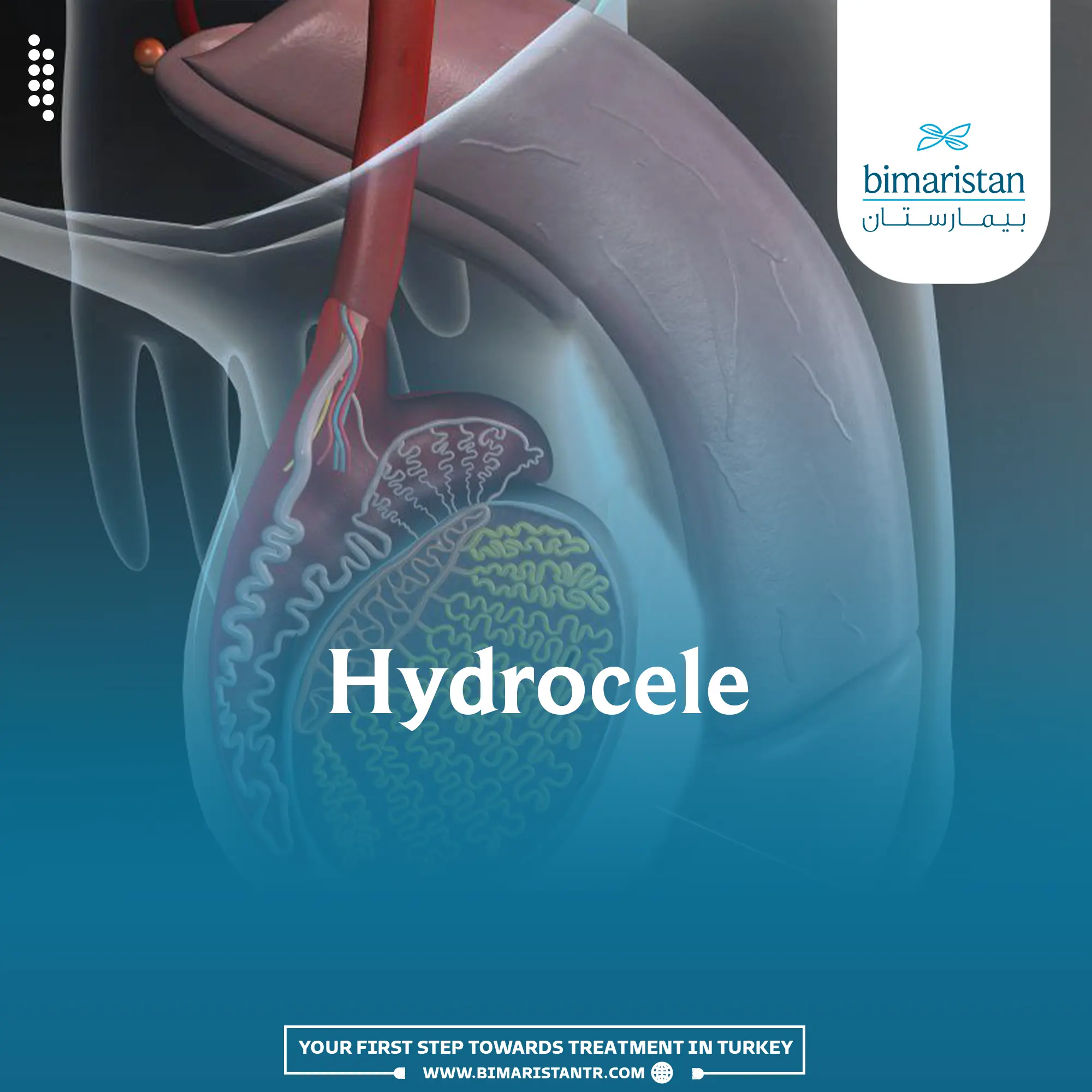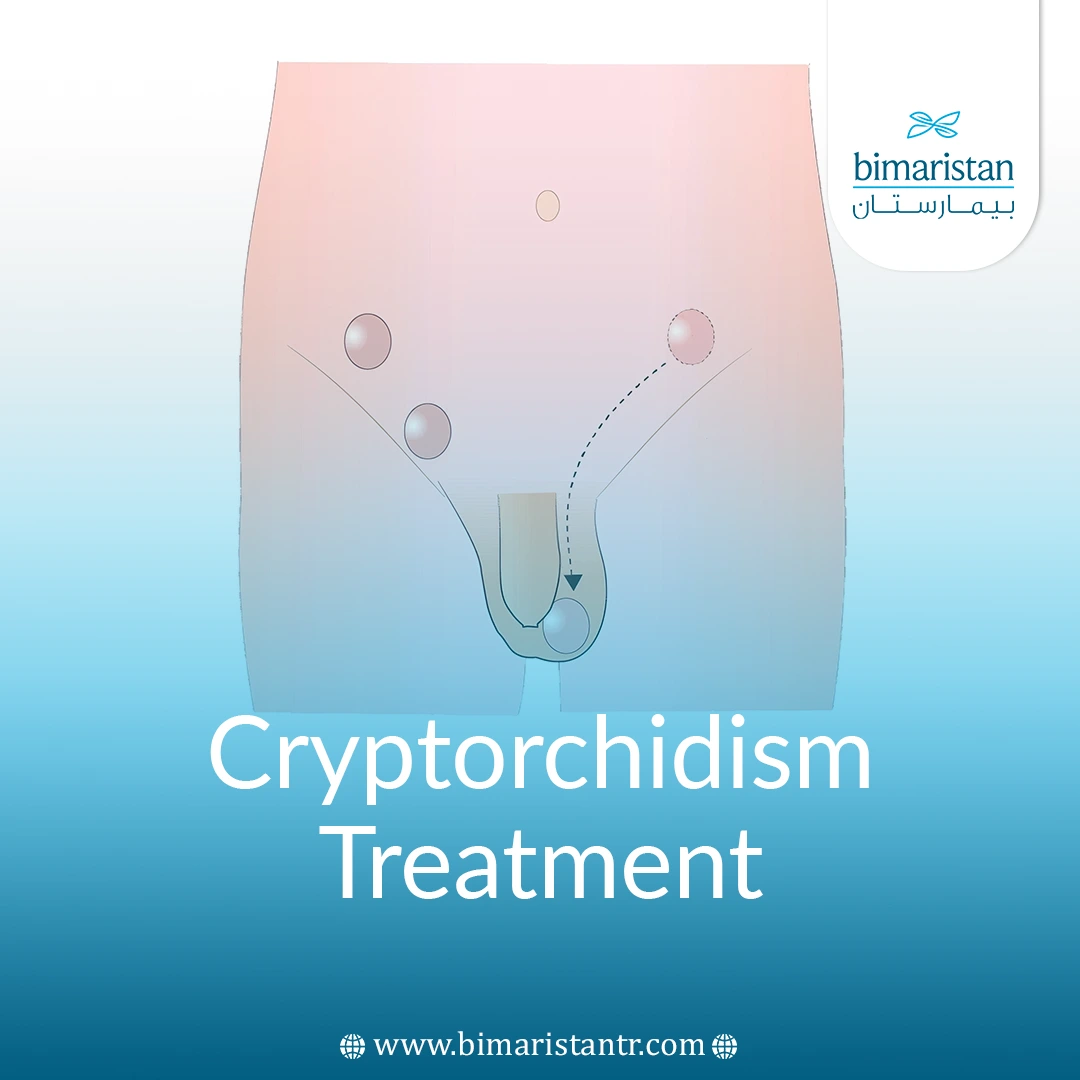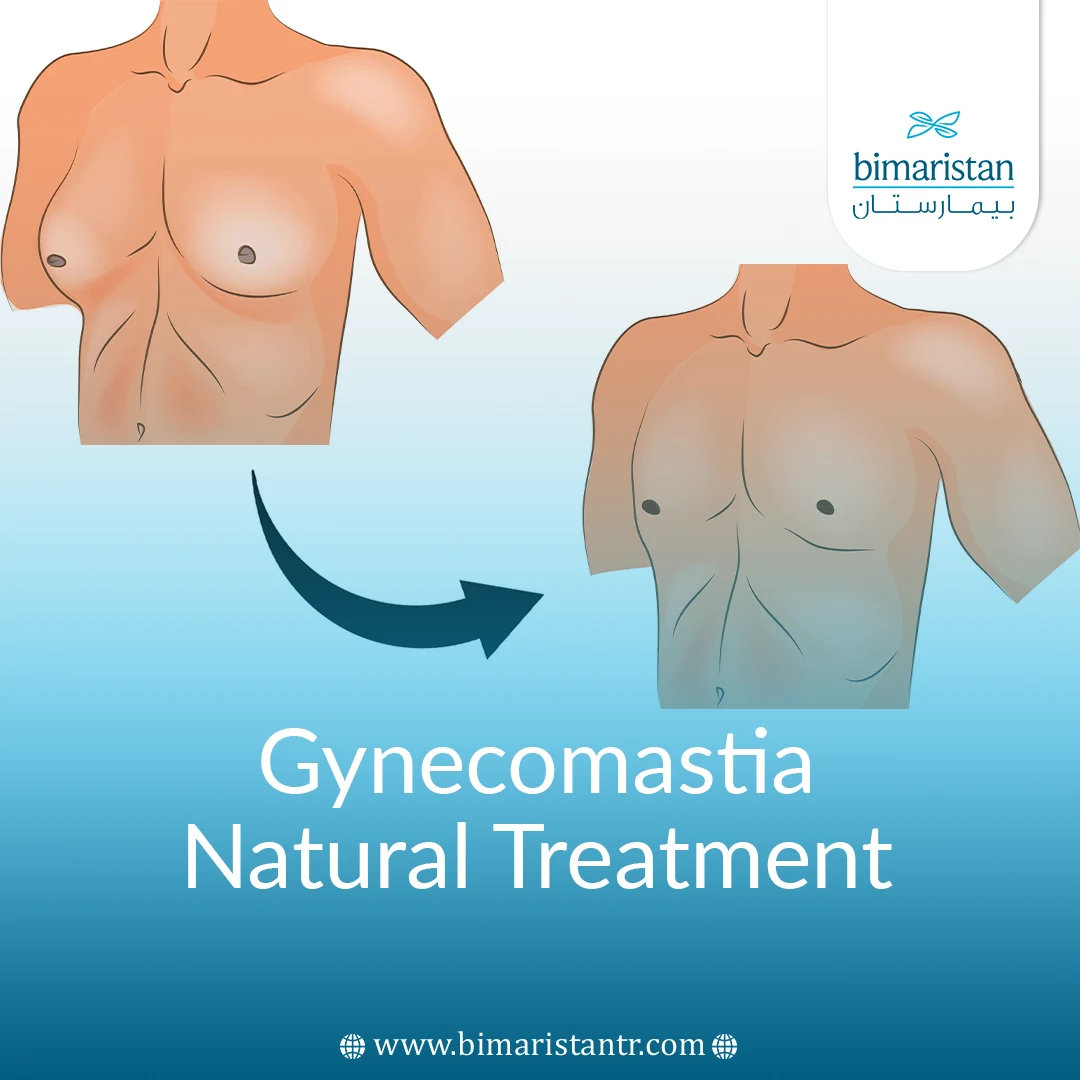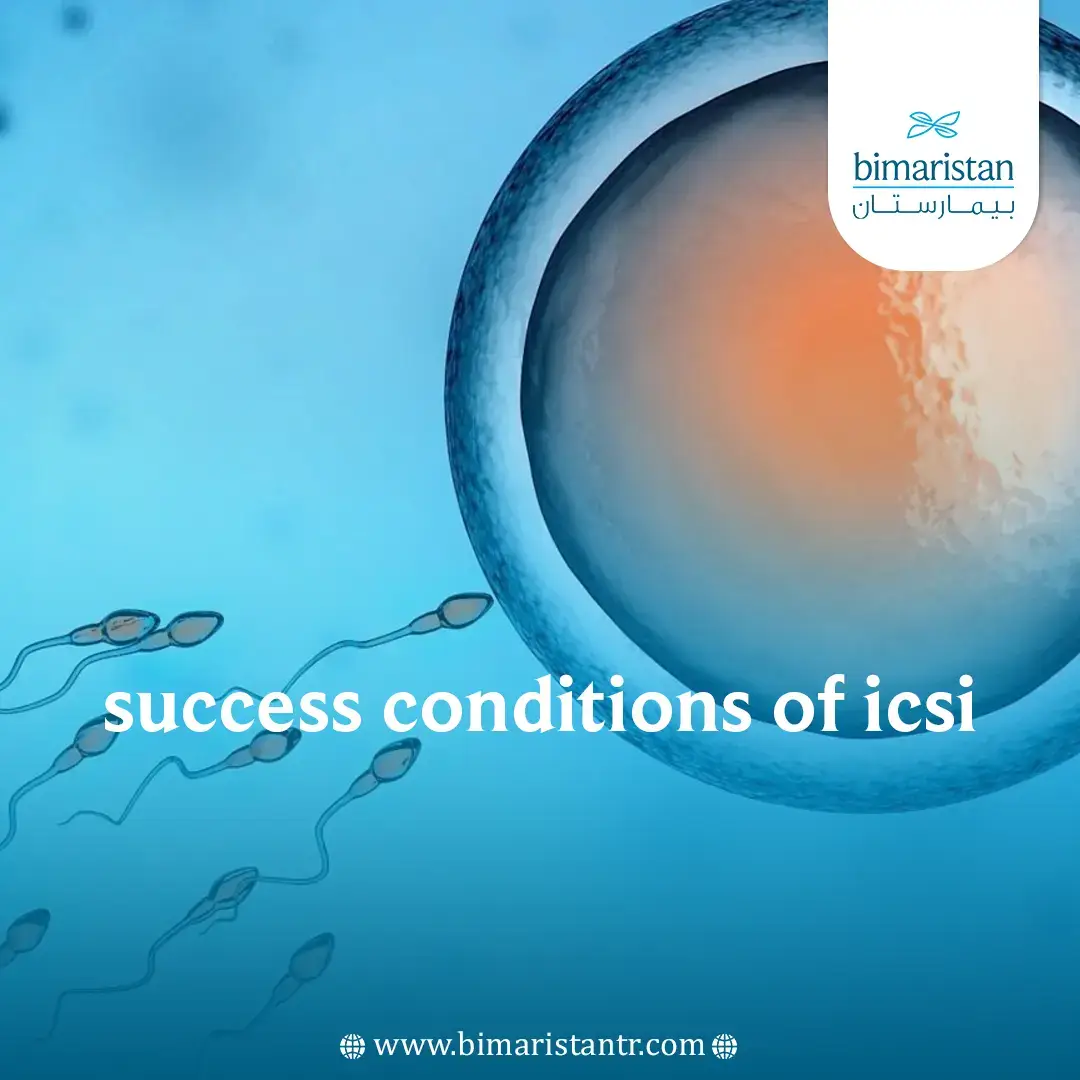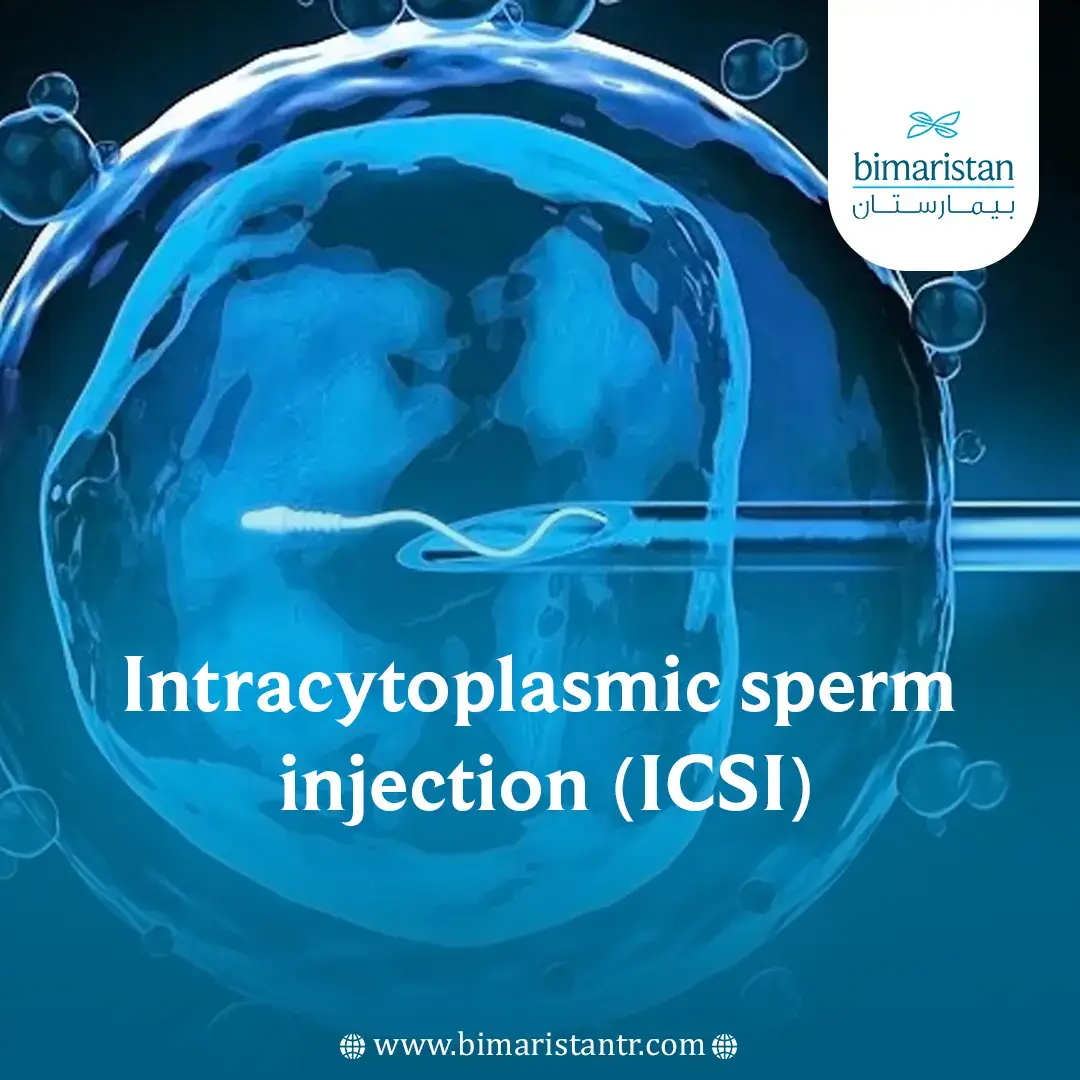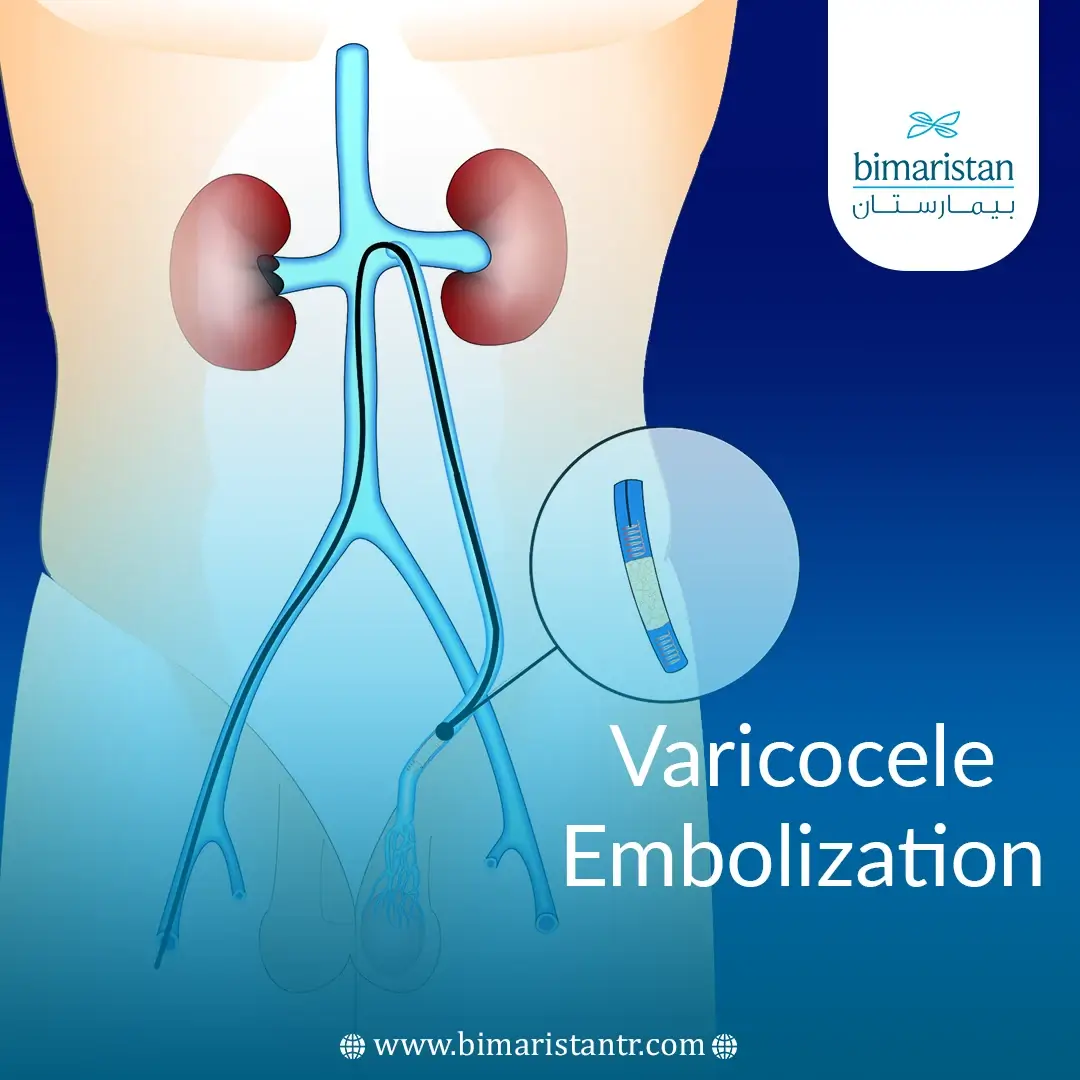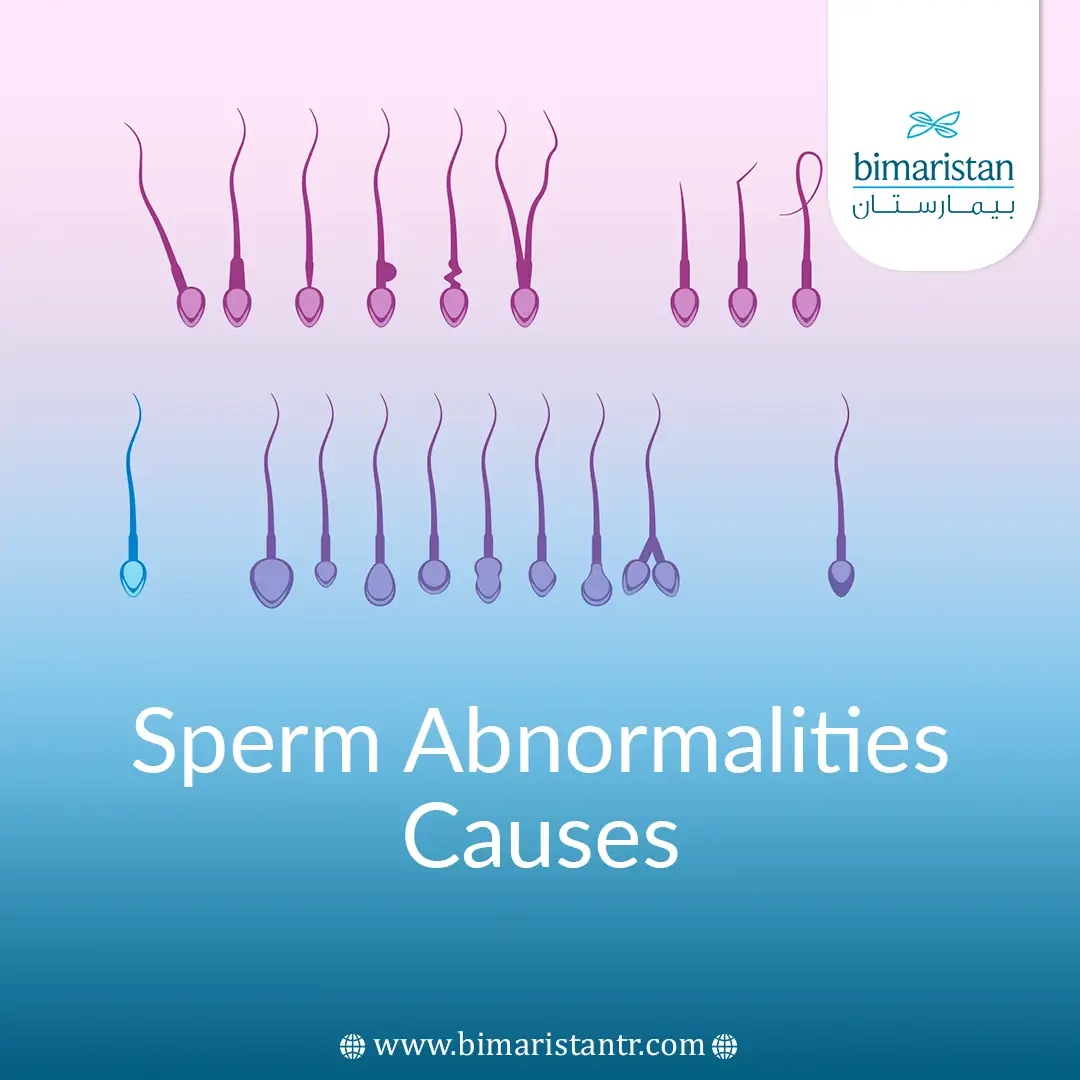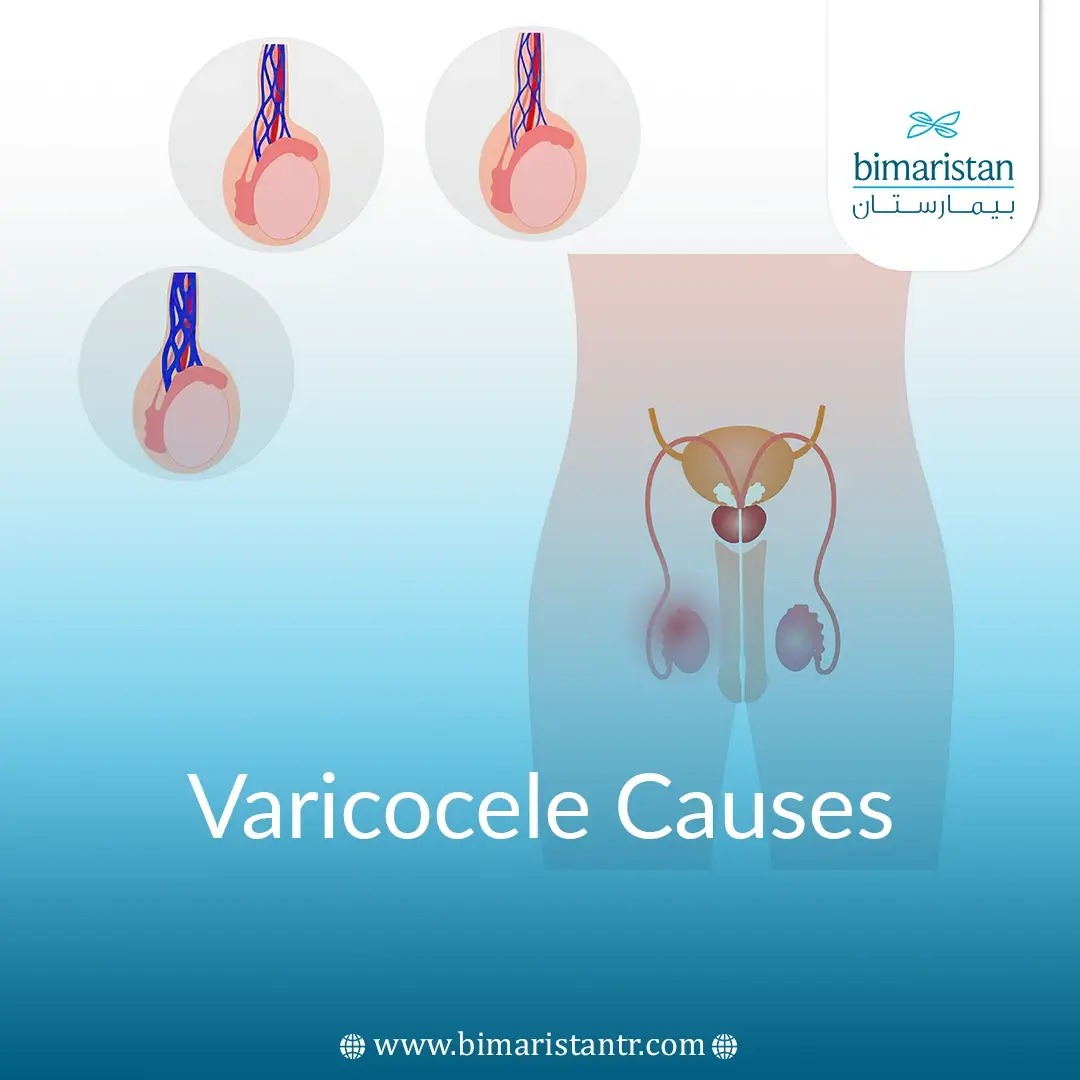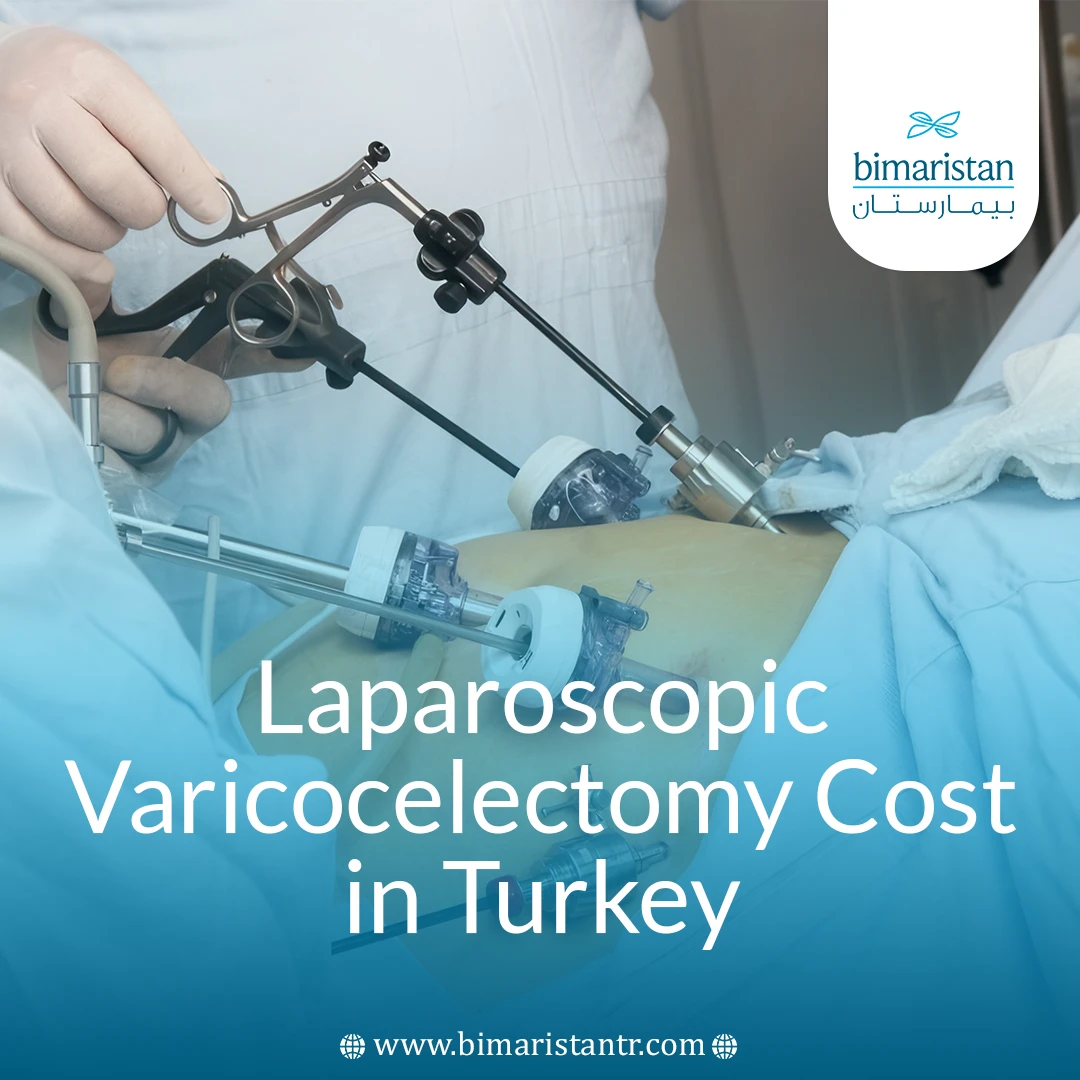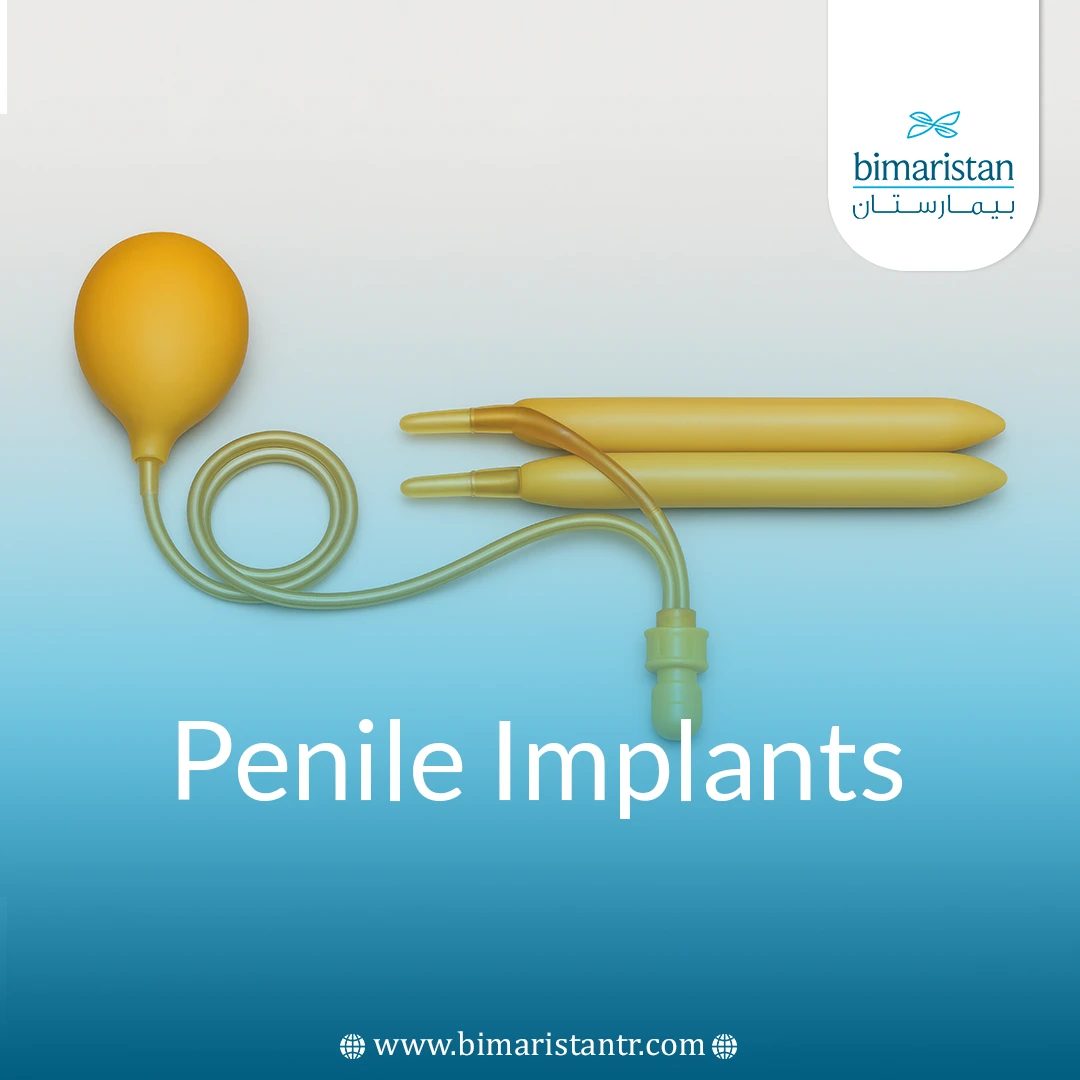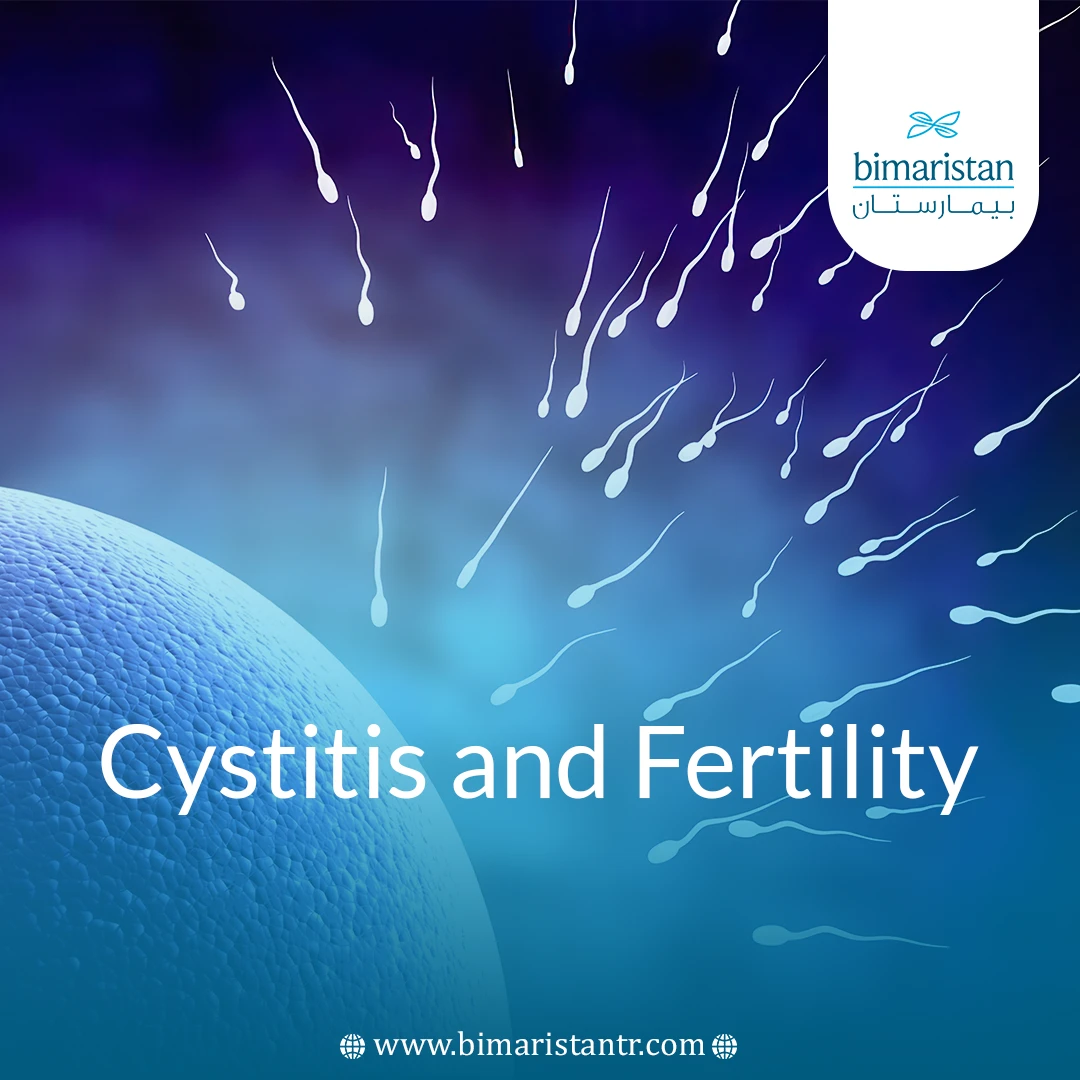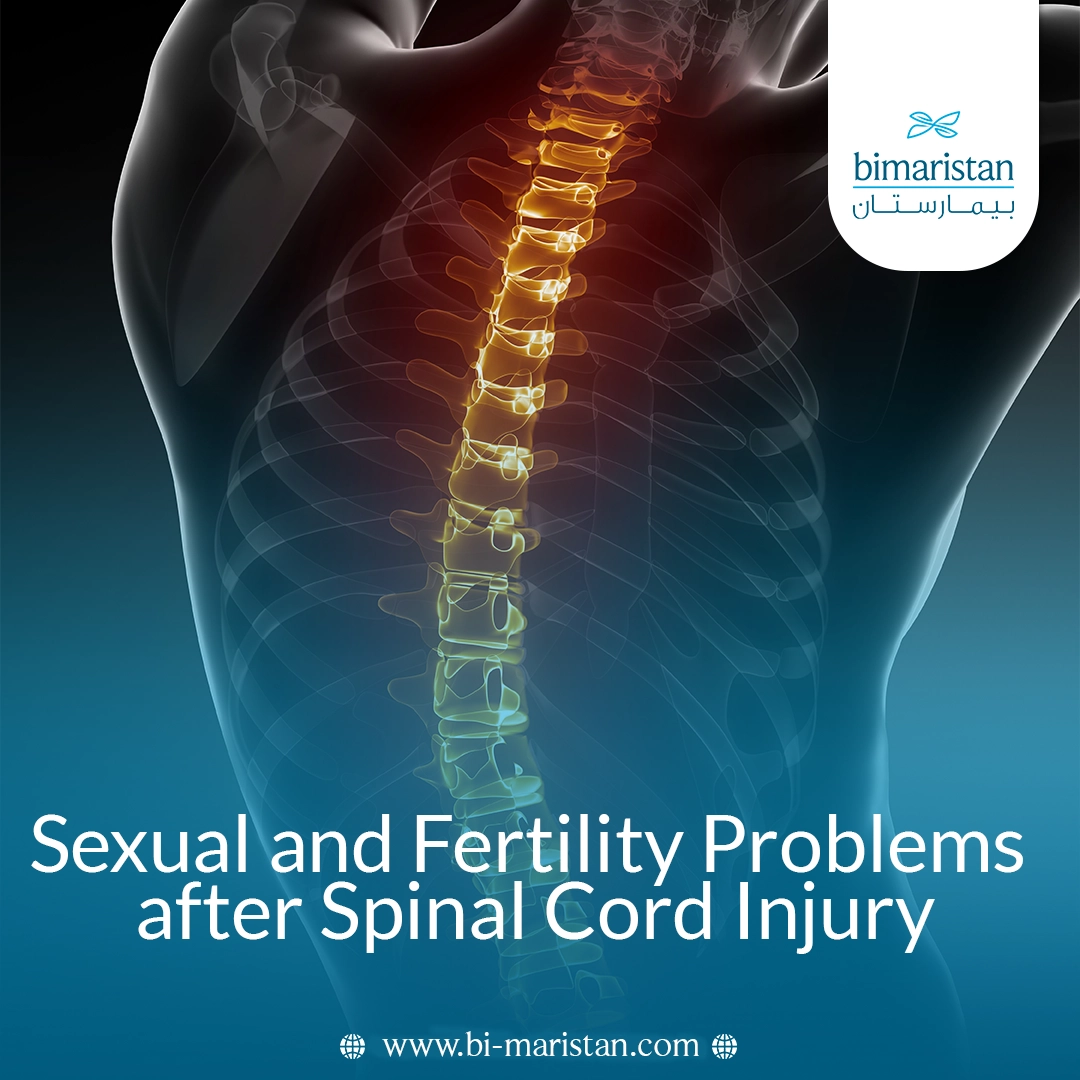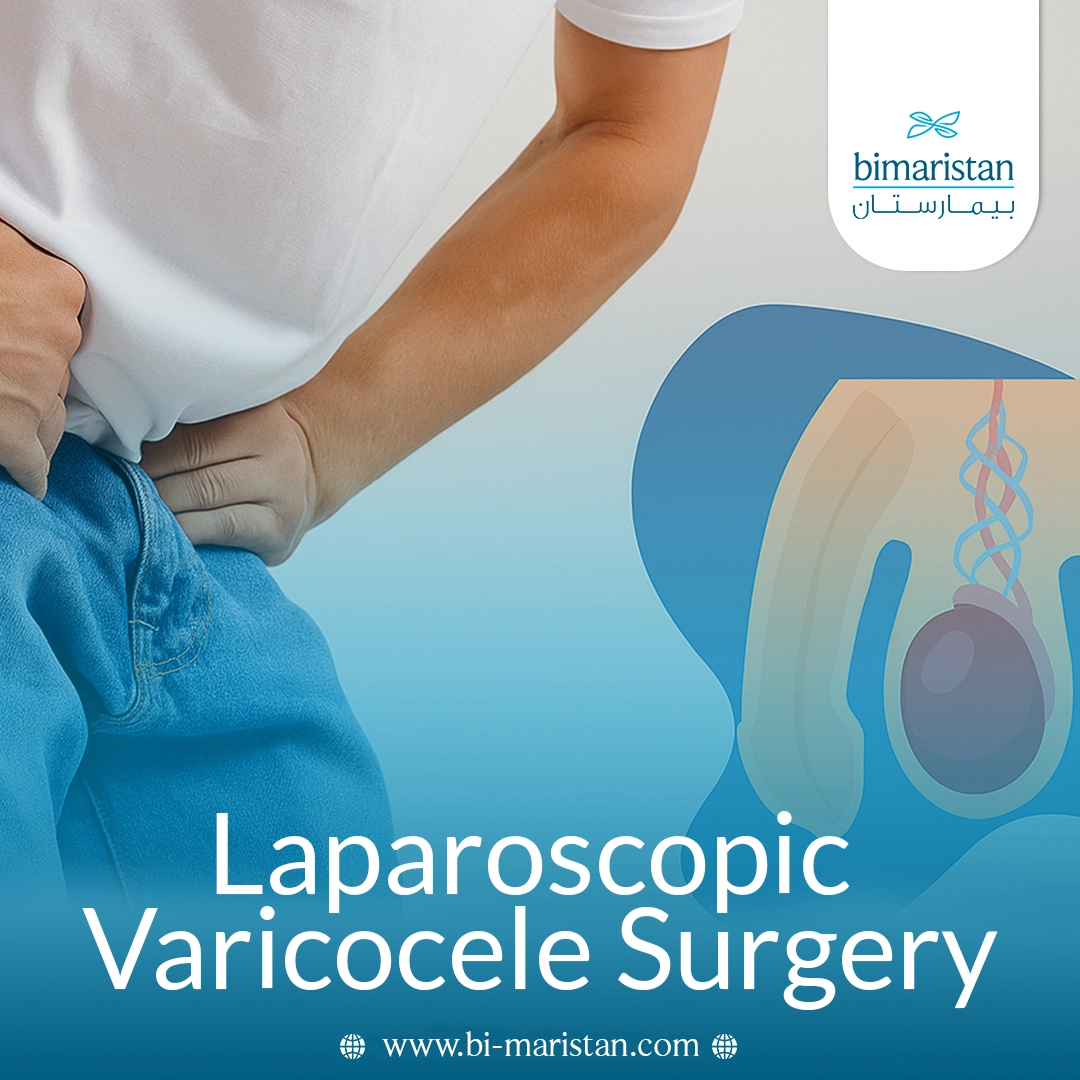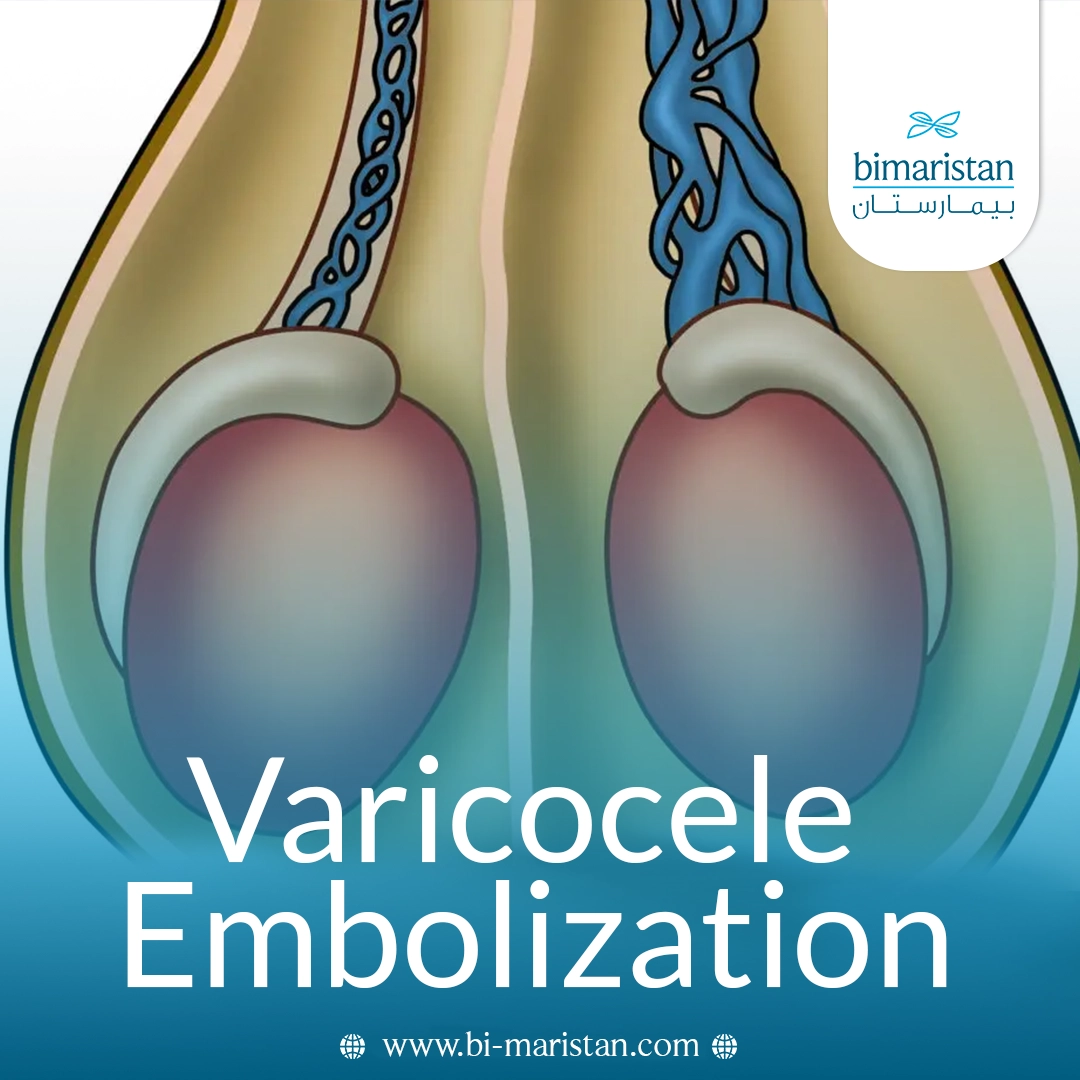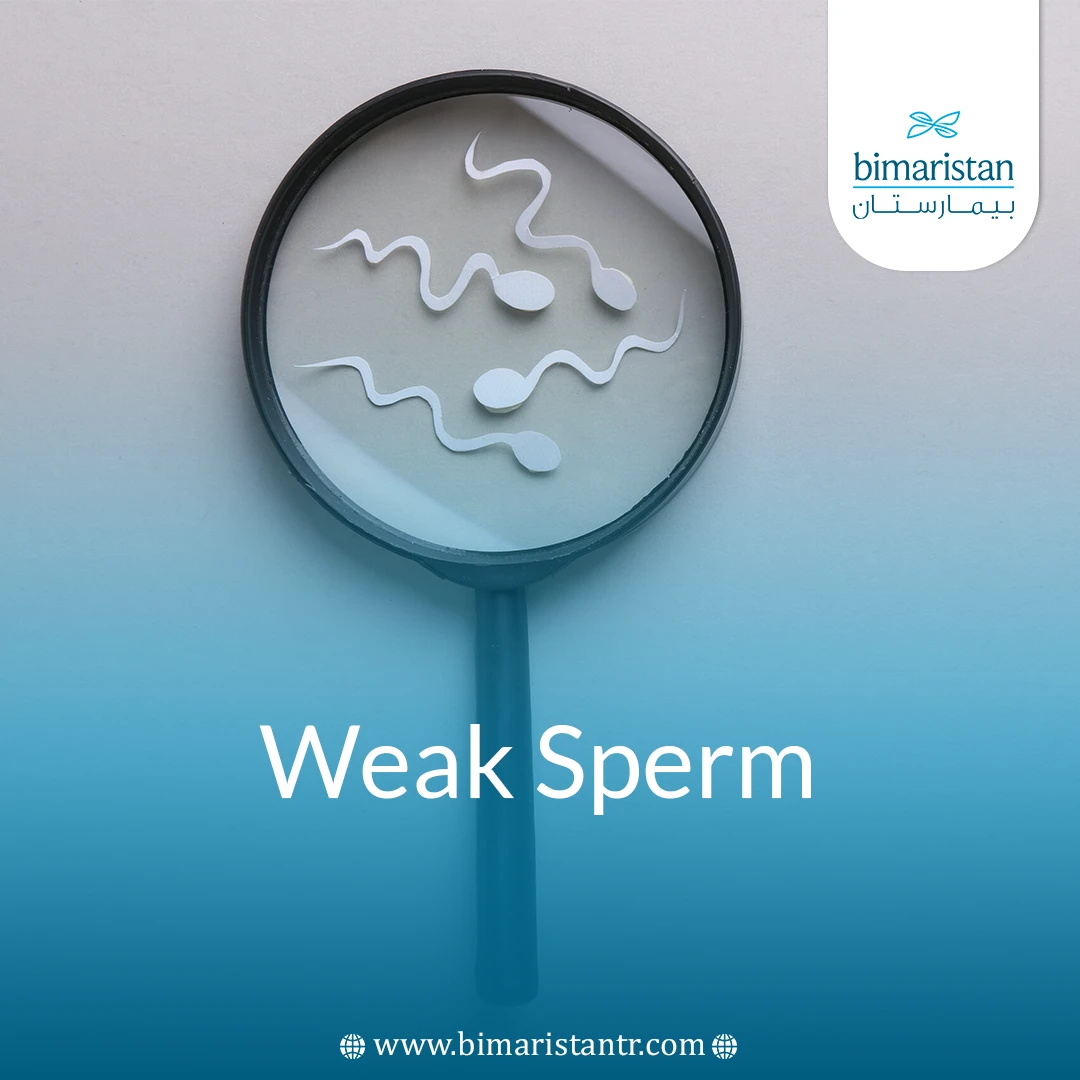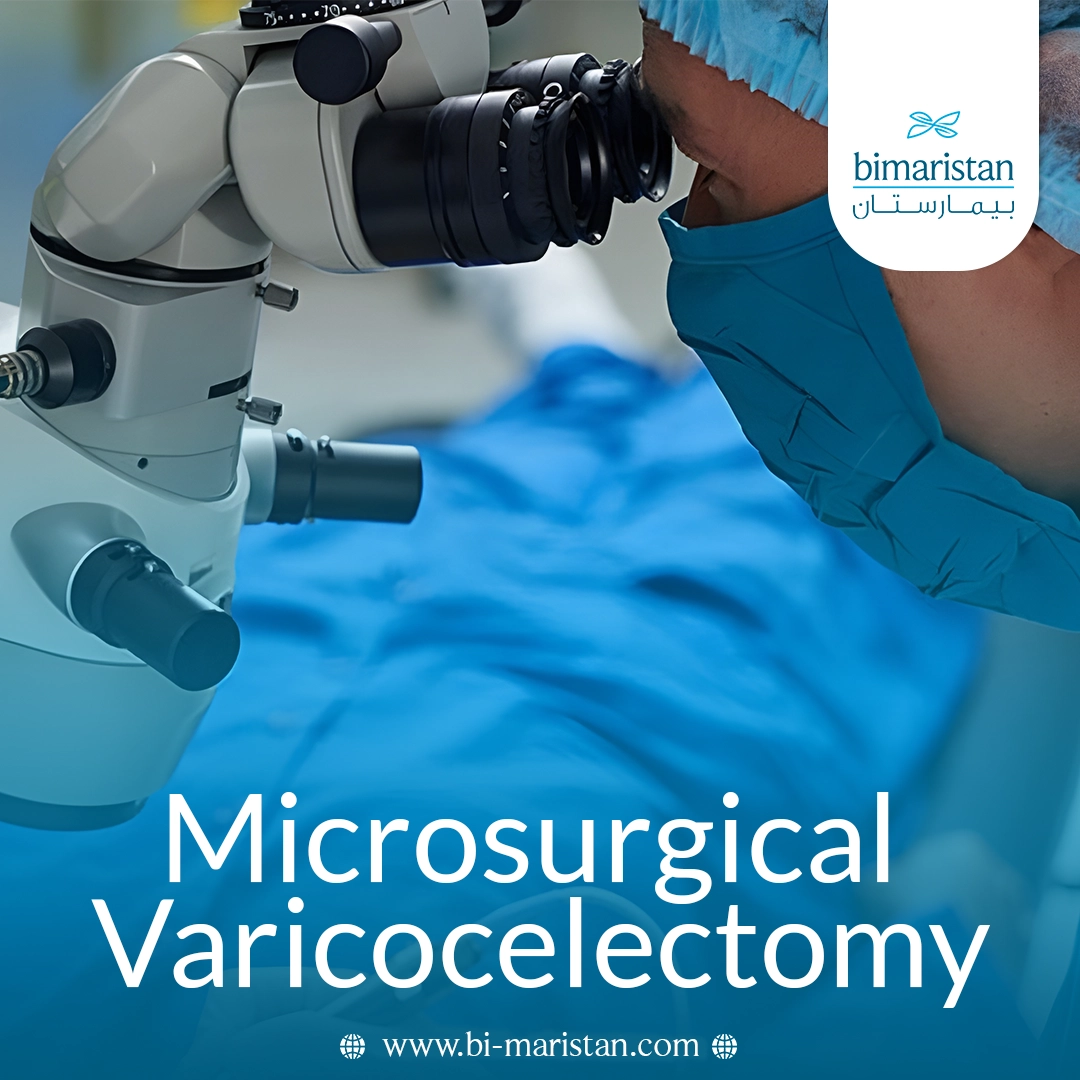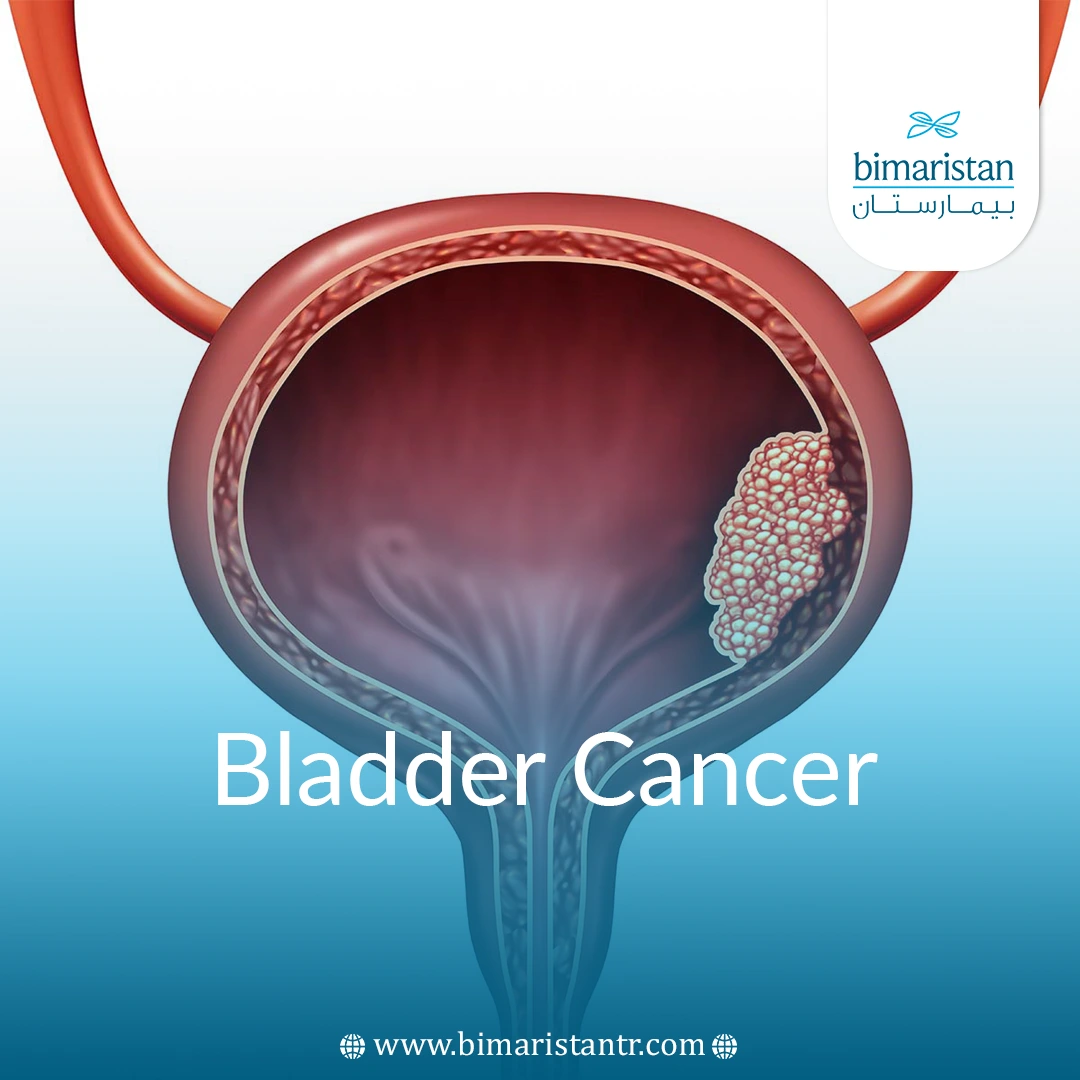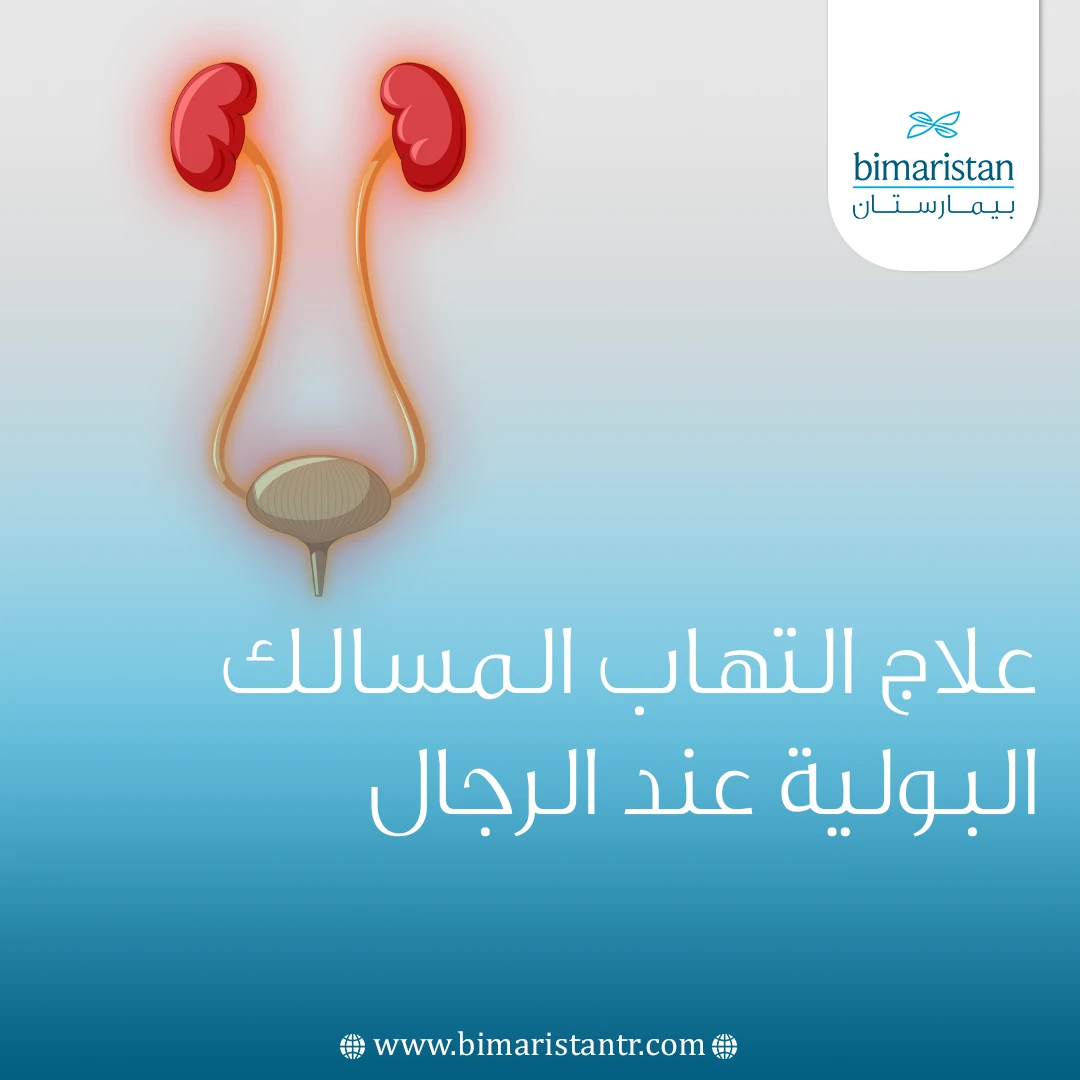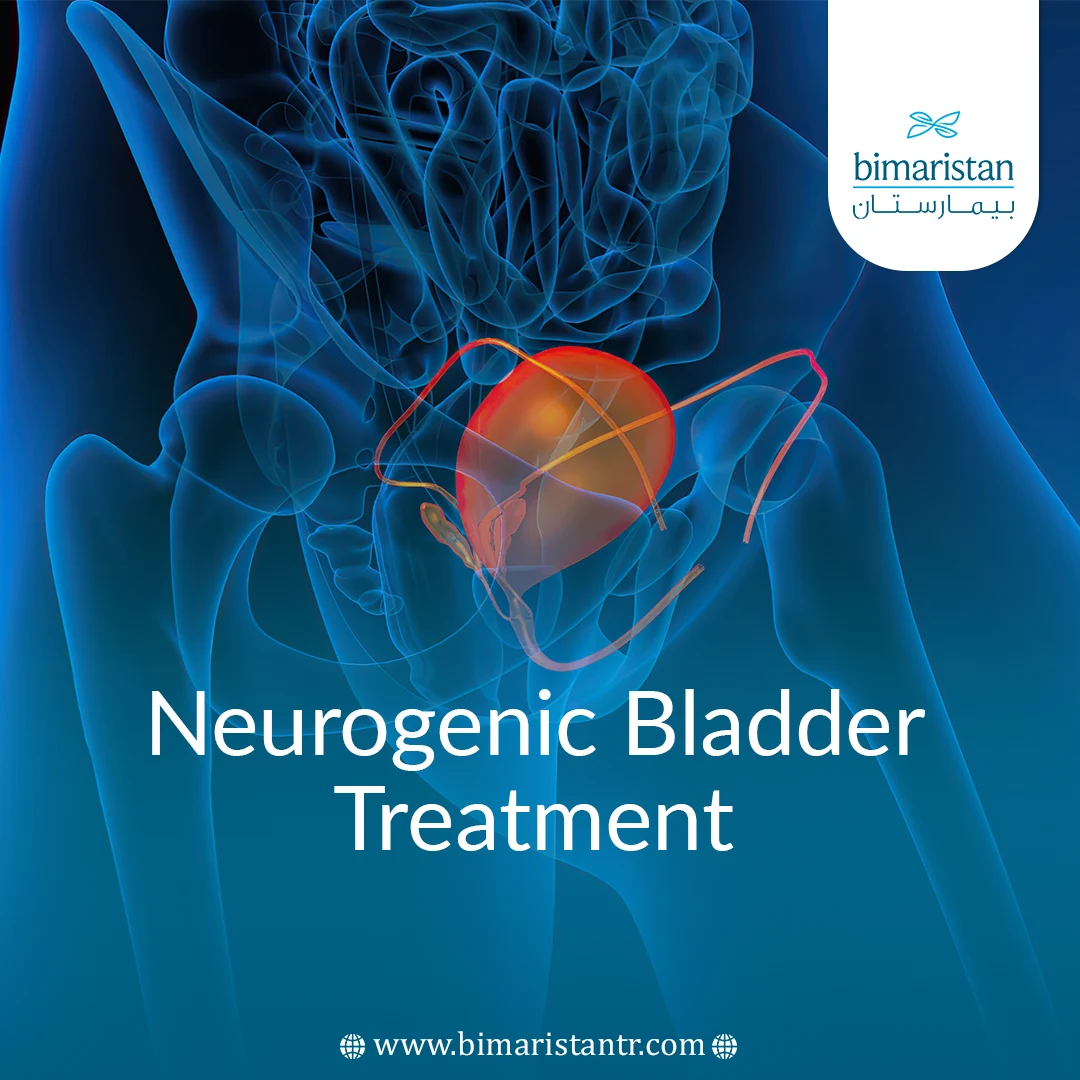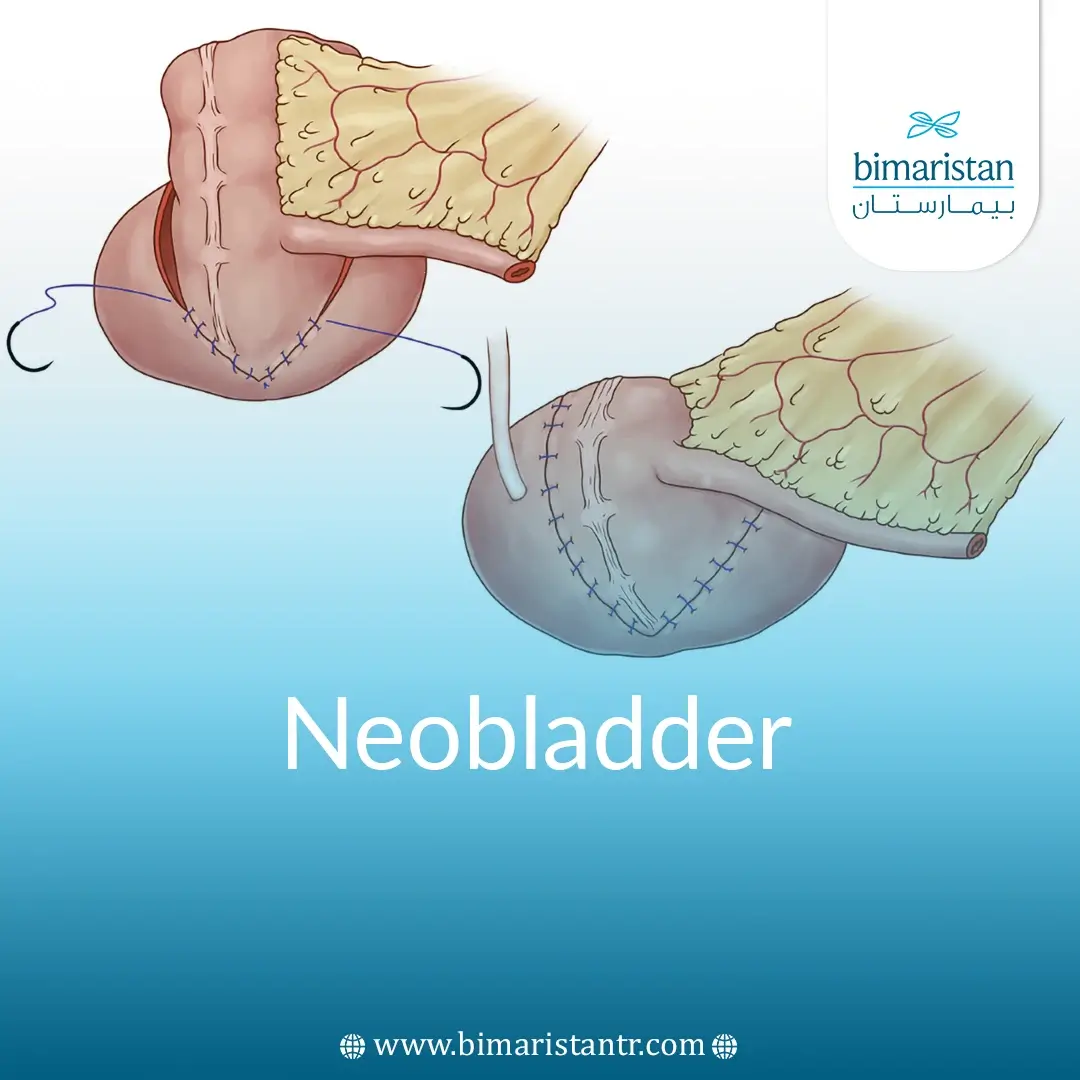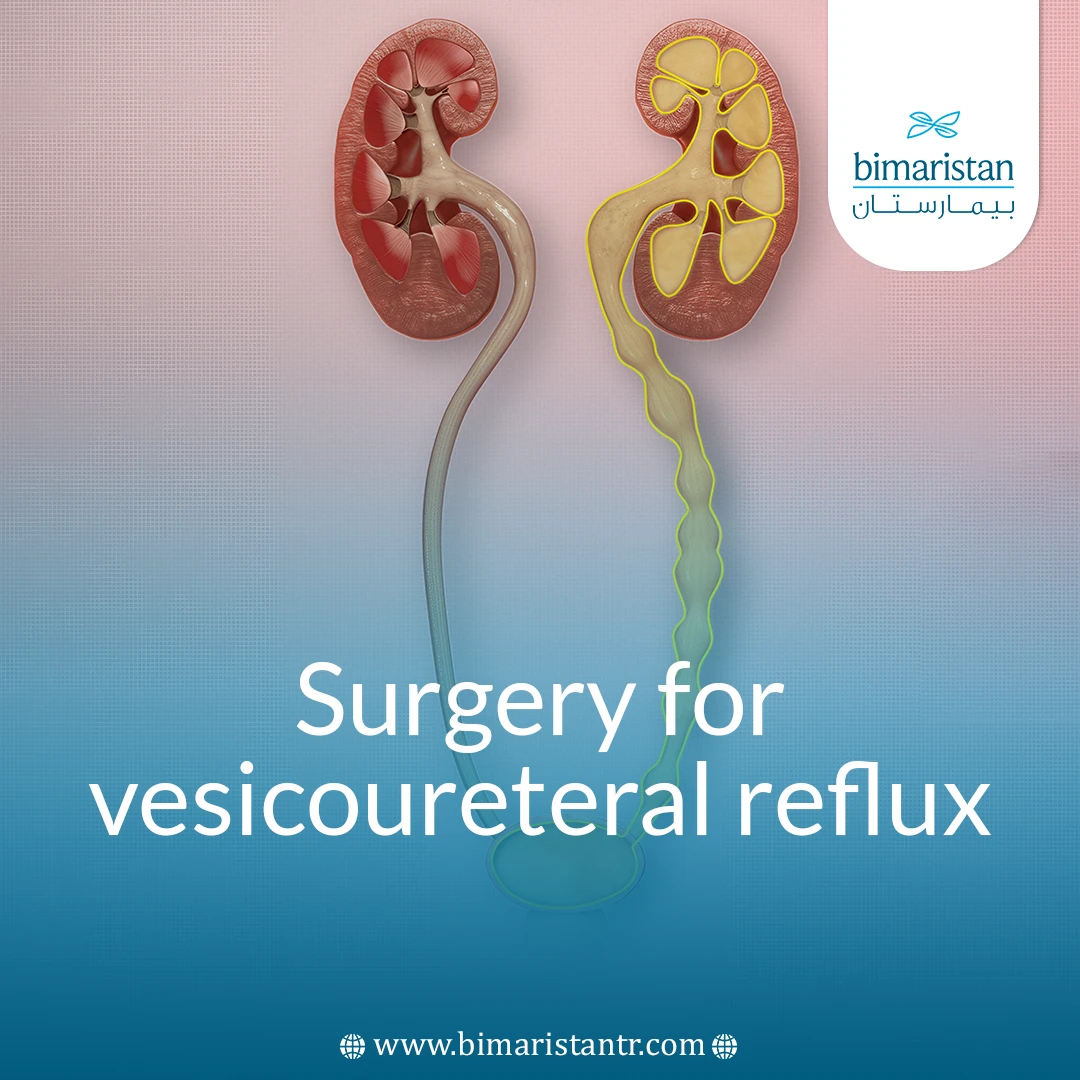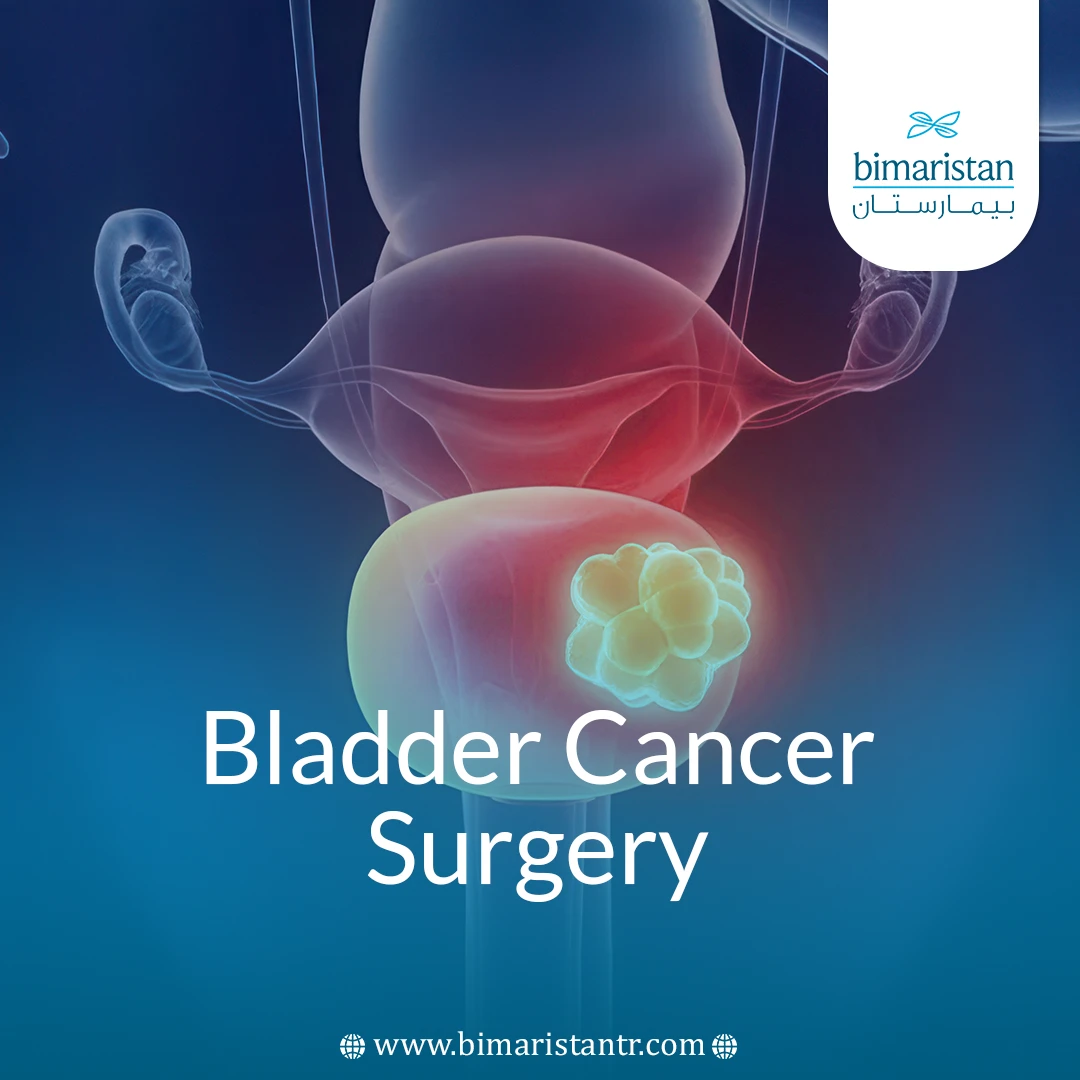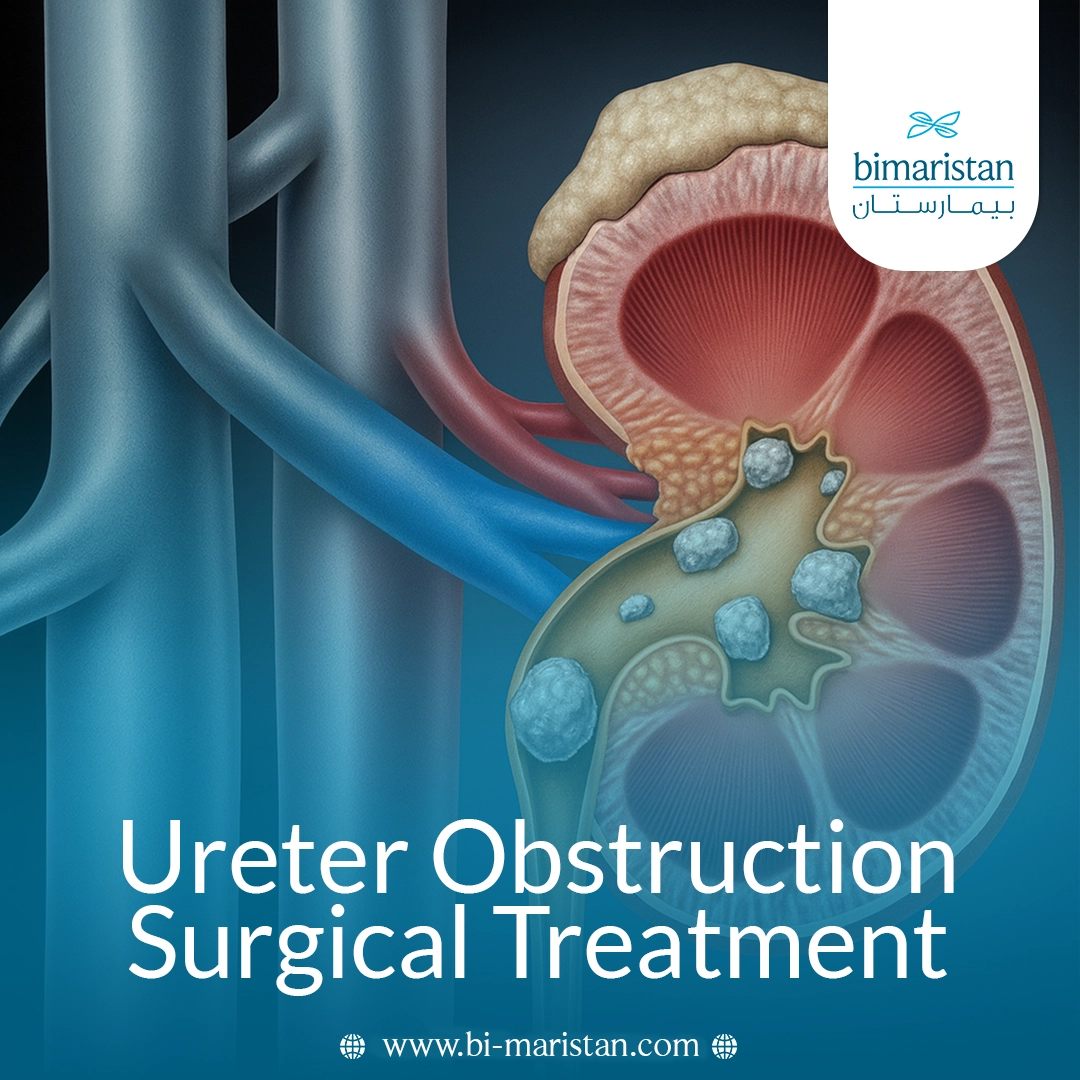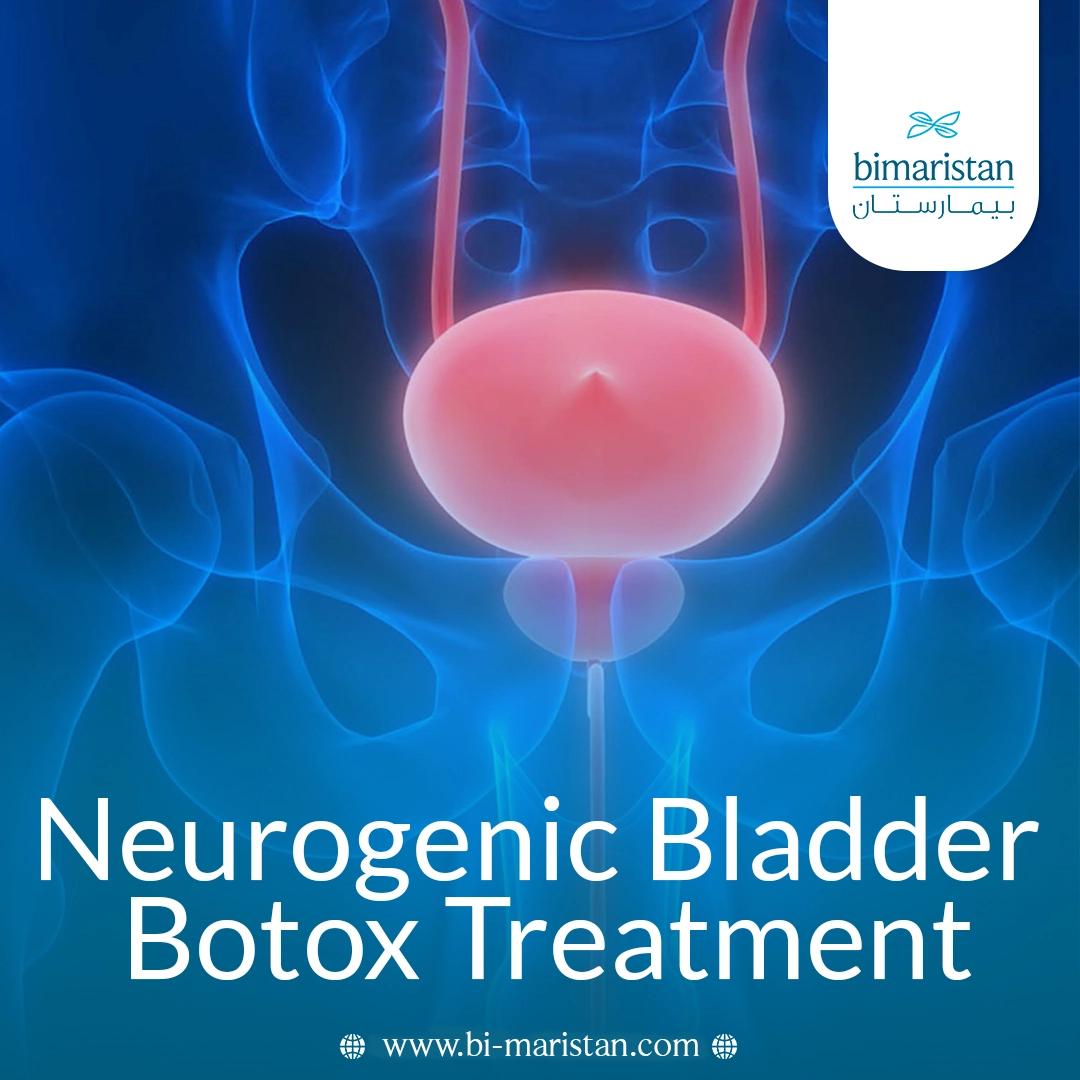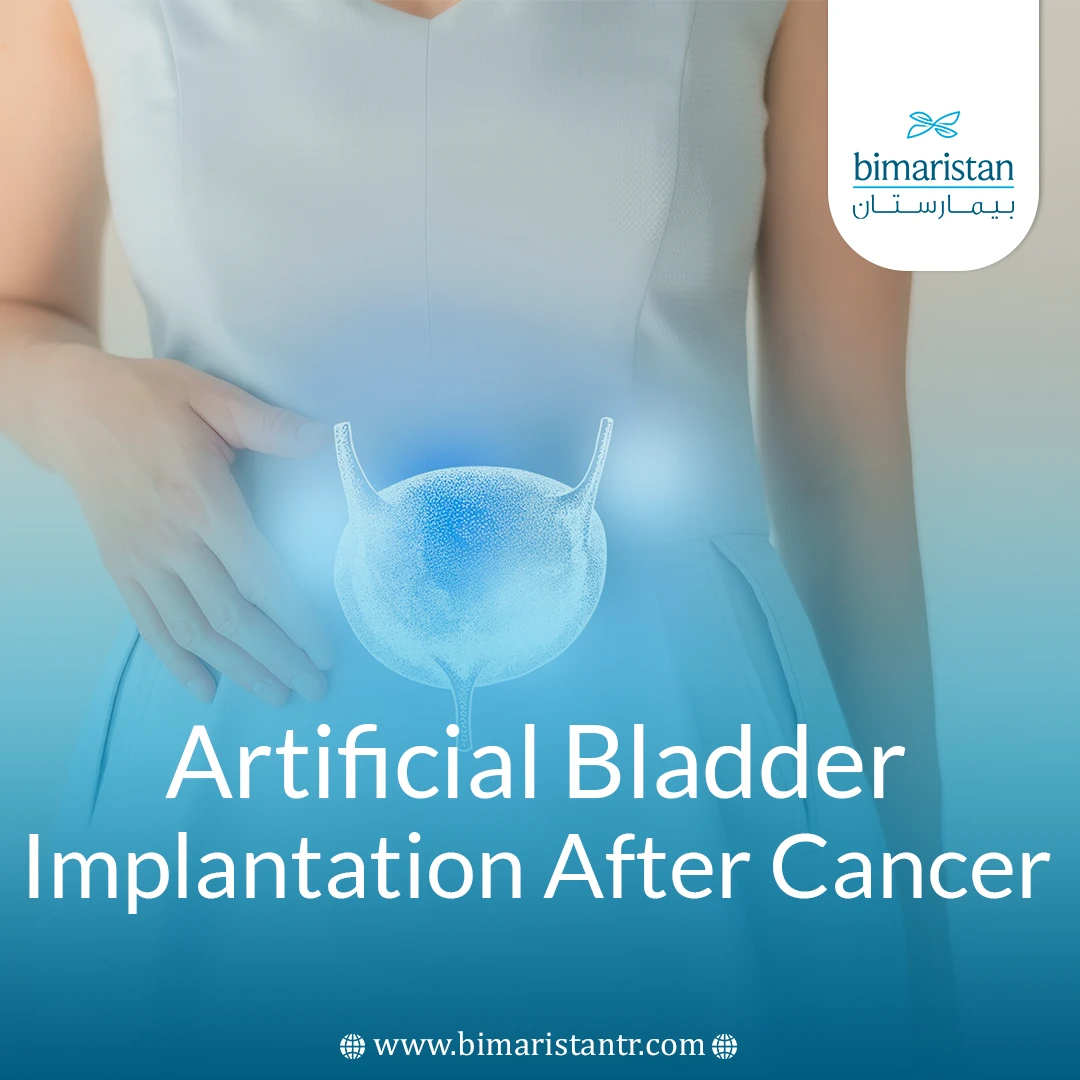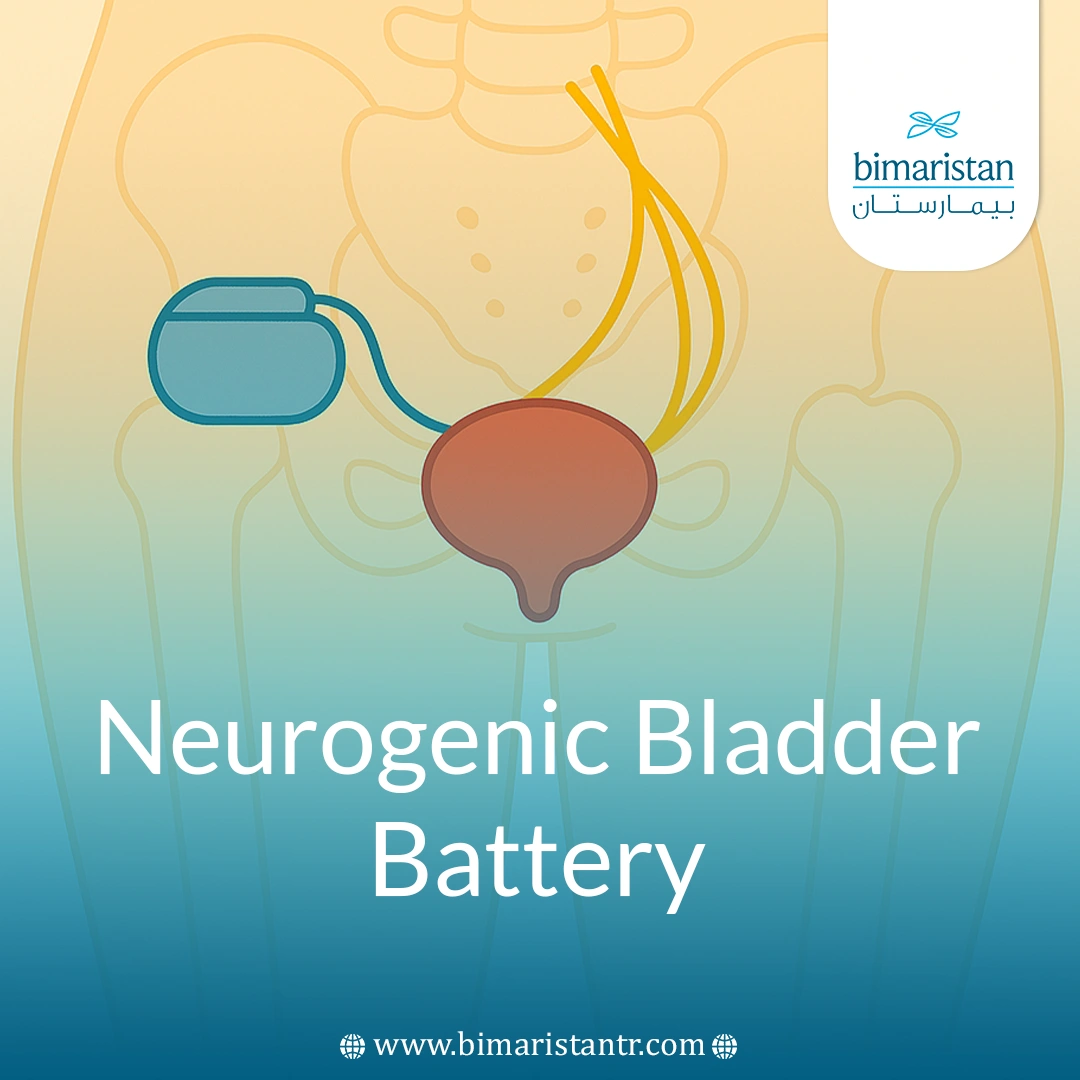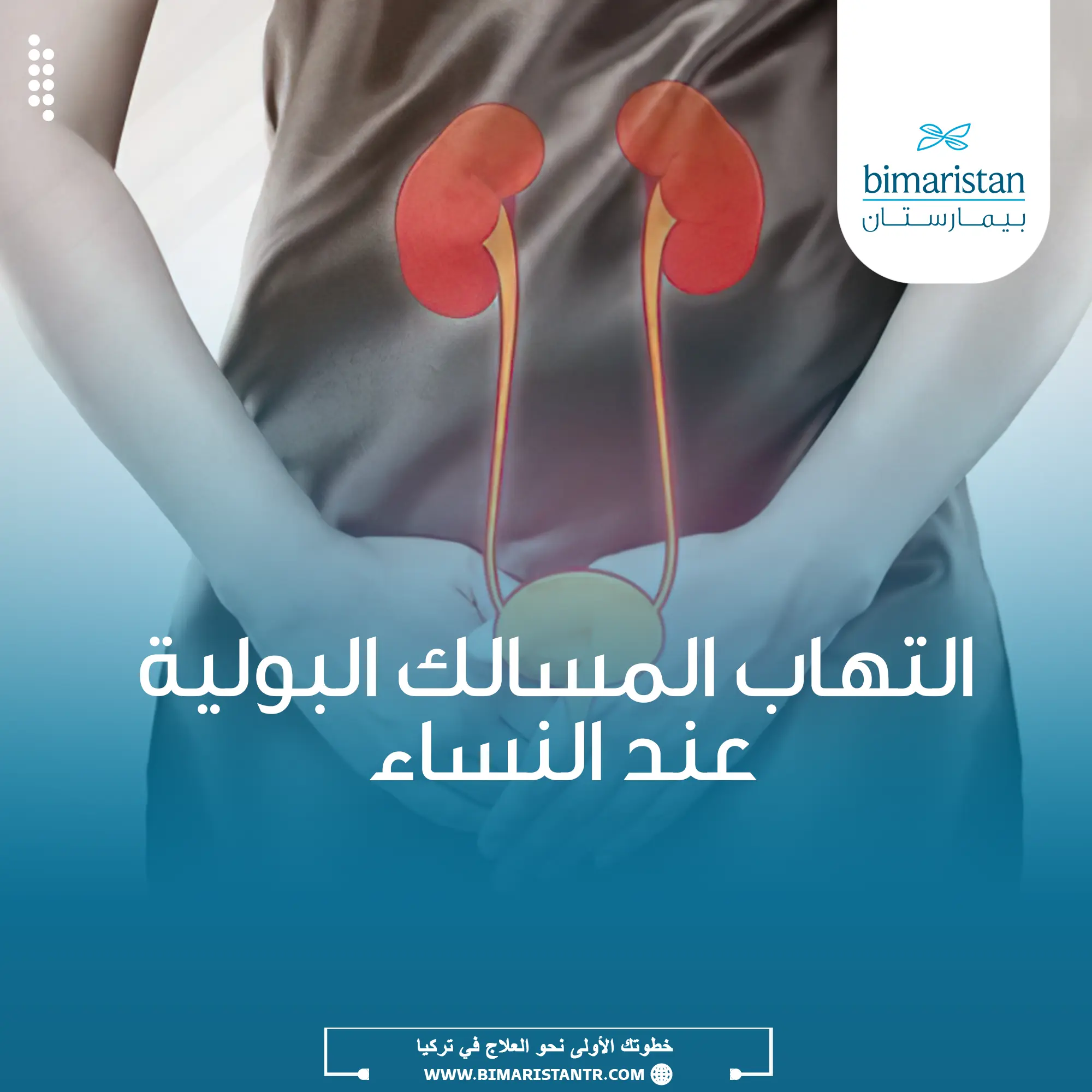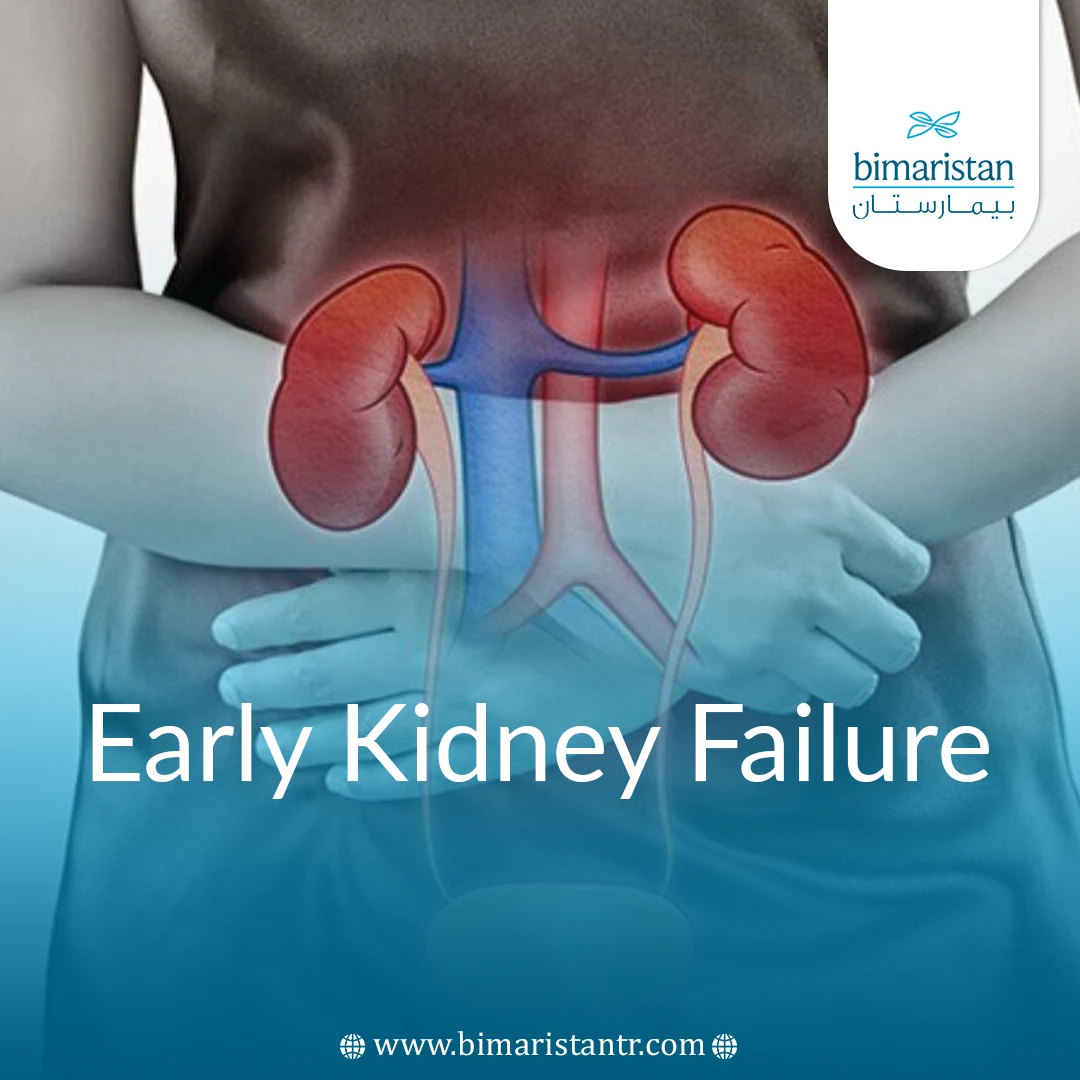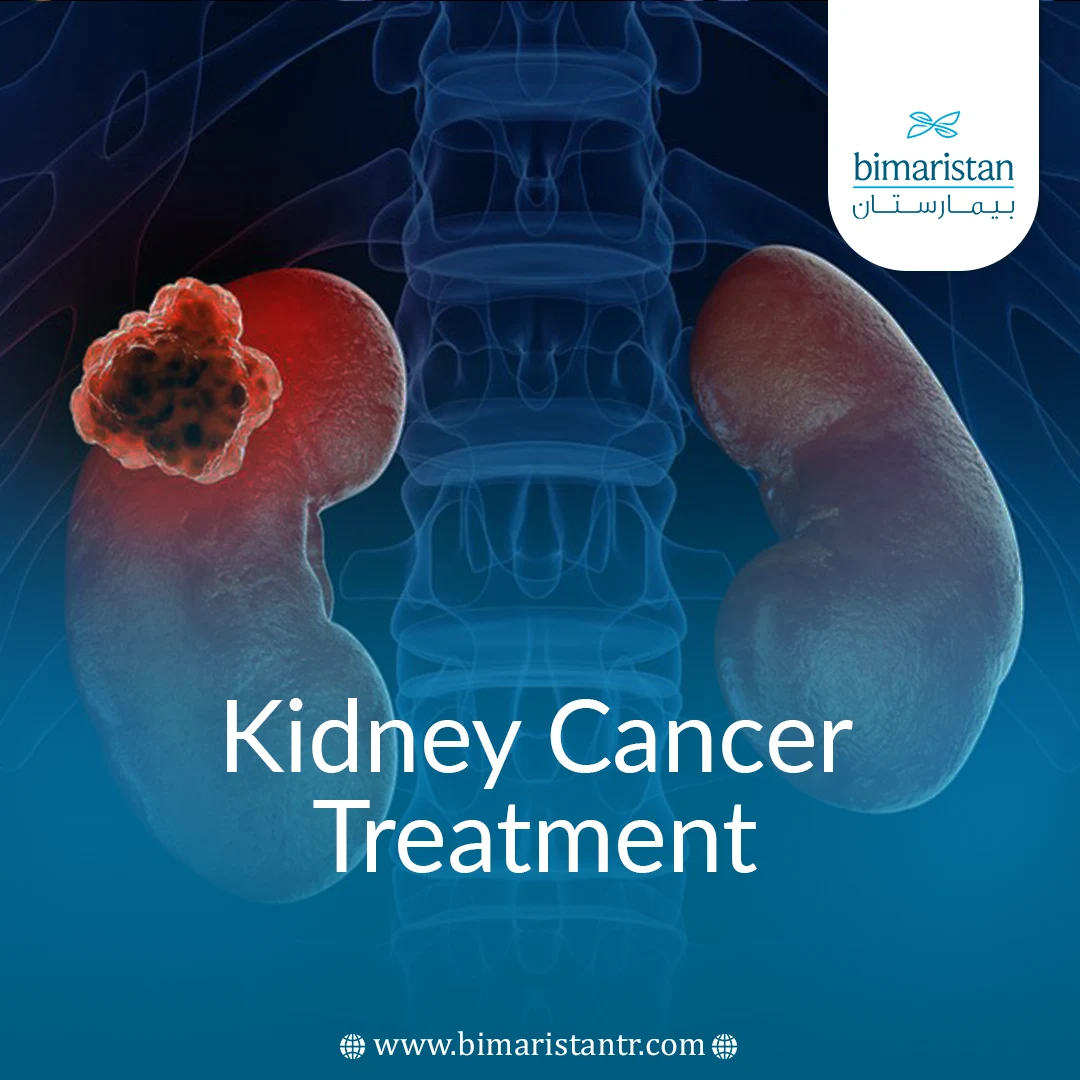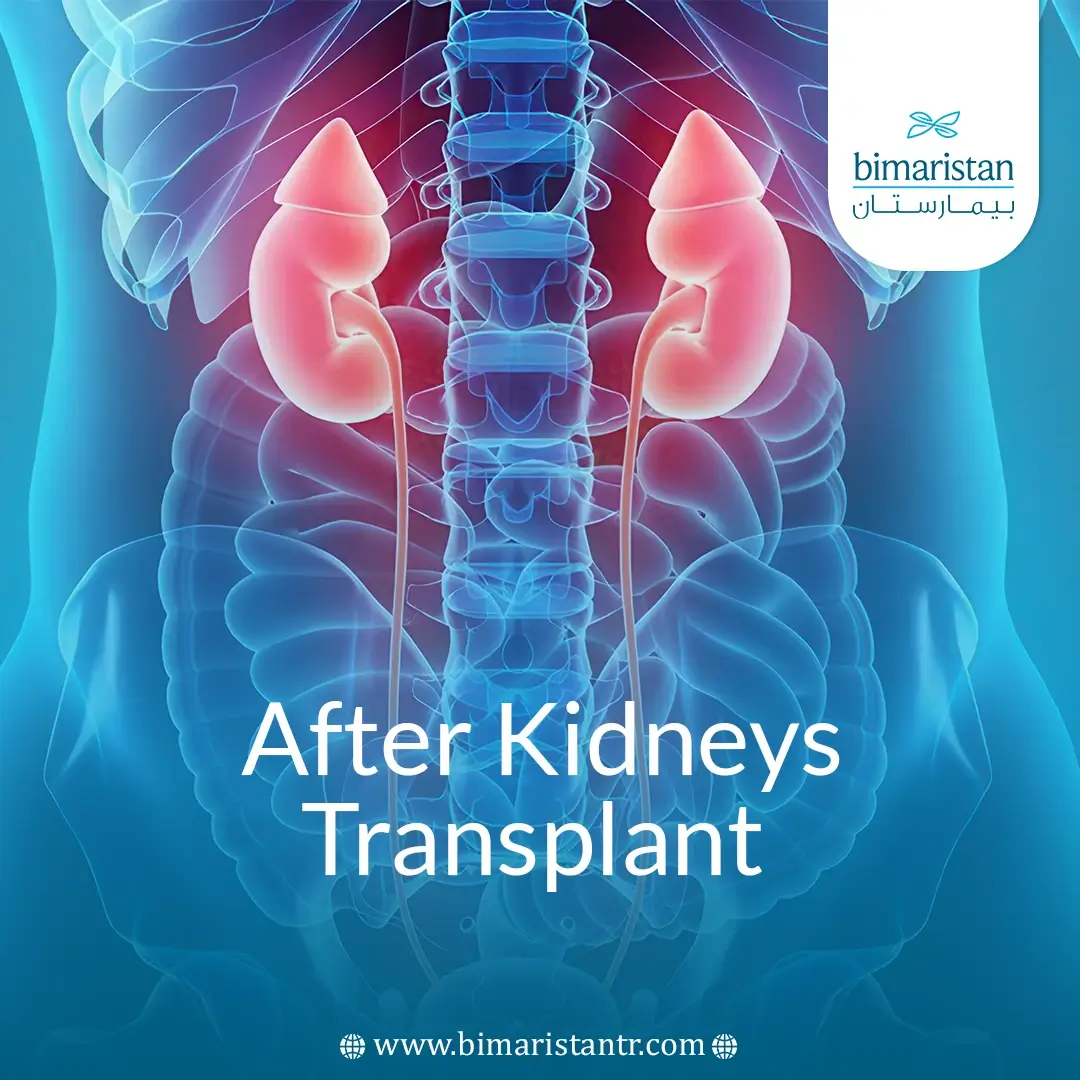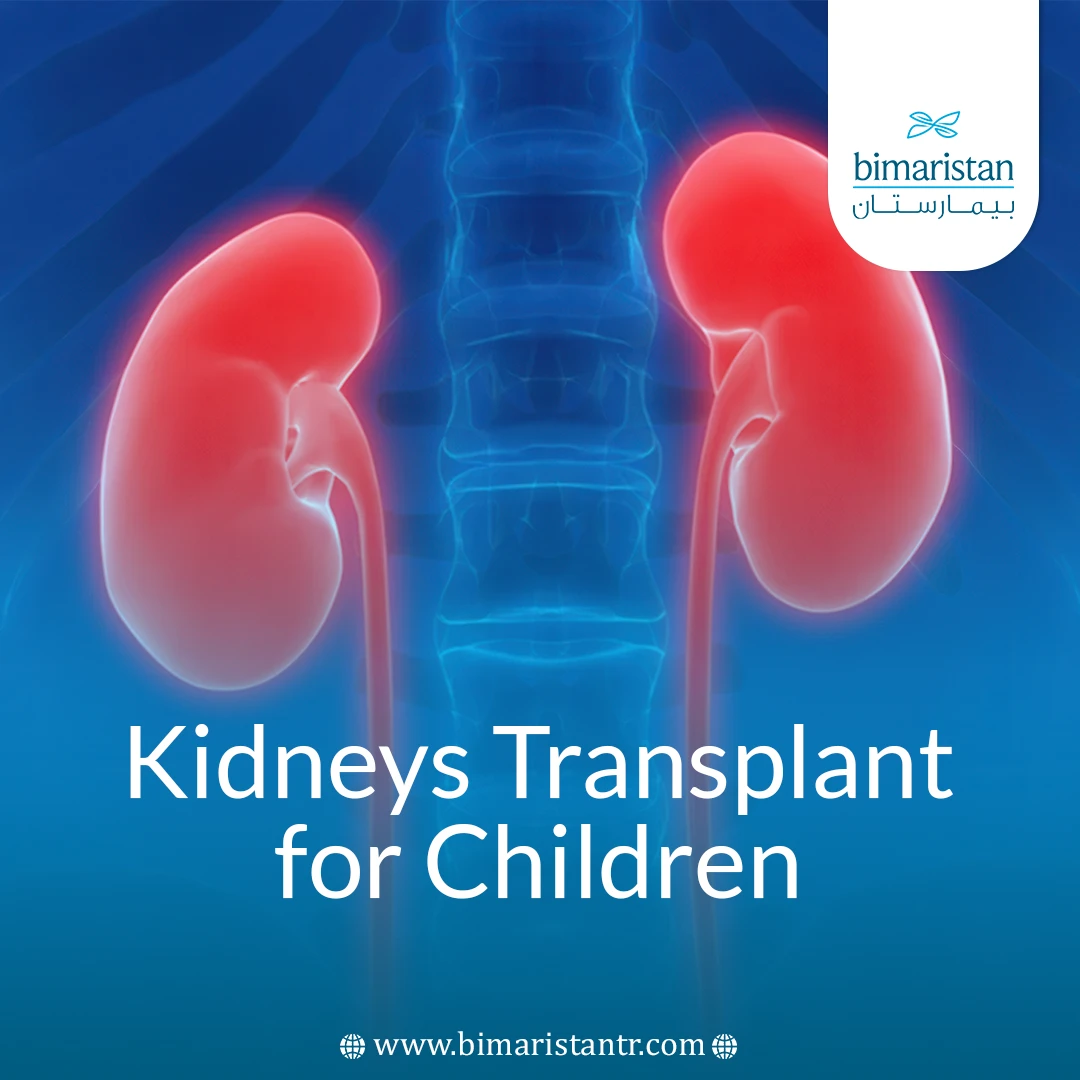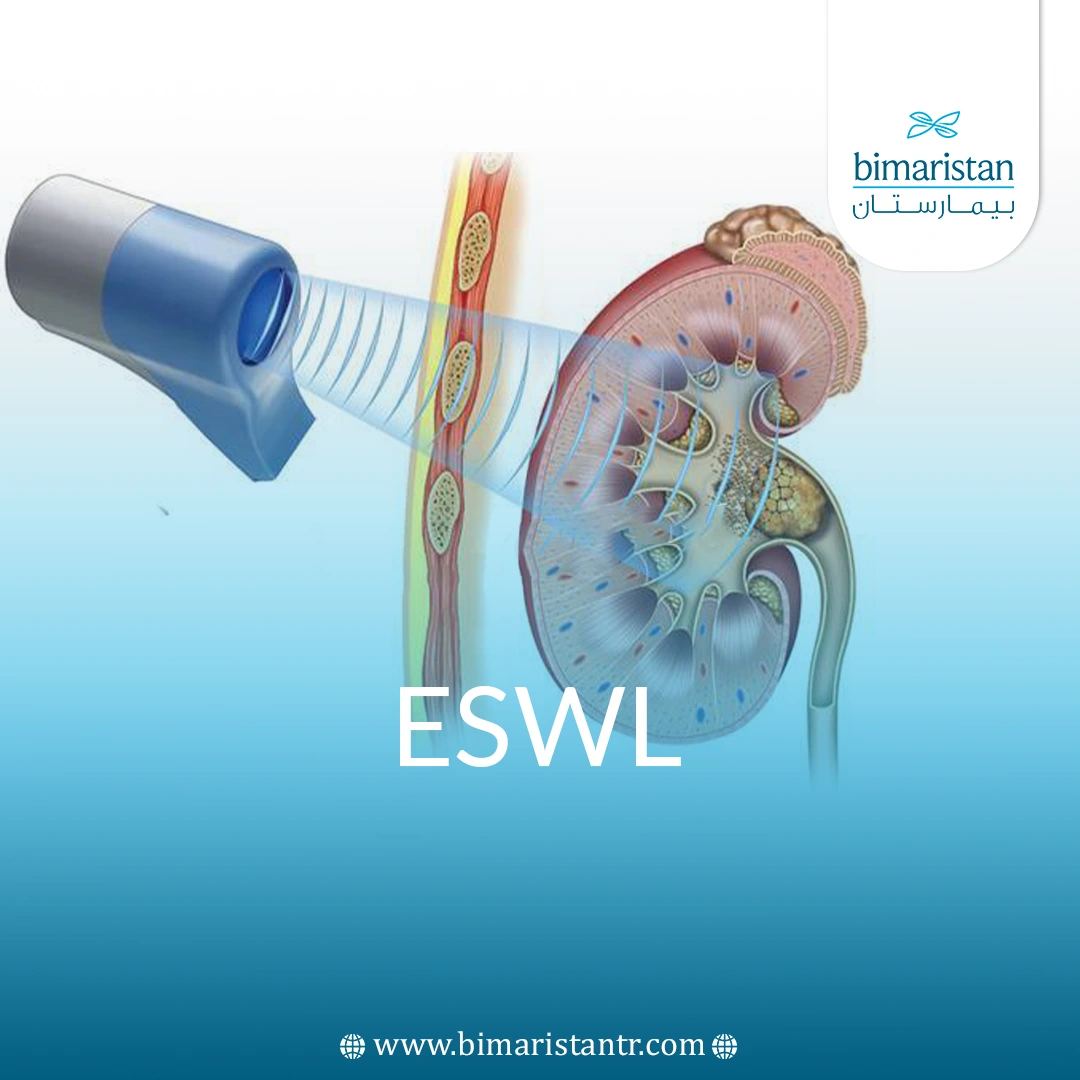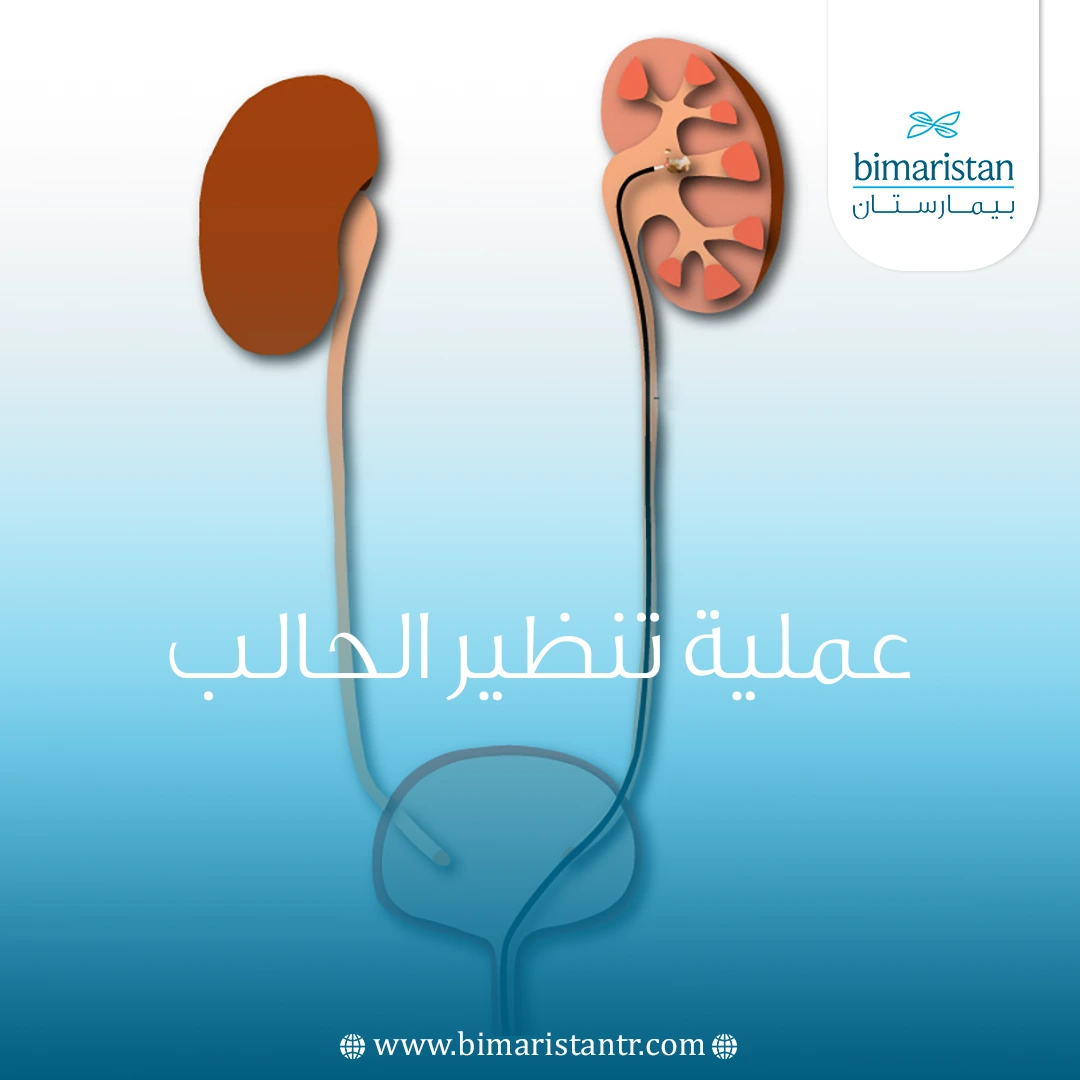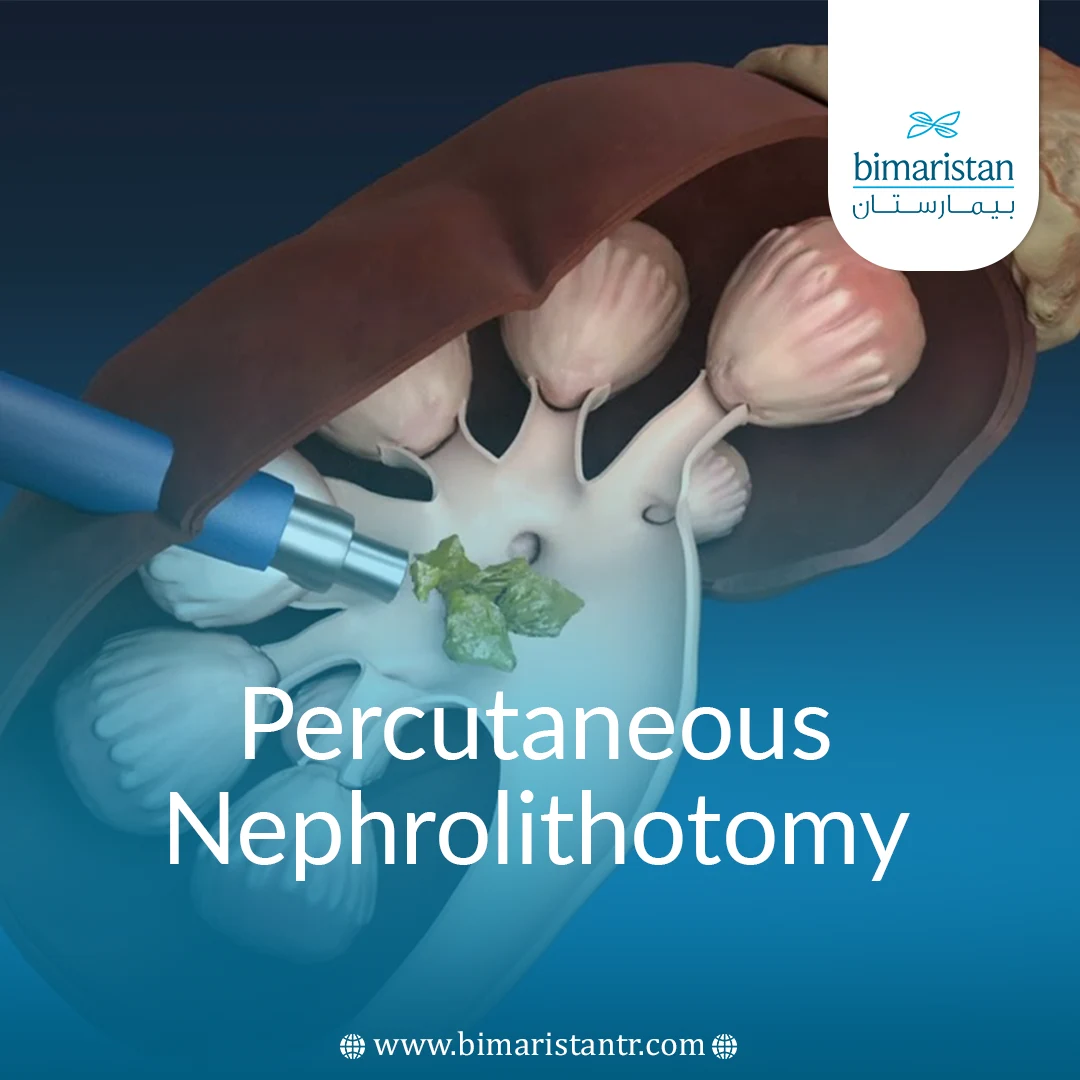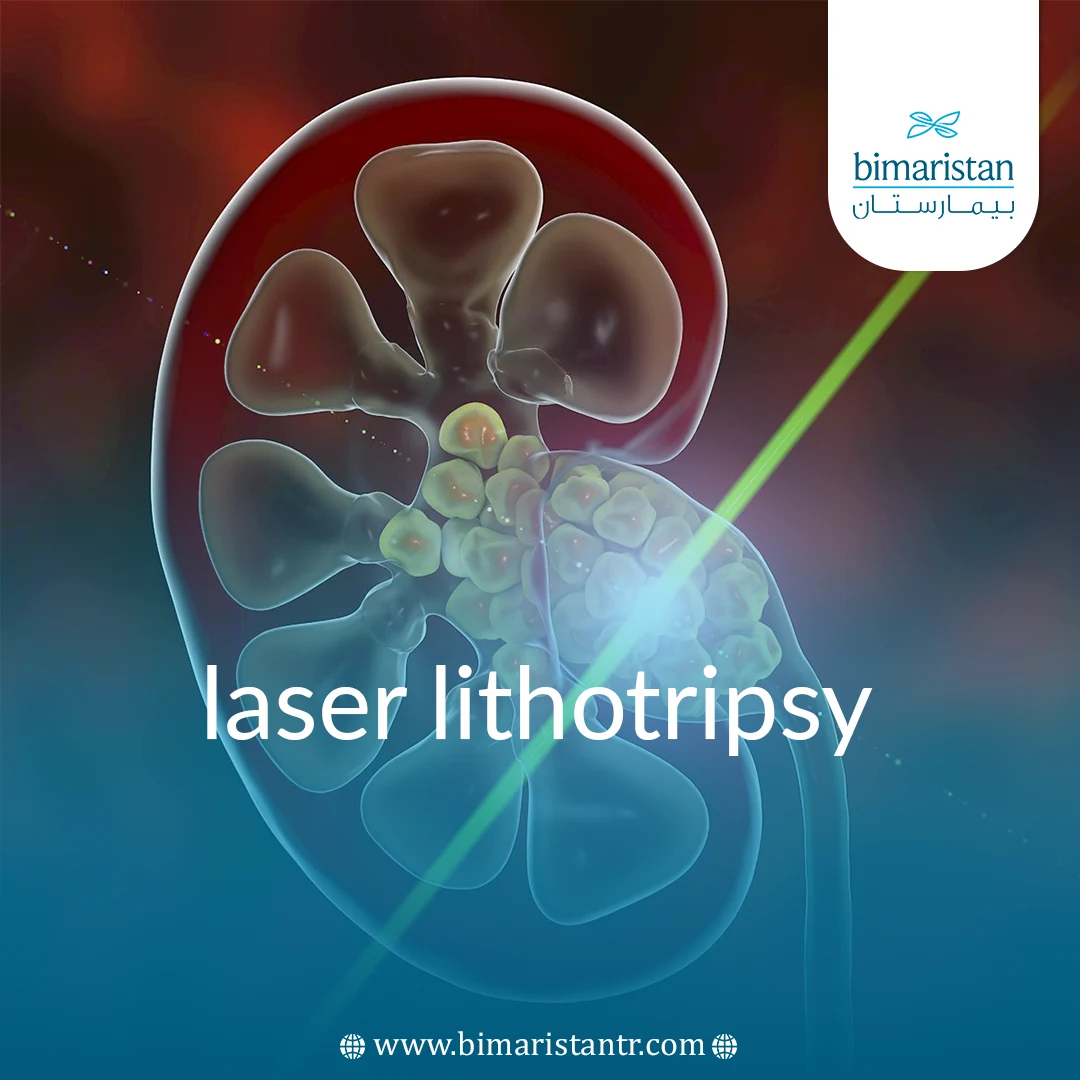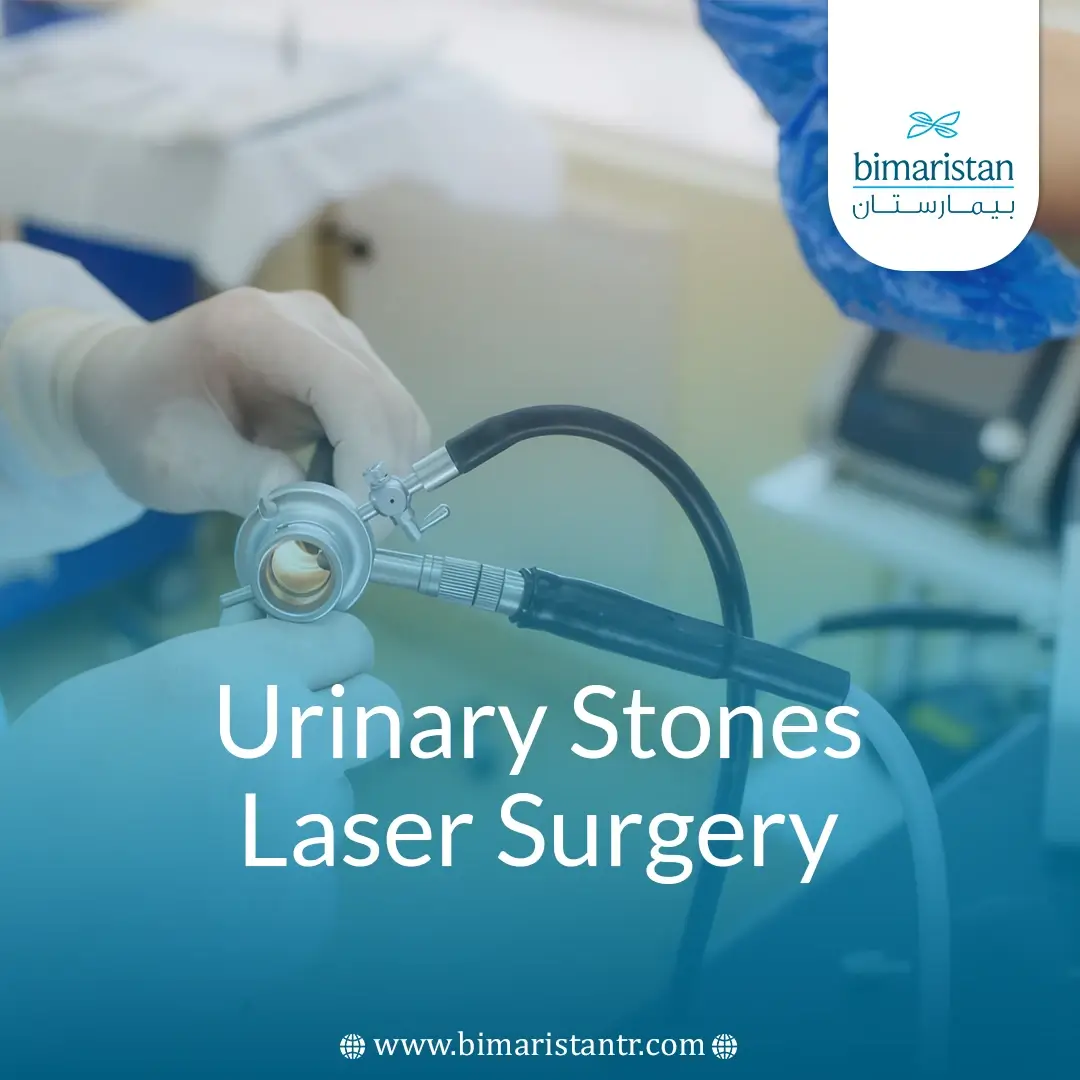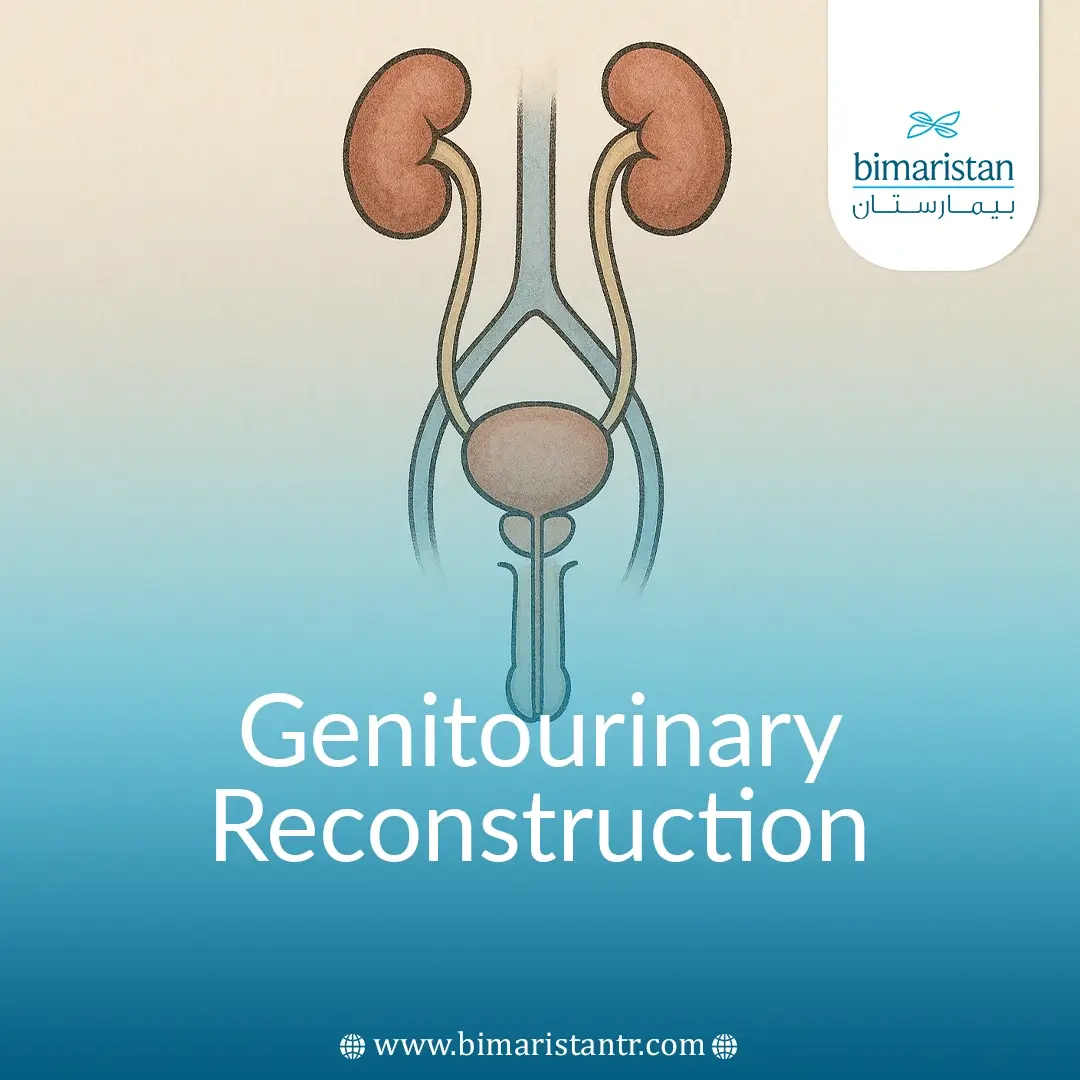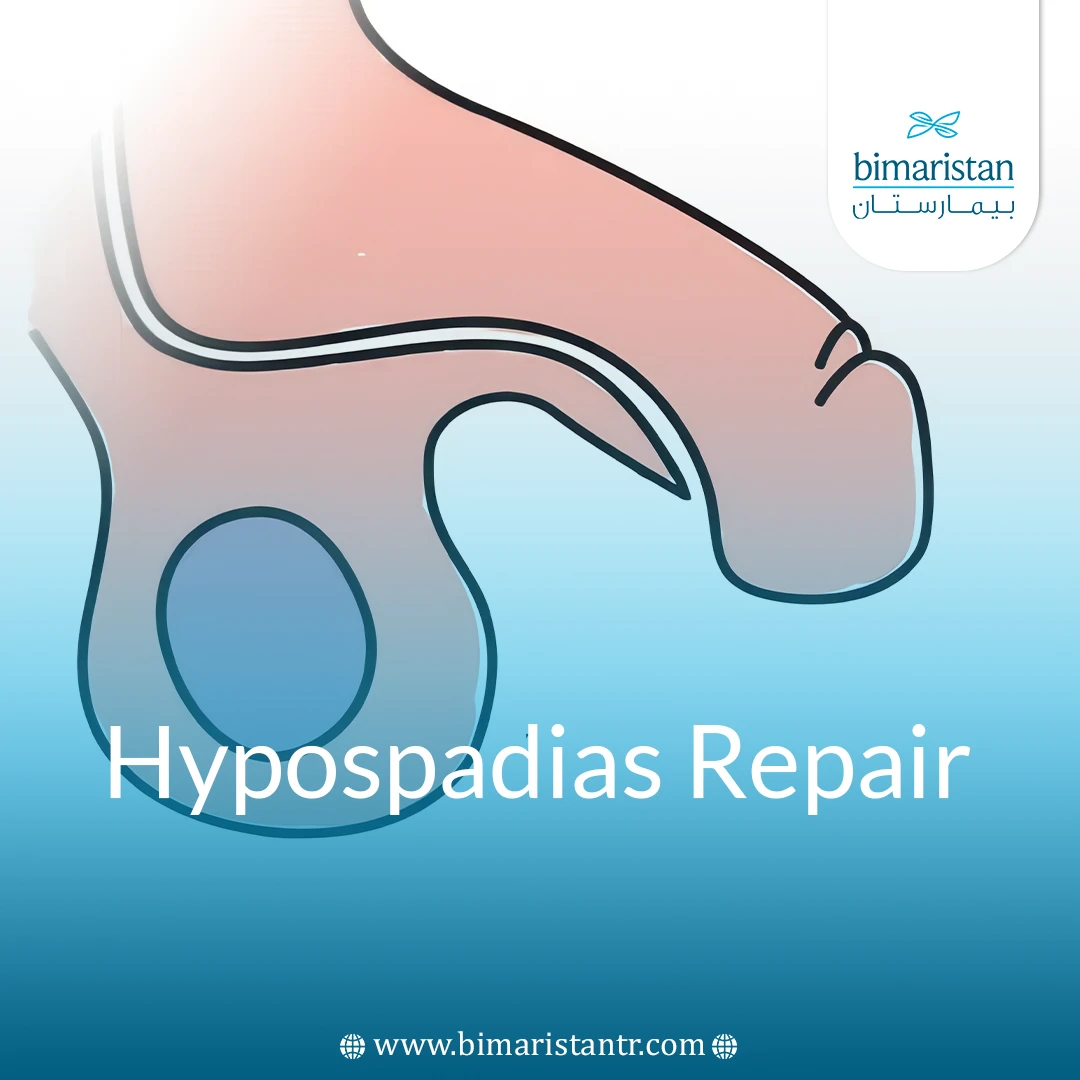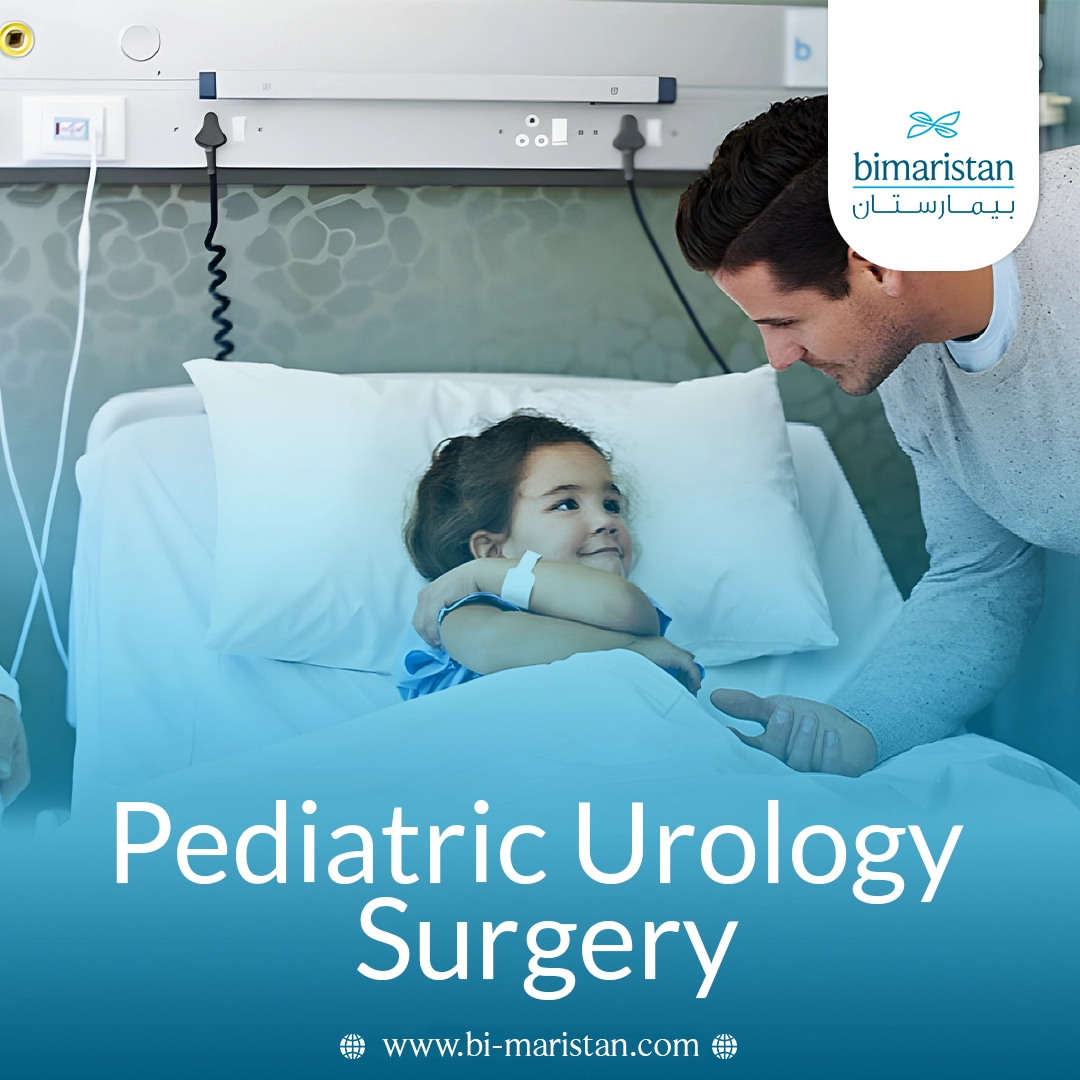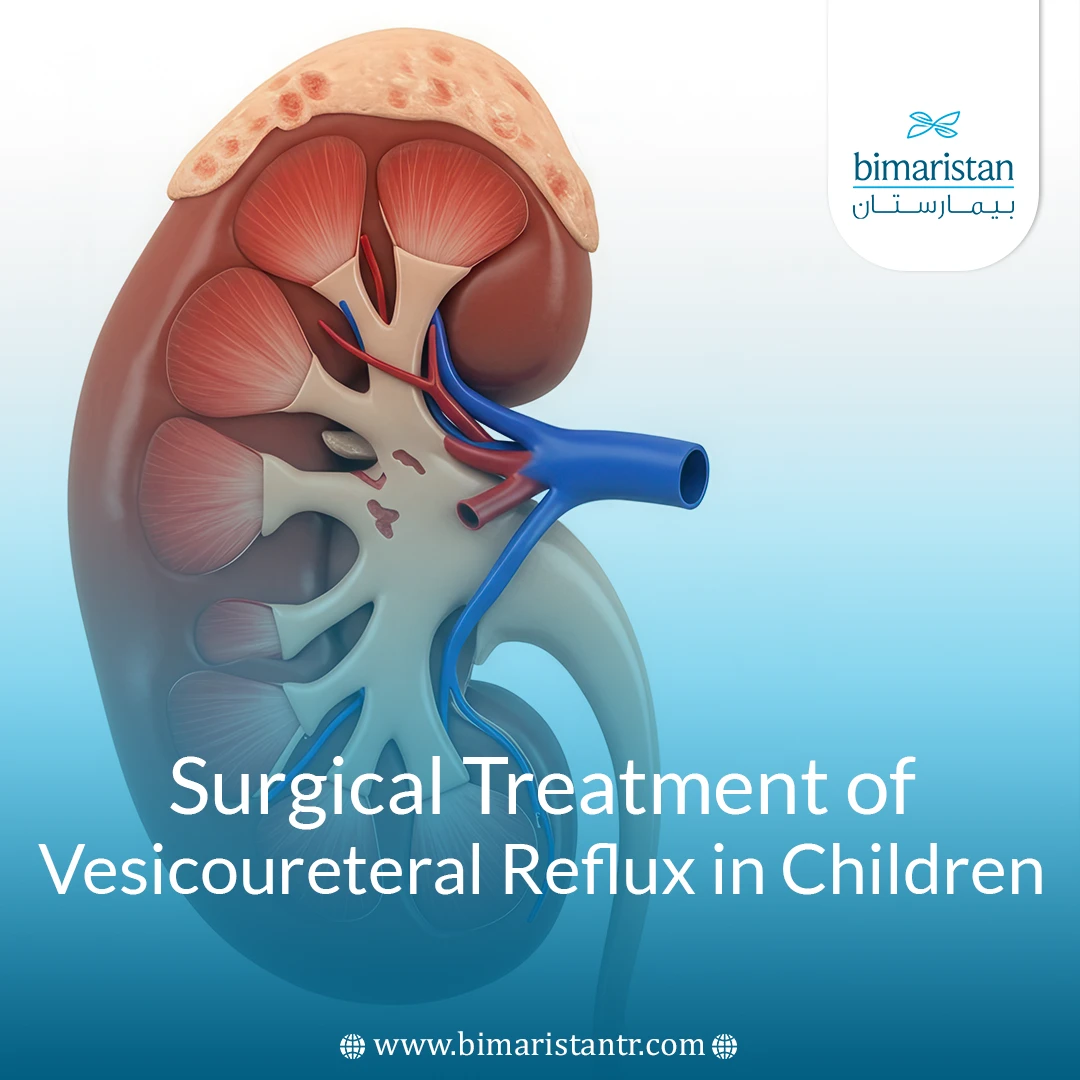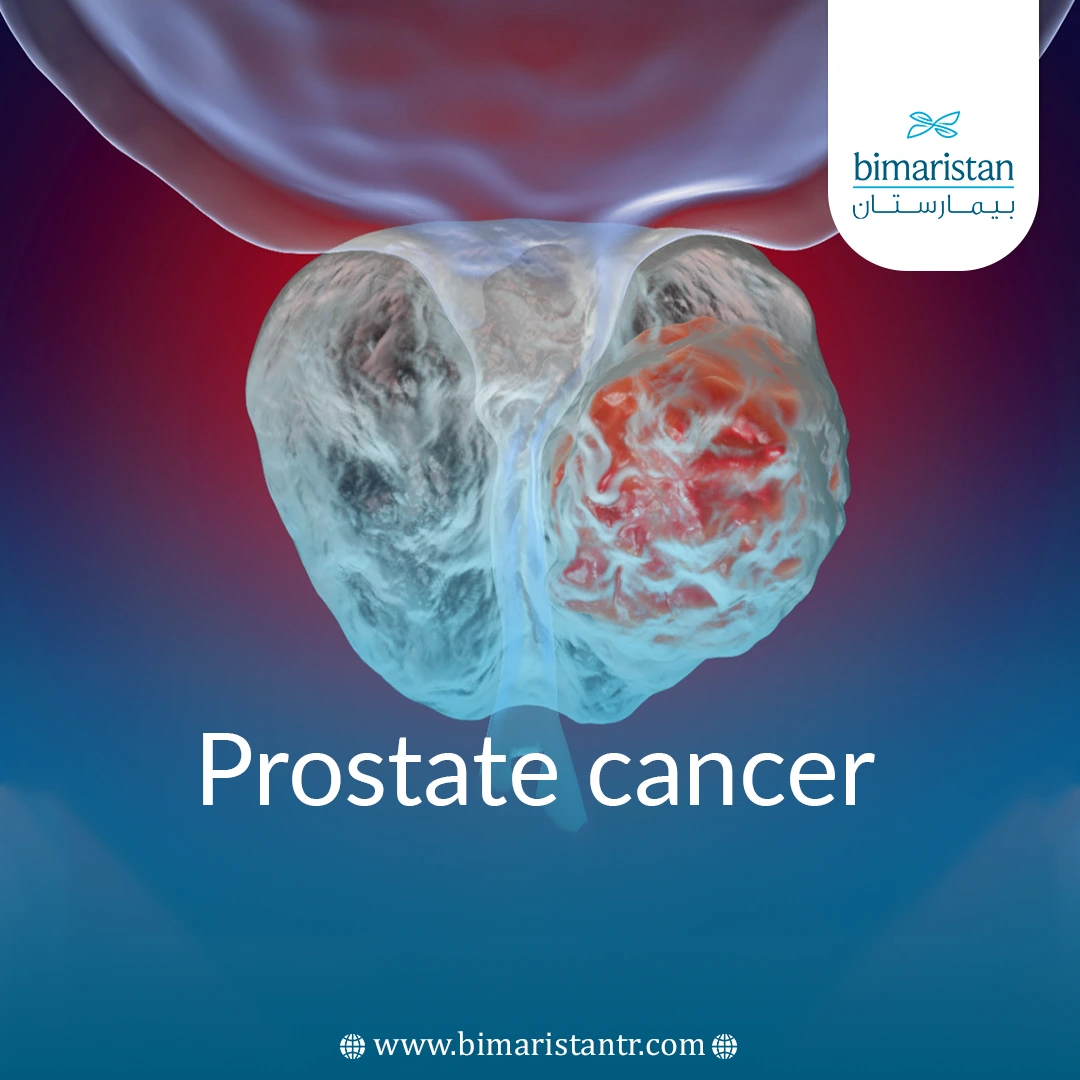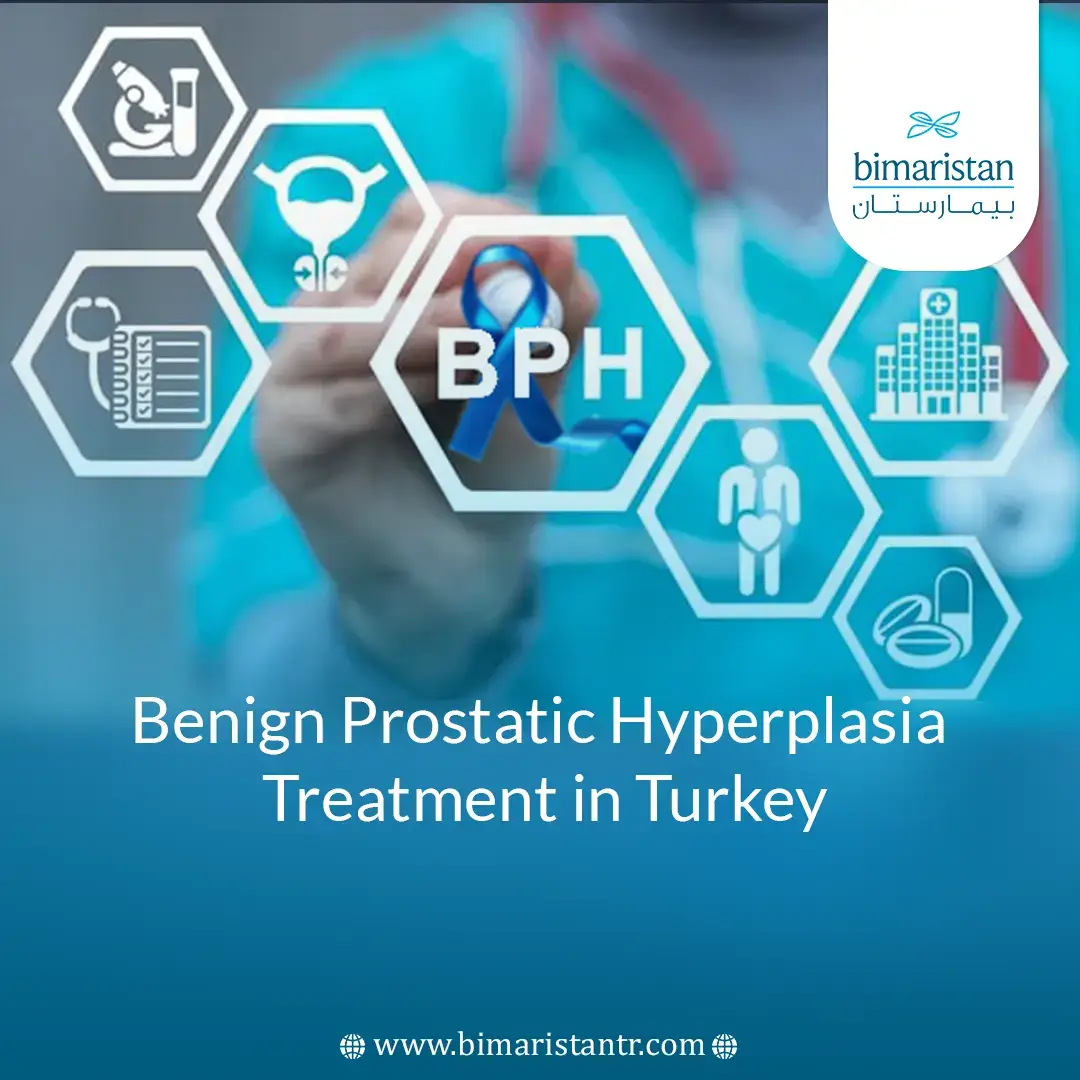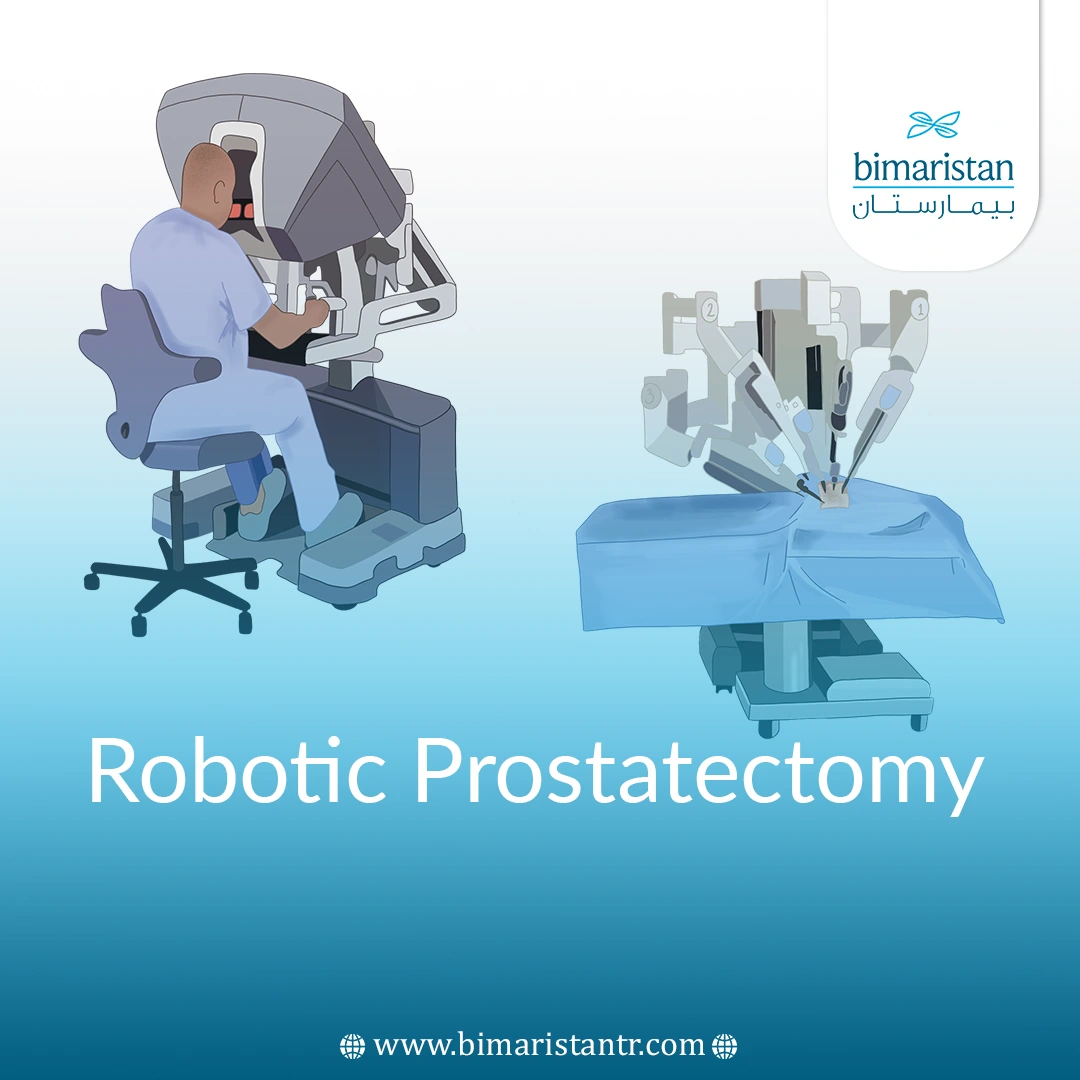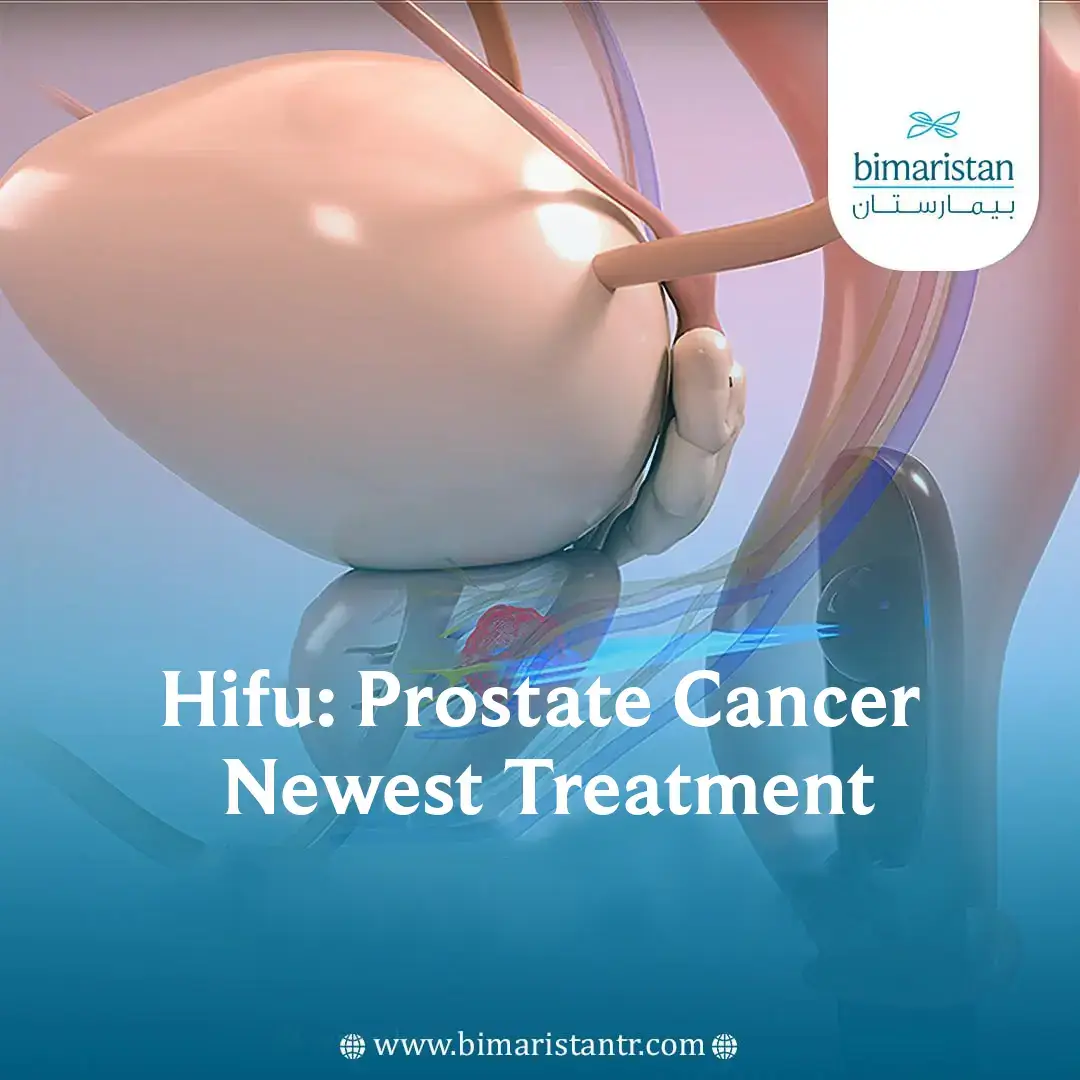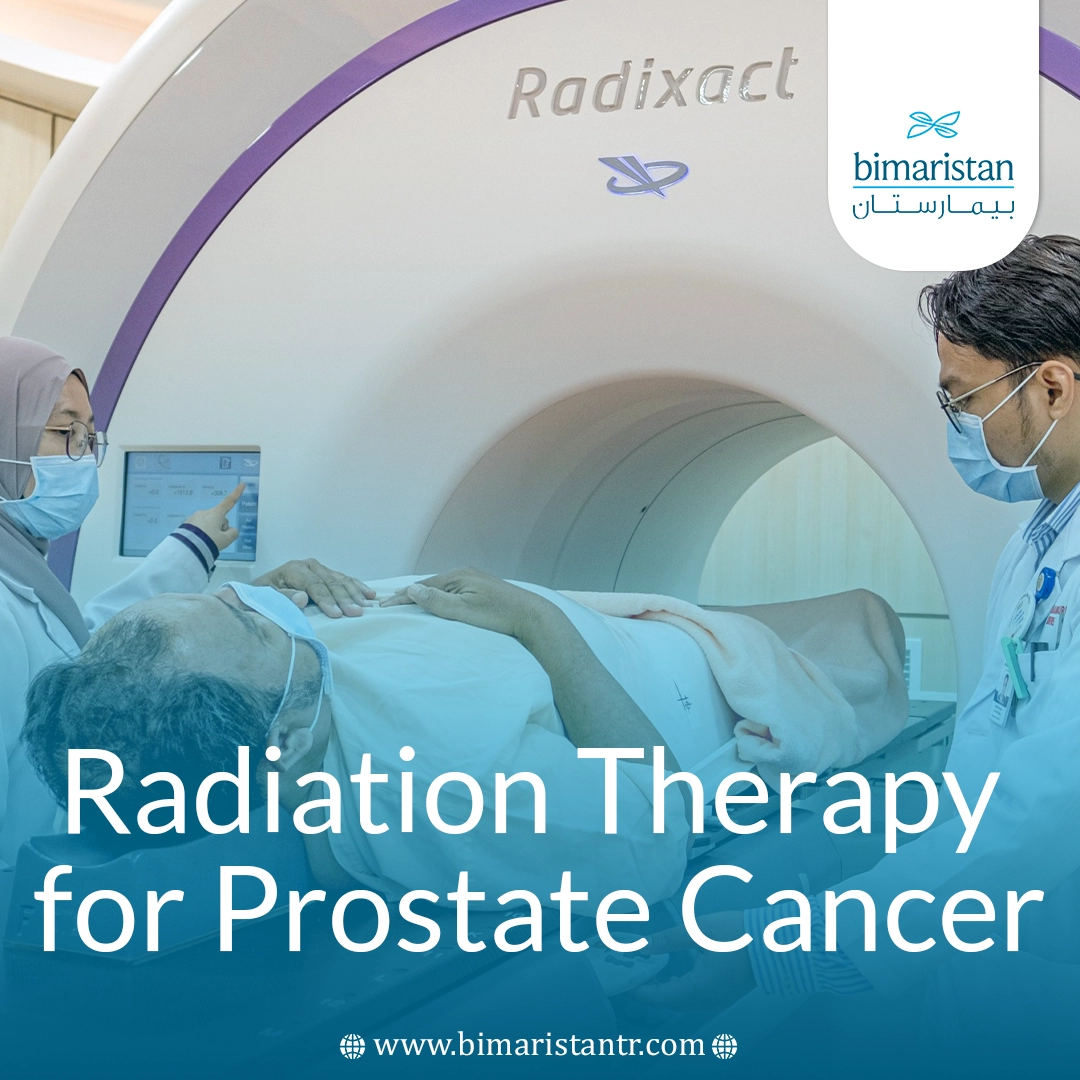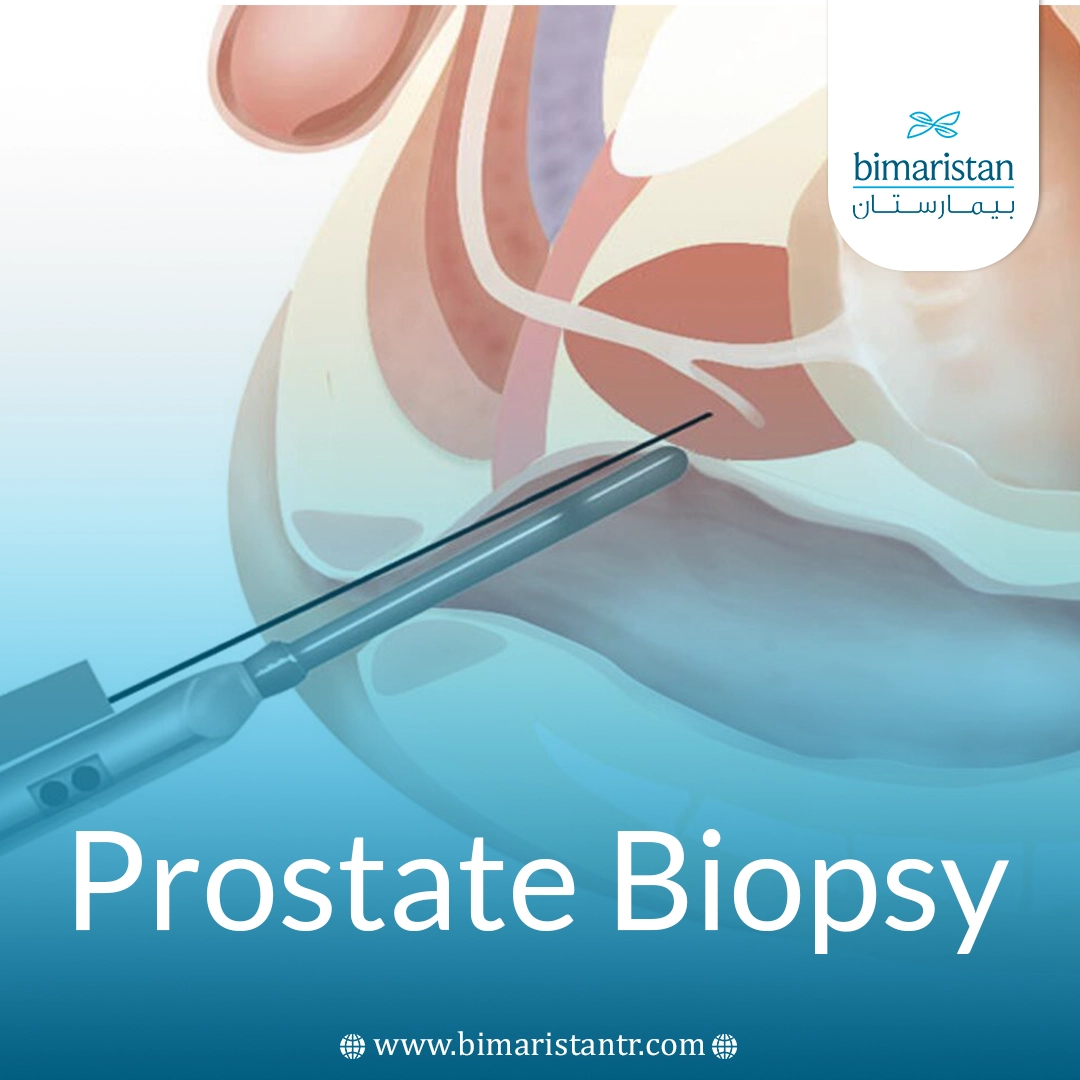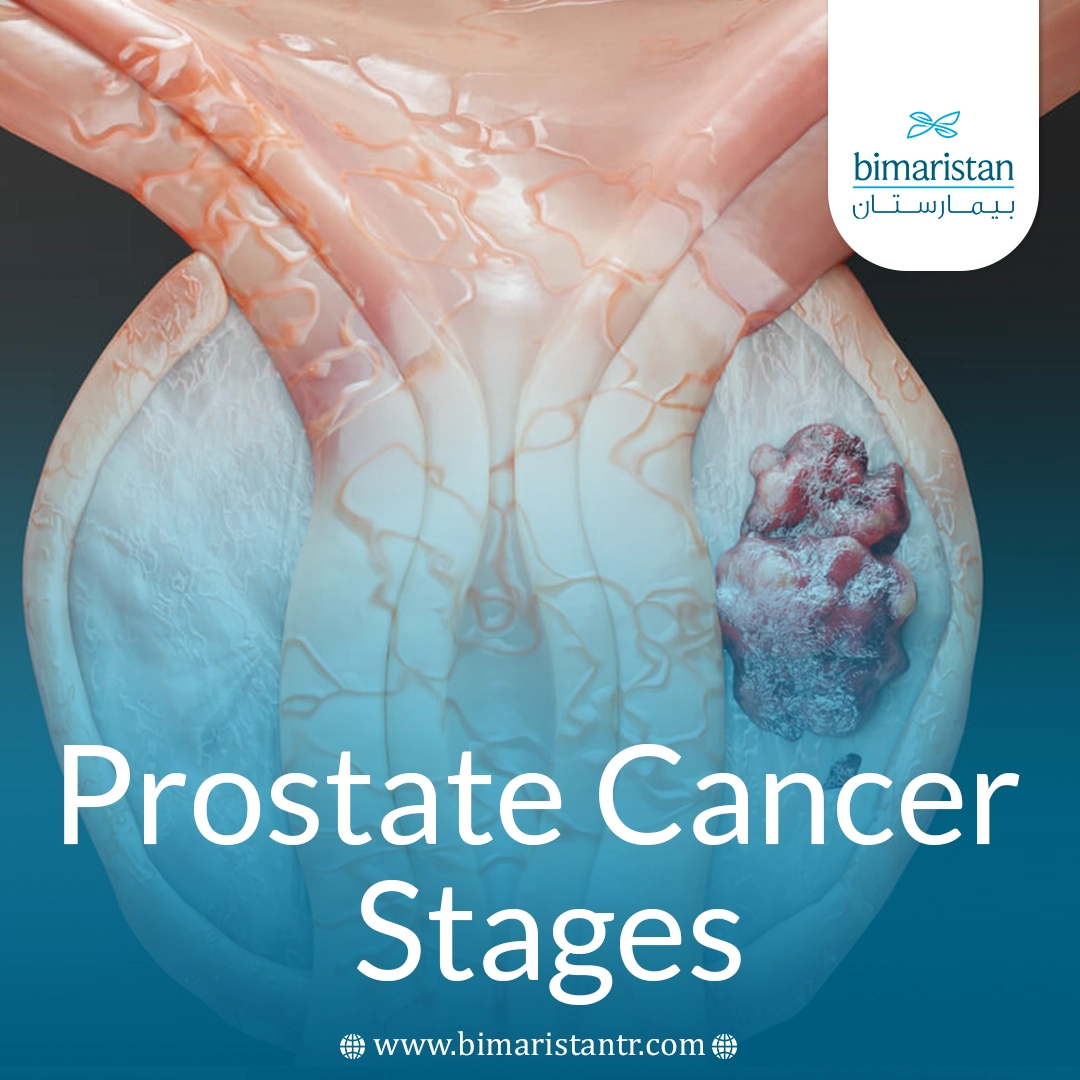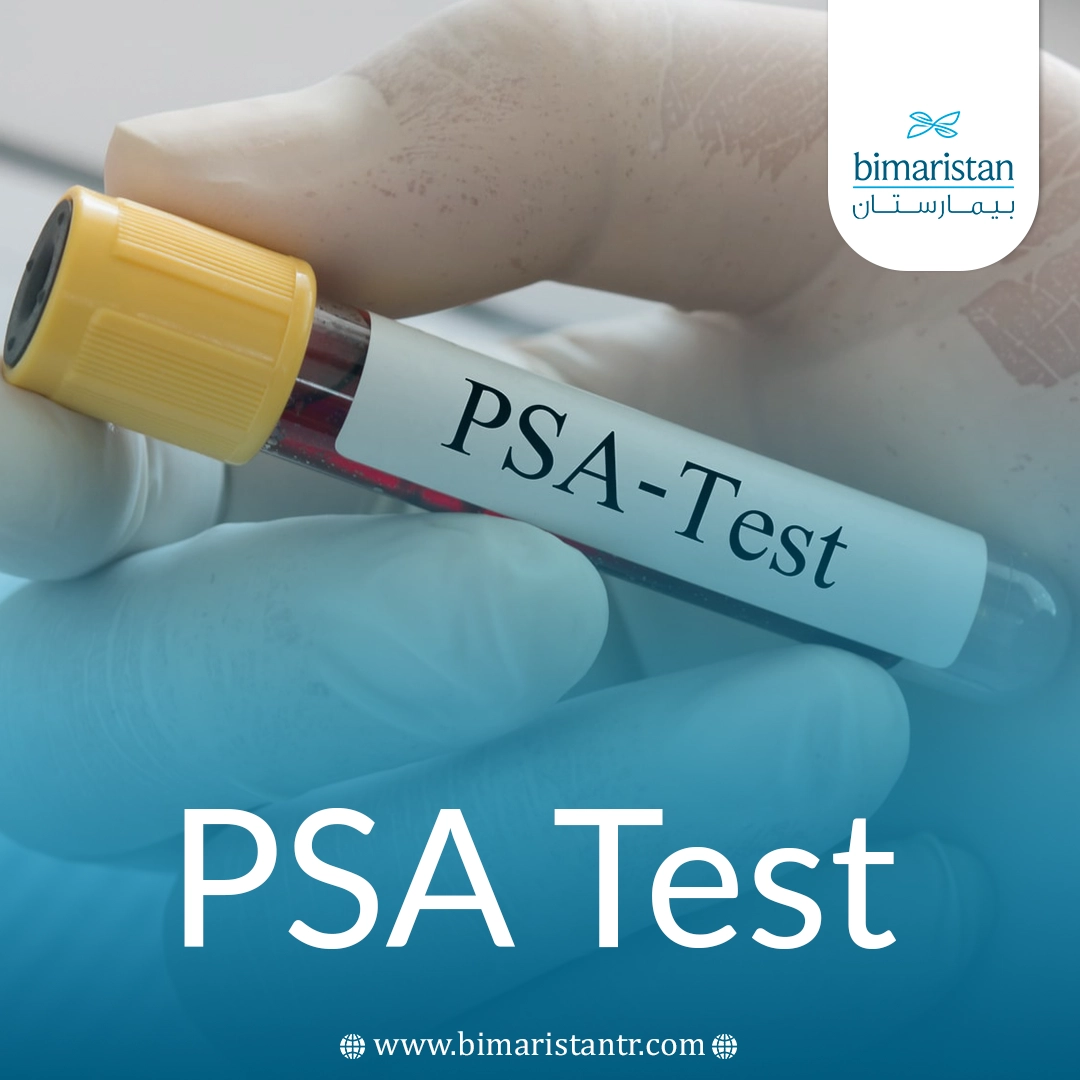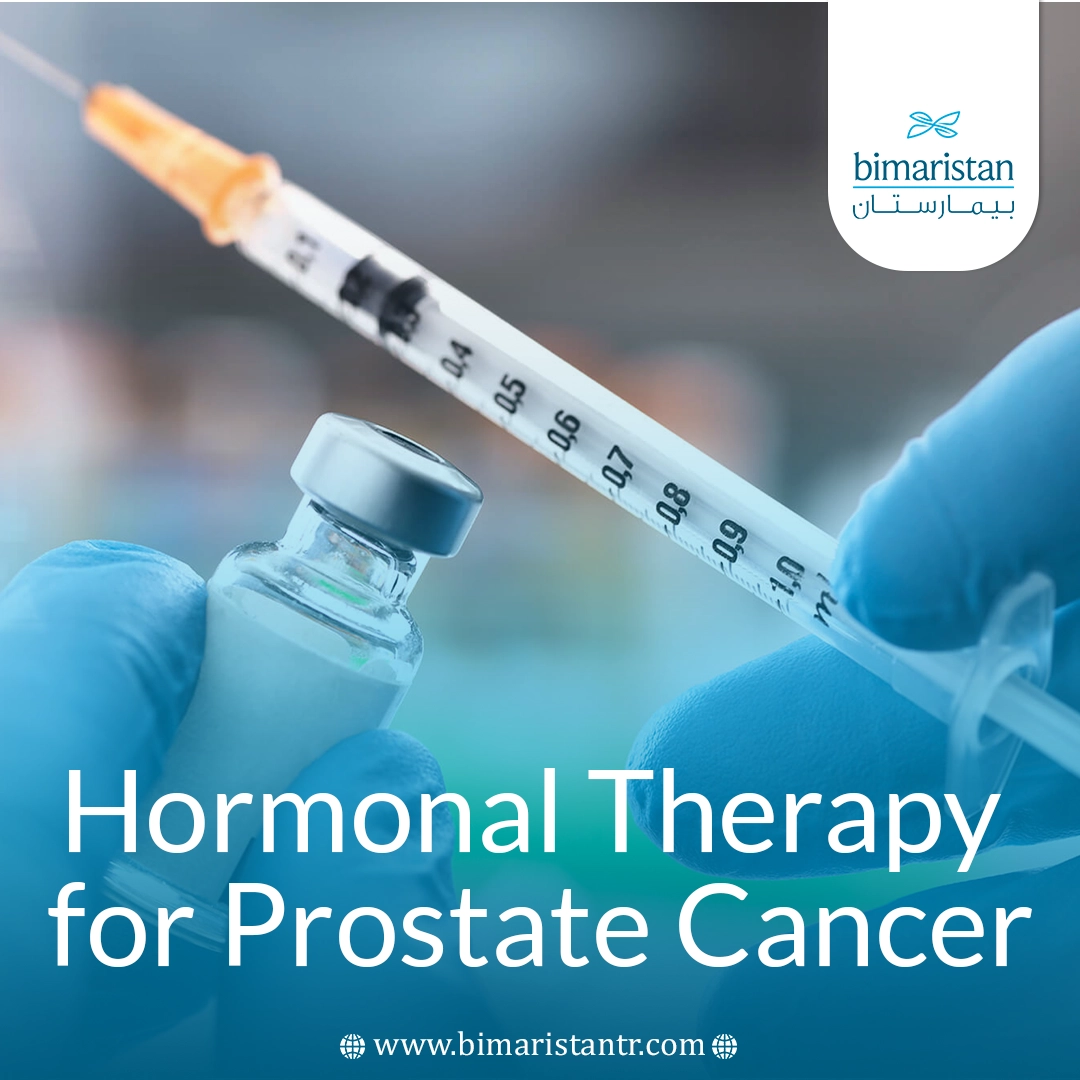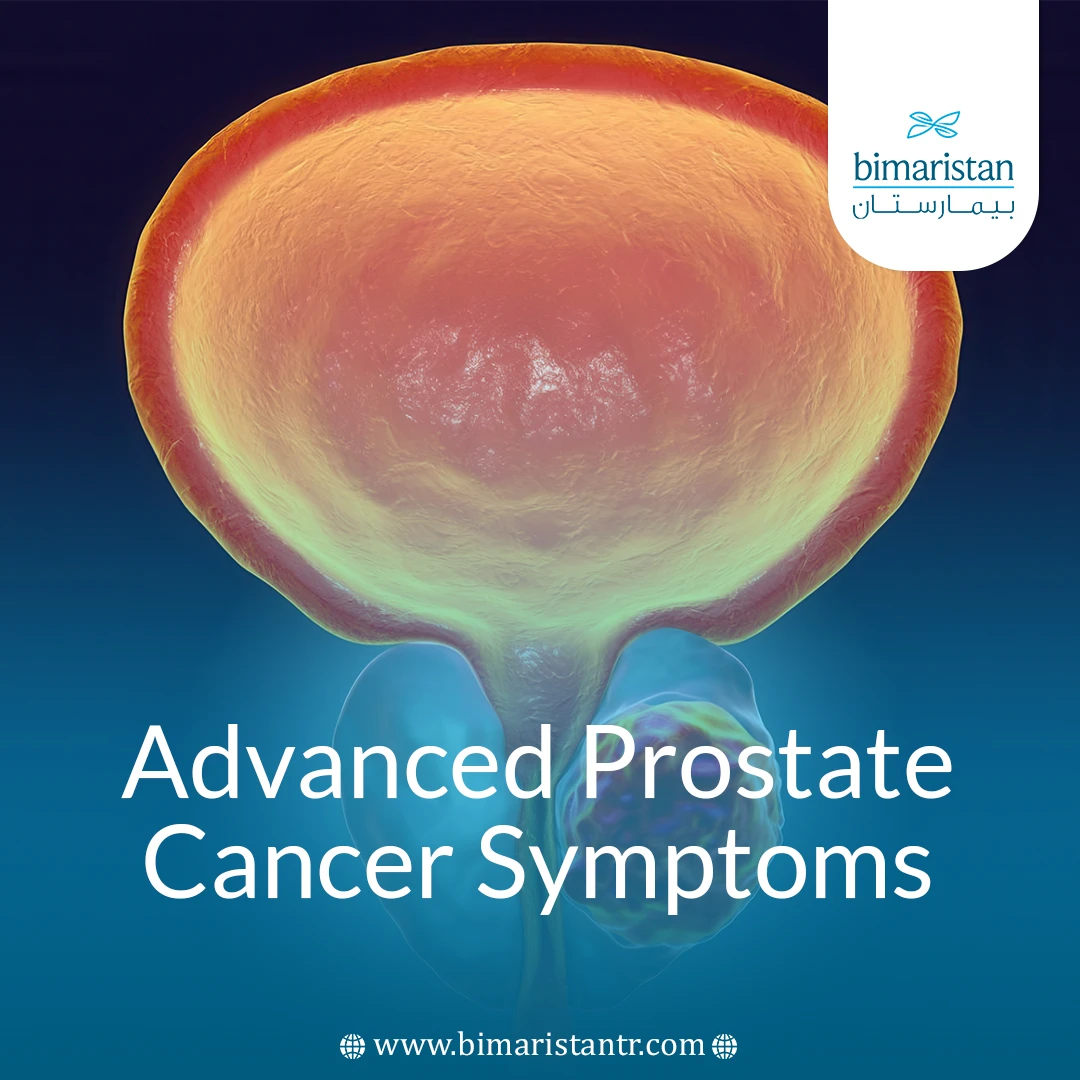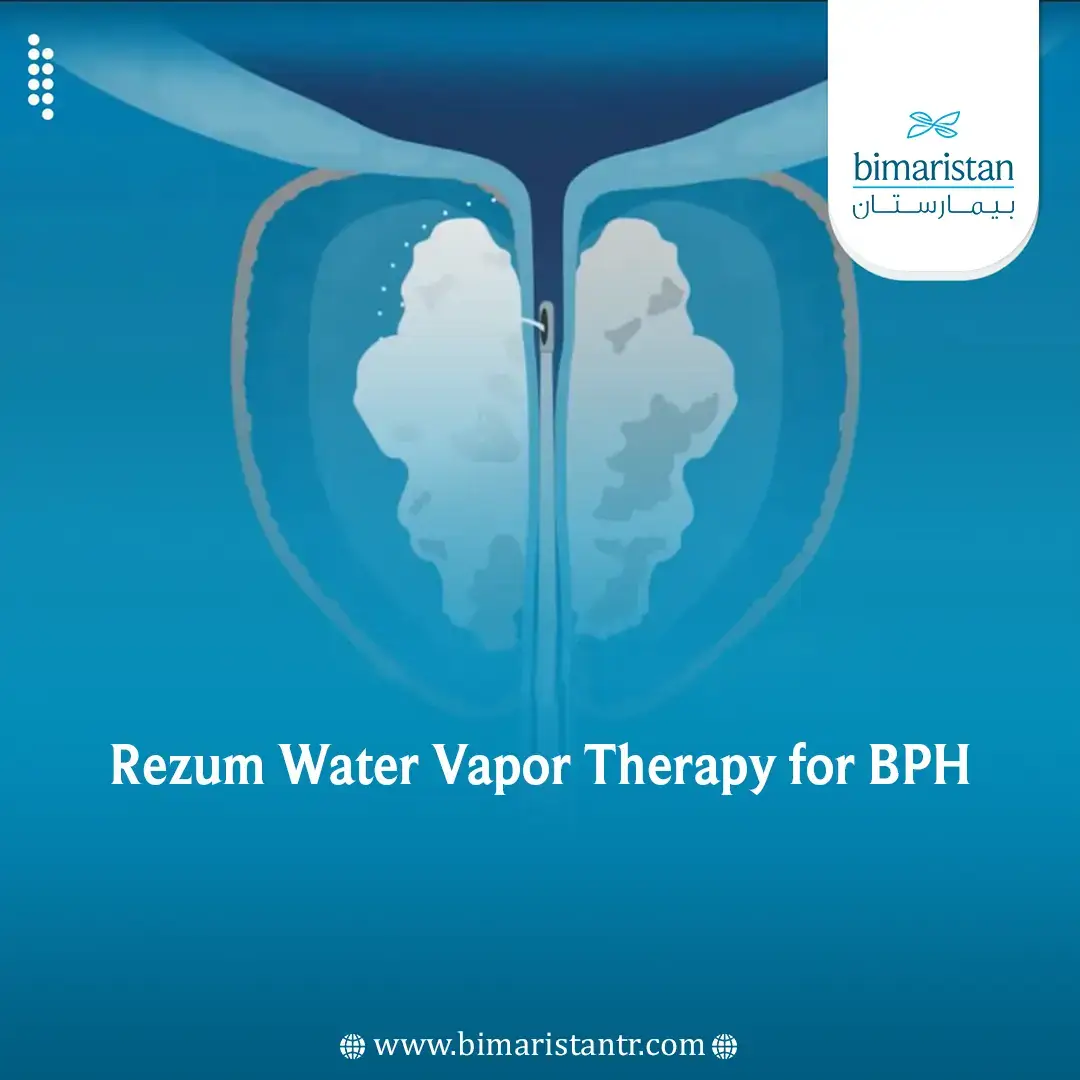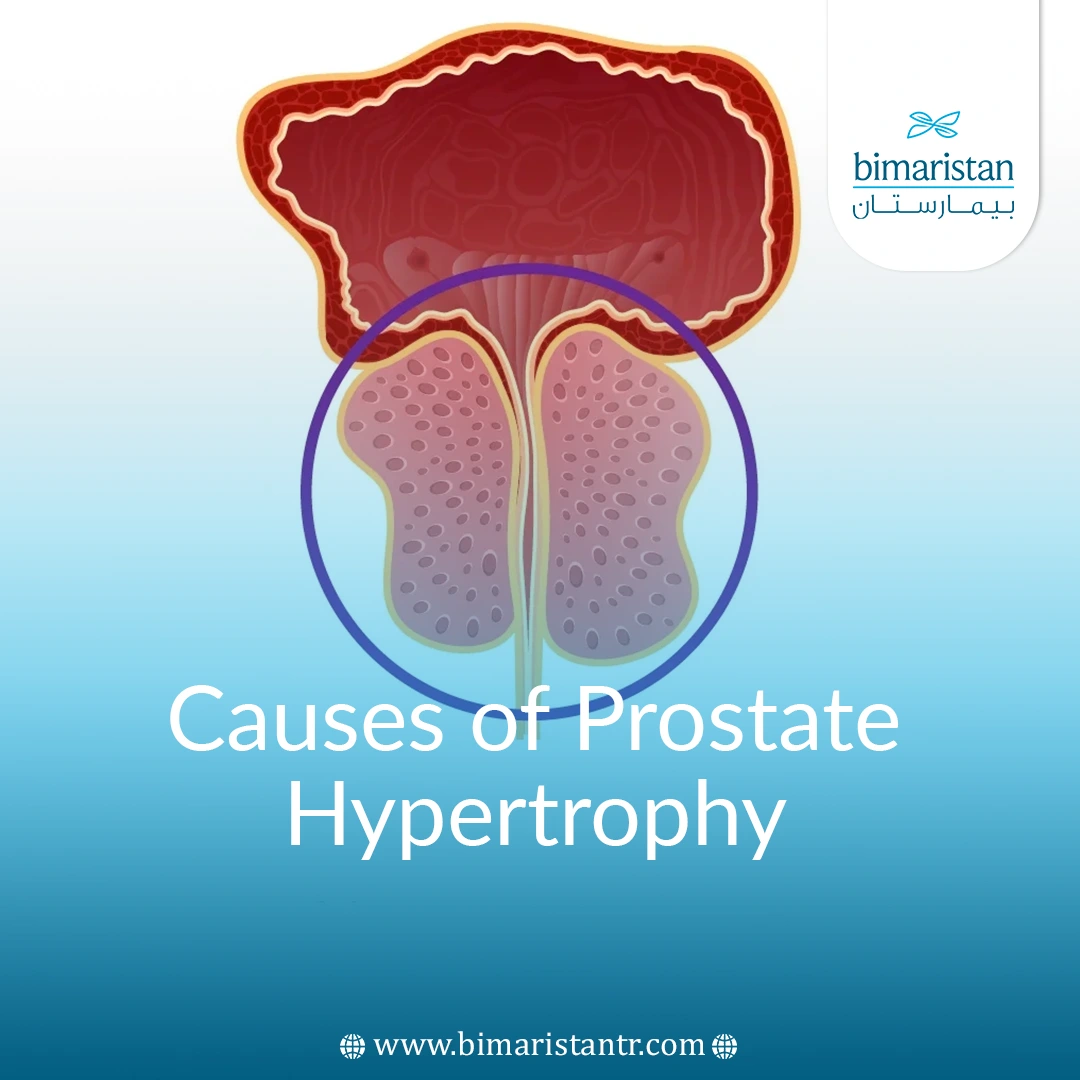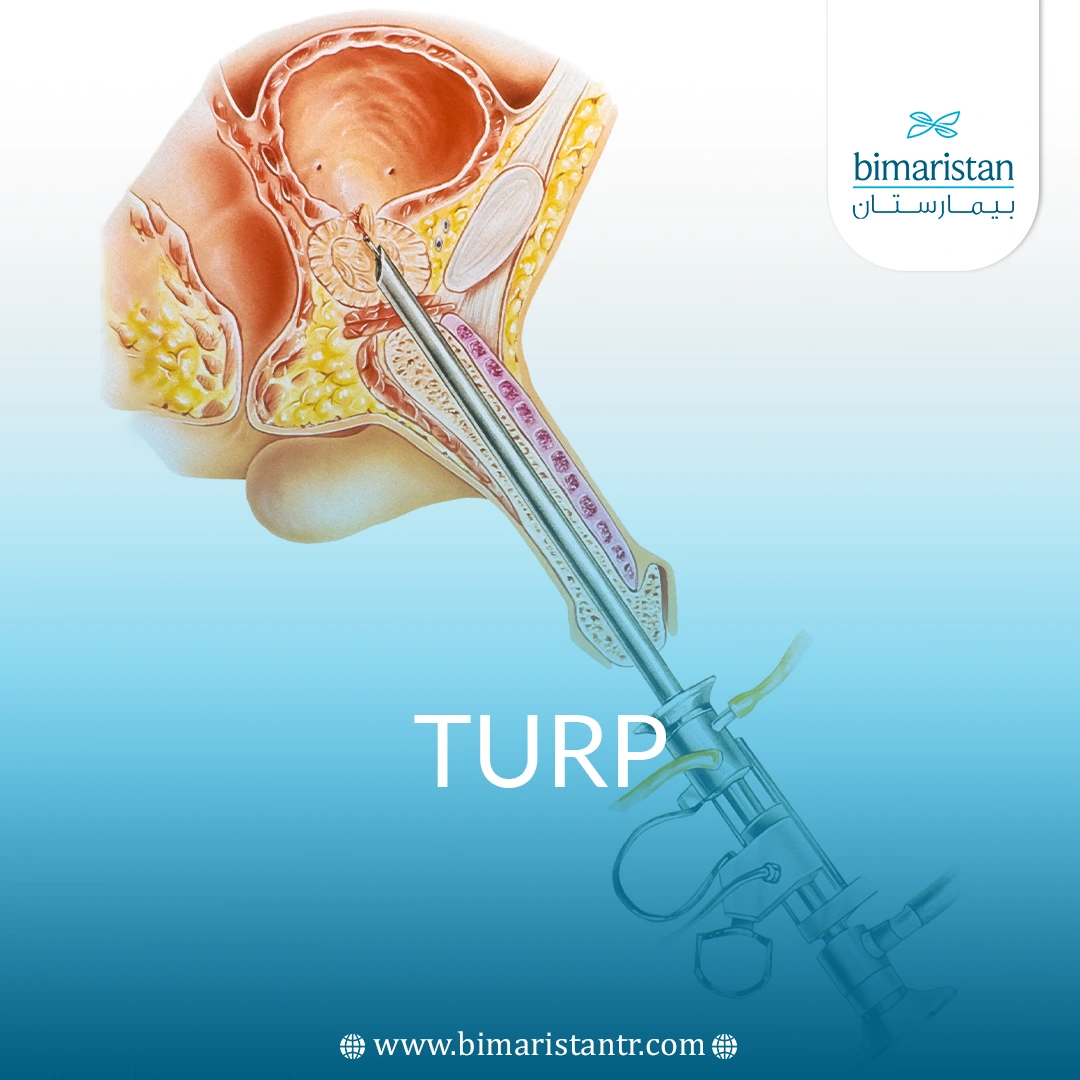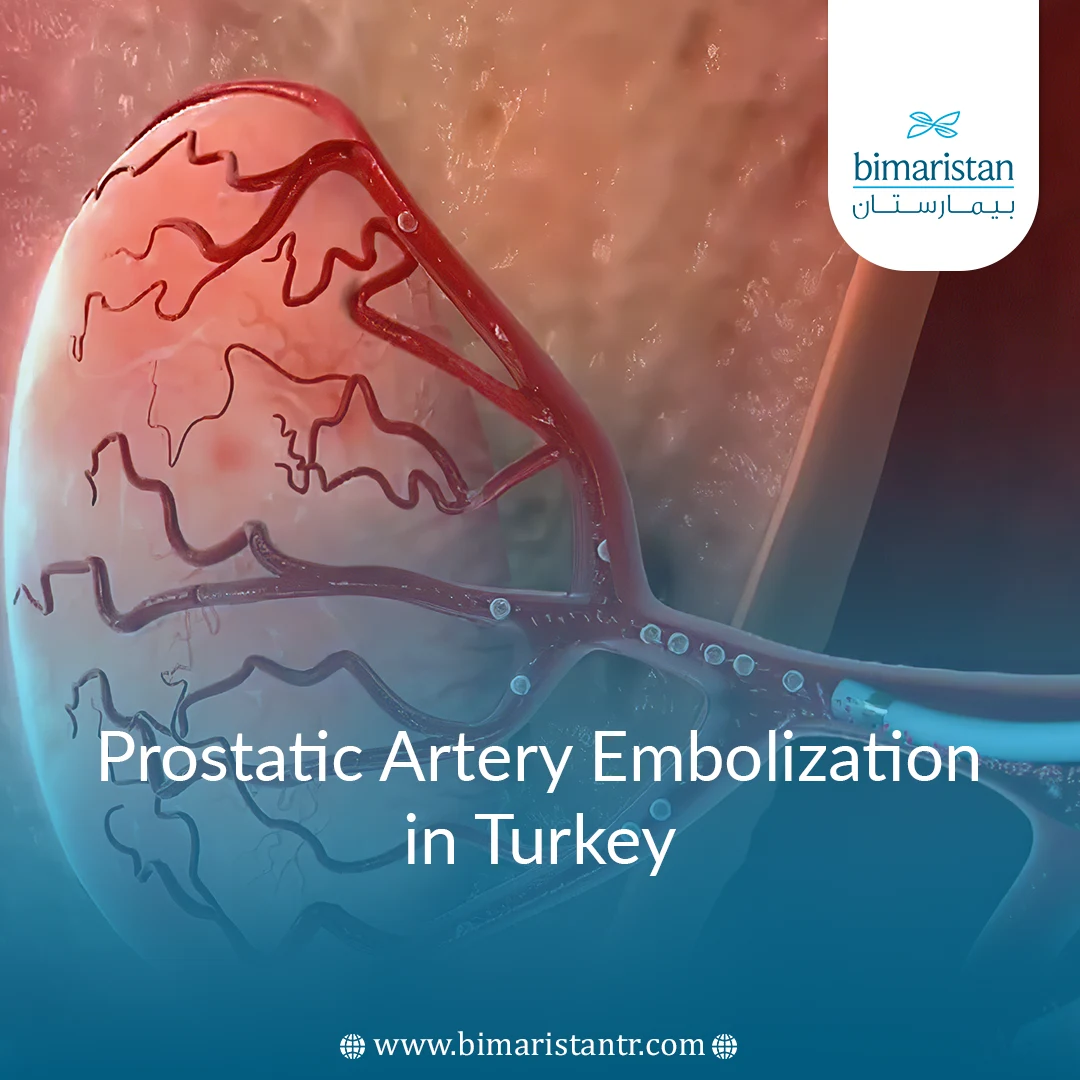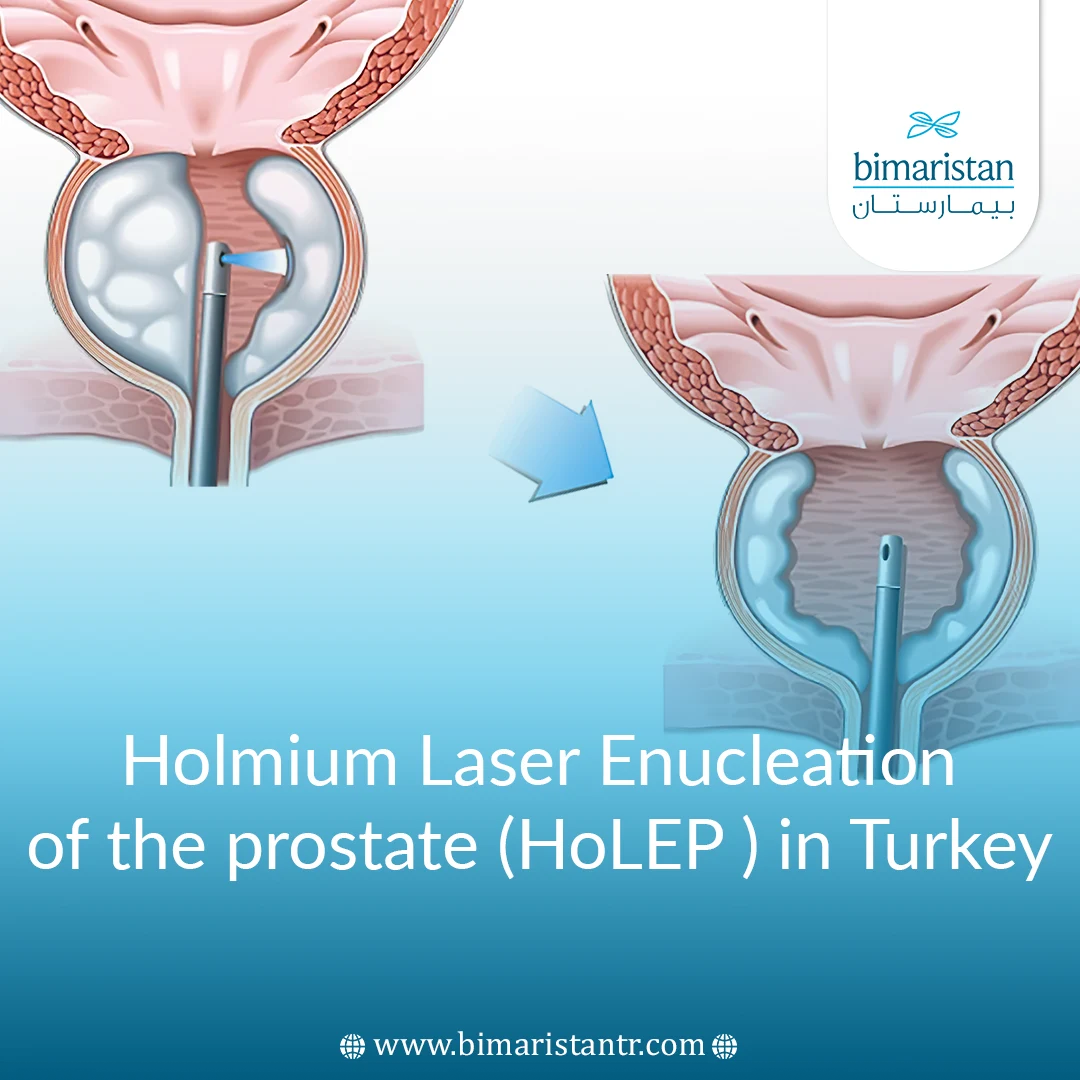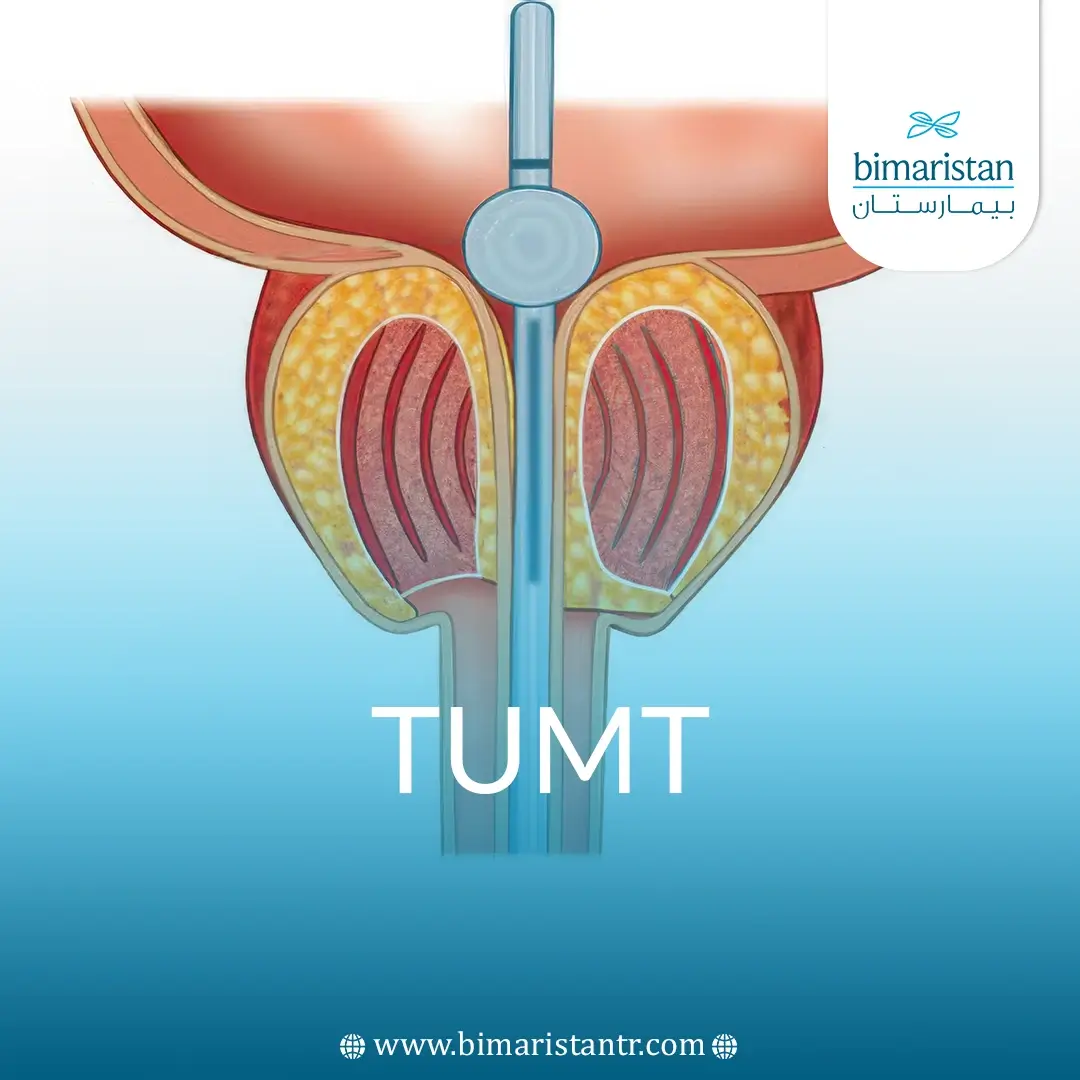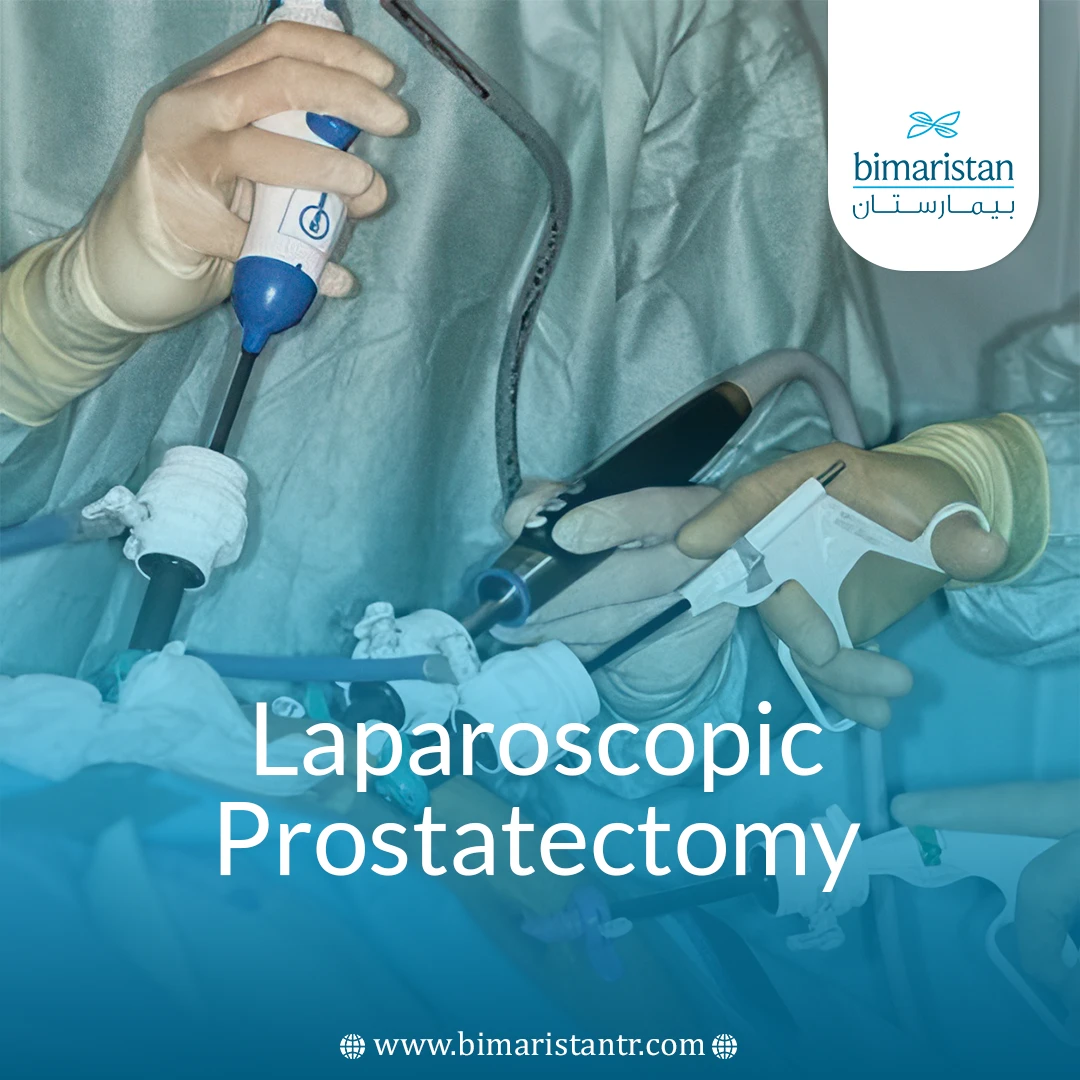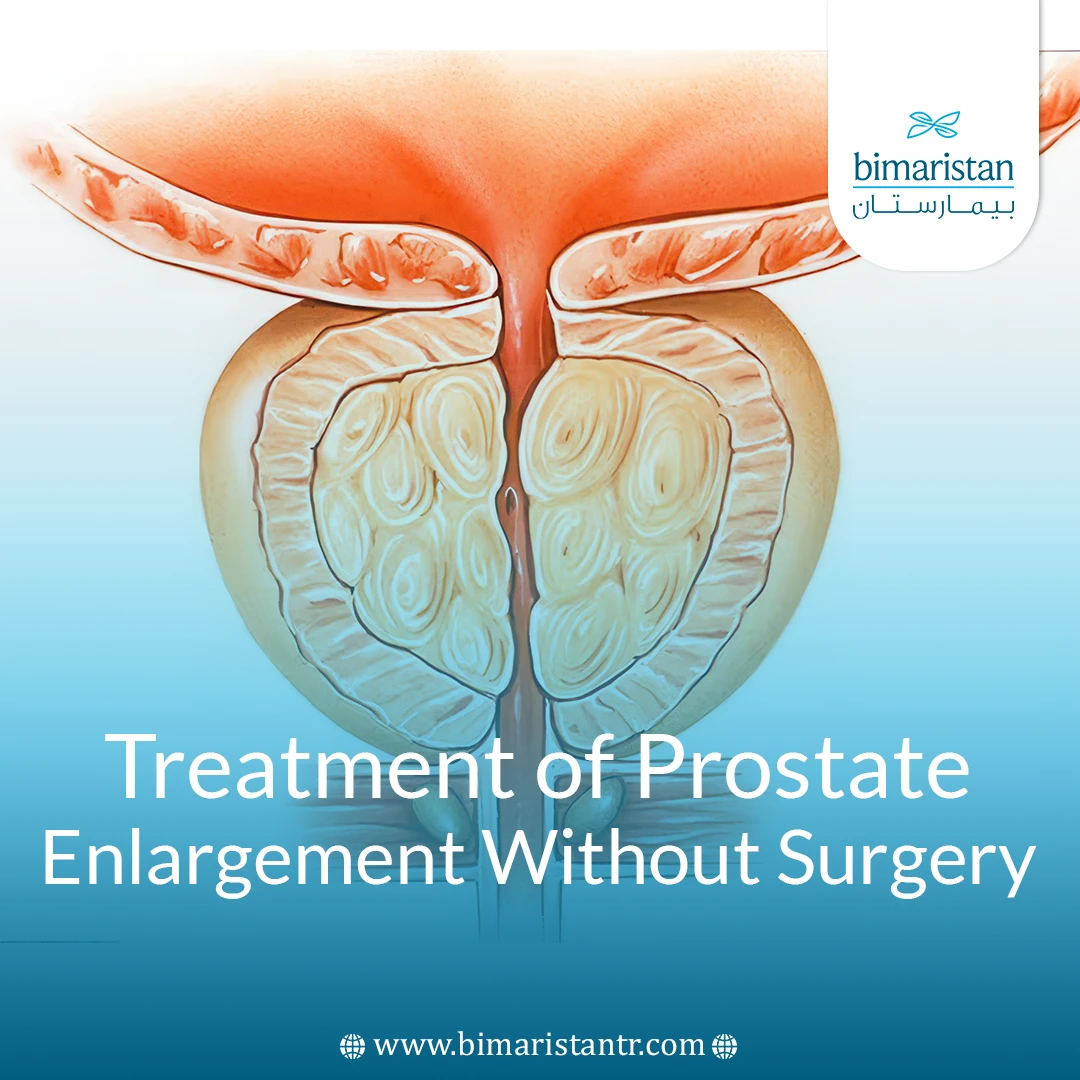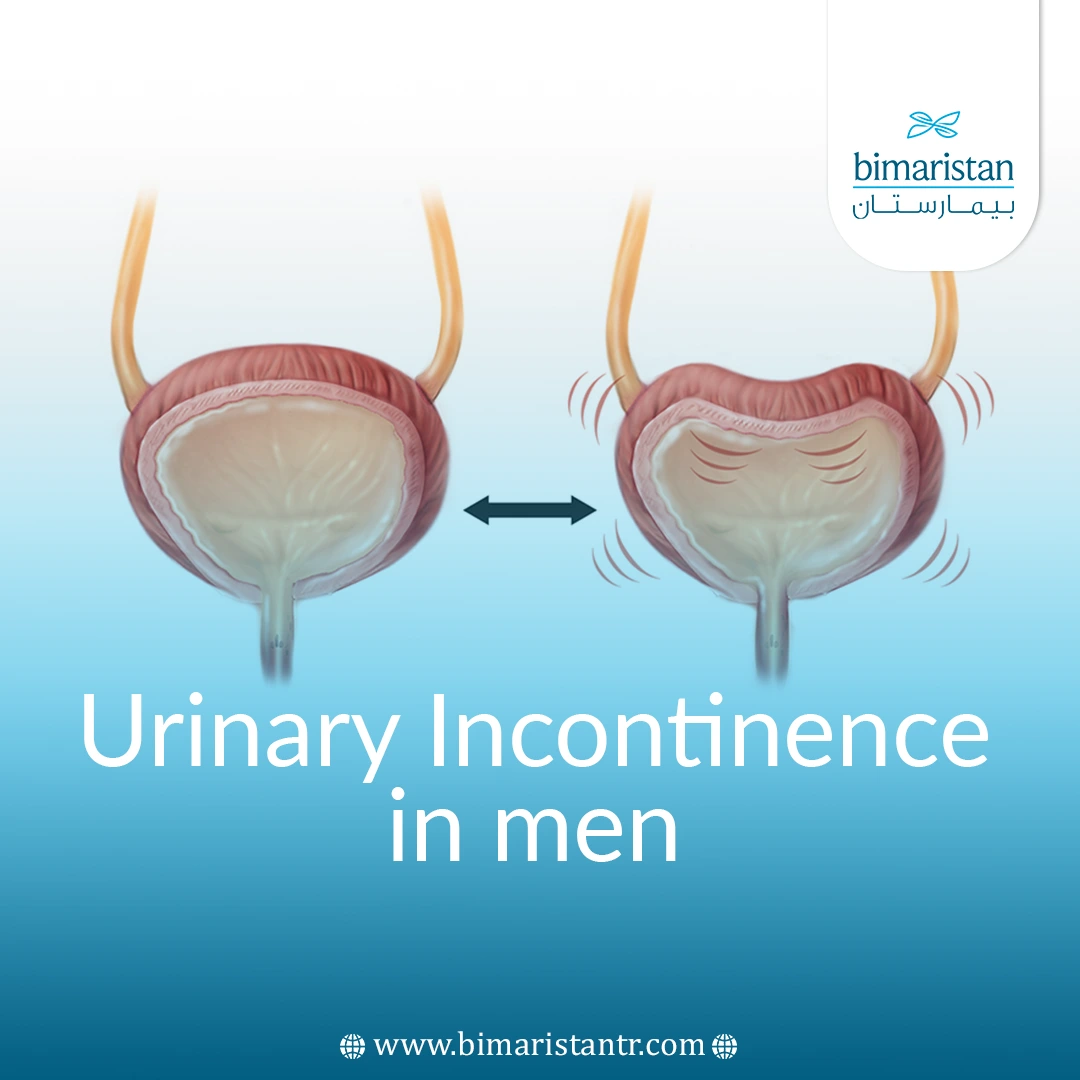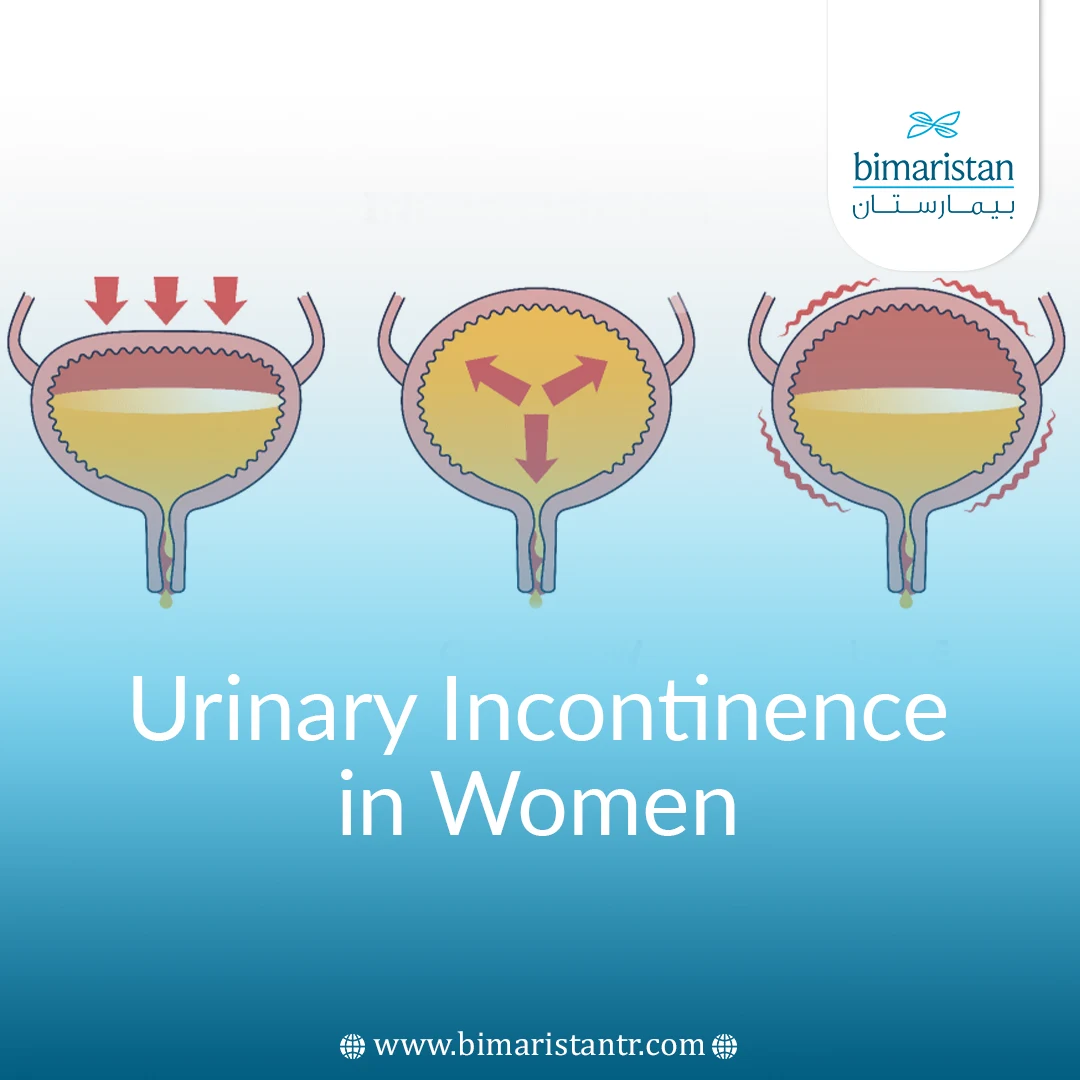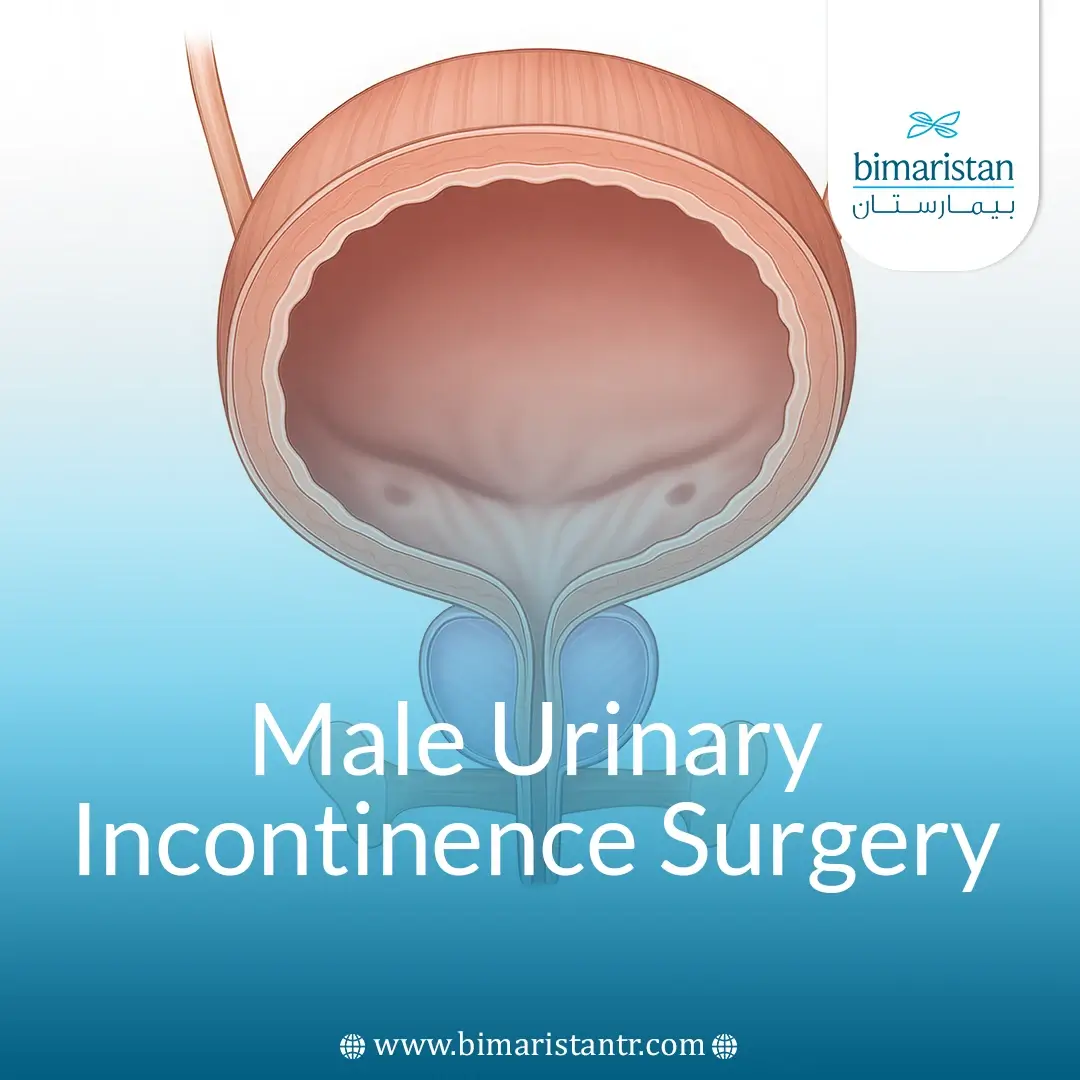
Urology
- Kidney Stones Causes, symptoms & Treatment
- Treatment of Male Infertility
- Urinary incontinence: Types, causes and treatment
- Surgical Urethral Stricture Treatment: Causes, Symptoms & Options
- Urinary Tract Infection: A Comprehensive Medical Guide
andrology
- Latest Treatments for Varicocele
- Hydrocele; Symptoms and its Treatment
- Cryptorchidism Treatment: Undescended Testicle Surgery
- Gynecomastia Natural Treatment
- Success conditions of ICSI
- ICSI Procedure
- Varicocele Embolization: Advanced Non-Surgical Treatment Options in Turkey
- Sperm Abnormalities Causes: Factors and treatments
- Varicocele Causes: Prevention and Treatment
- The laparoscopic varicocelectomy cost in Turkey: The Comprehensive Guide 2025
- Penile Implants: The Ultimate Solution to Restore Confidence
- Cystitis and Fertility: How Bladder Infections Affect Reproductive Health
- Erectile dysfunction: Causes, Diagnosis and Treatment
- Sexual and Fertility Problems After Spinal Cord Injury: Causes & Solutions
- Laparoscopic varicocele surgery: To treat male infertility
- Varicocele Embolization: Say Goodbye to Surgery
- Weak Sperm: Causes, Symptoms, and Treatment Options
- Microsurgical Varicocelectomy: The Most Advanced Approach to Varicocele Repair
bladder urethra
- Bladder Cancer Symptoms and Treatment
- Urinary Tract Infection in Men | Causes, Treatment
- Latest Neurogenic Bladder Treatment Methods in Turkey
- Bladder Reconstruction (Neobladder) in Turkey
- Transurethral removal of bladder tumour (TURBT)
- Surgery for Vesicoureteral Reflux: An Effective Solution for Reflux Issues
- Bladder Cancer Surgery: When It’s Needed and What the Risks Are
- Surgical treatment of ureteral obstruction: Modern methods and success rate
- Botox Neurogenic Bladder Treatment: Effective method
- Artificial bladder implantation after cancer: A modern alternative to bowel use
- Neurogenic Bladder Battery Explained: A New Era in Urinary Management
- Urinary Tract Infection in Women: Causes, Symptoms, and Treatment
kidney
- Dialysis Fistula: What Is an Arteriovenous Shunt and How It Works
- Early Kidney Failure Symptoms and its Treatment
- Kidney Cancer Treatment; Turkey and Cancer Treatment at the Lowest Cost
- After a Kidney Transplant: The Comprehensive Guide 2025
- Pediatric Kidney Transplant: Causes, Procedure, and Outcomes
kidney stones
pediatric
prostate
- Prostate Cancer Treatment
- Best Treatment For Prostate Enlargement In Turkey
- Erectile Dysfunction After Prostate Treatment: Causes & Solutions
>> prostate cancer
- Robotic Prostatectomy
- HIFU Treatment for Prostate Cancer in Turkey 2025
- Radiation Therapy for Prostate Cancer: The Comprehensive Guide
- Types of Brachytherapy for Prostate Cancer: The Complete Guide
- Permanent Seed Brachytherapy for Prostate Cancer: A Precise and Effective Treatment Option
- Prostate Biopsy: The Gold Standard for Prostate Cancer Detection
- Understanding Prostate Cancer Stages and the Importance of Regular Follow-Up
- Prostate specific antigen (PSA Test)
- Hormonal therapy for prostate cancer: A comprehensive guide
- Surviving prostate cancer: Physical and psychological challenges after treatment
- Advanced Prostate Cancer Symptoms: Key Signs to Watch For
>> prostate hypertrophy
- Benign Prostatic Hyperplasia Symptoms
- Rezum Therapy for prostate without surgery 2025
- Causes of Prostate Hypertrophy at an Early Age
- Transurethral Resection of the Prostate in Turkey (TURP)
- Prostatic Artery Embolization: Blocking the Prostatic Artery
- HoLEP Laser Treatment for Prostate Enlargement in Turkey
- “Transurethral Microwave Therapy (TUMT) for BPH: Benefits, Procedure, and Recovery
- Laparoscopic Prostatectomy: Procedure, Benefits, and Recovery Explained
- Treatment of Prostate Enlargement Without Surgery: Top Medical and Drug-Based Solutions
